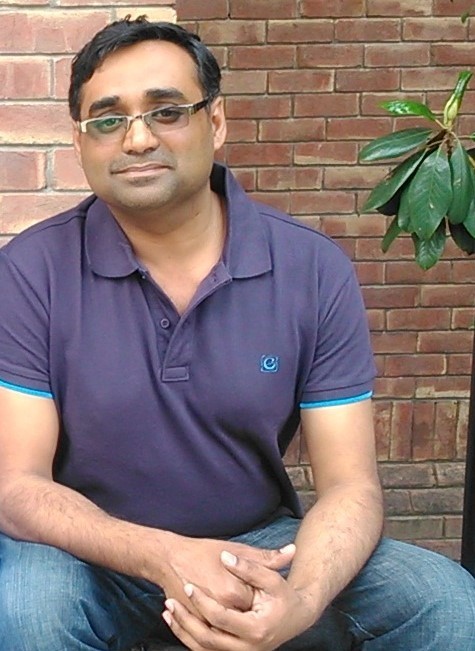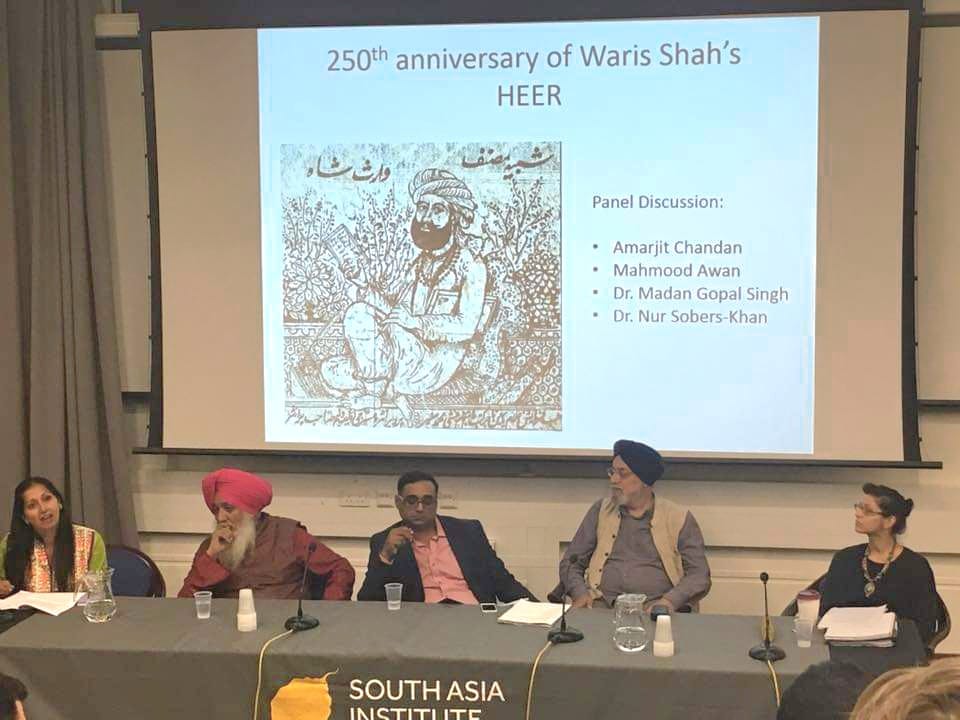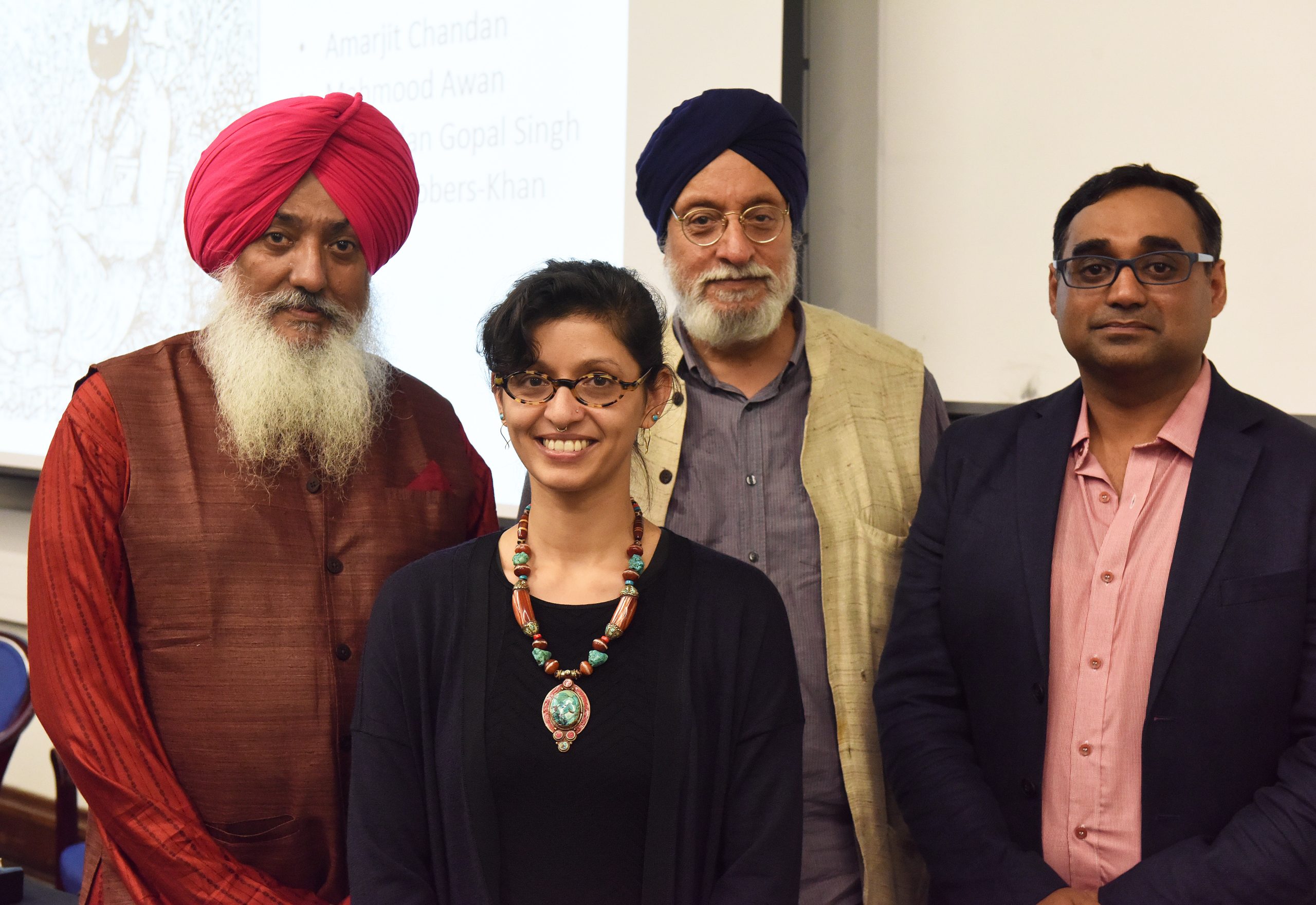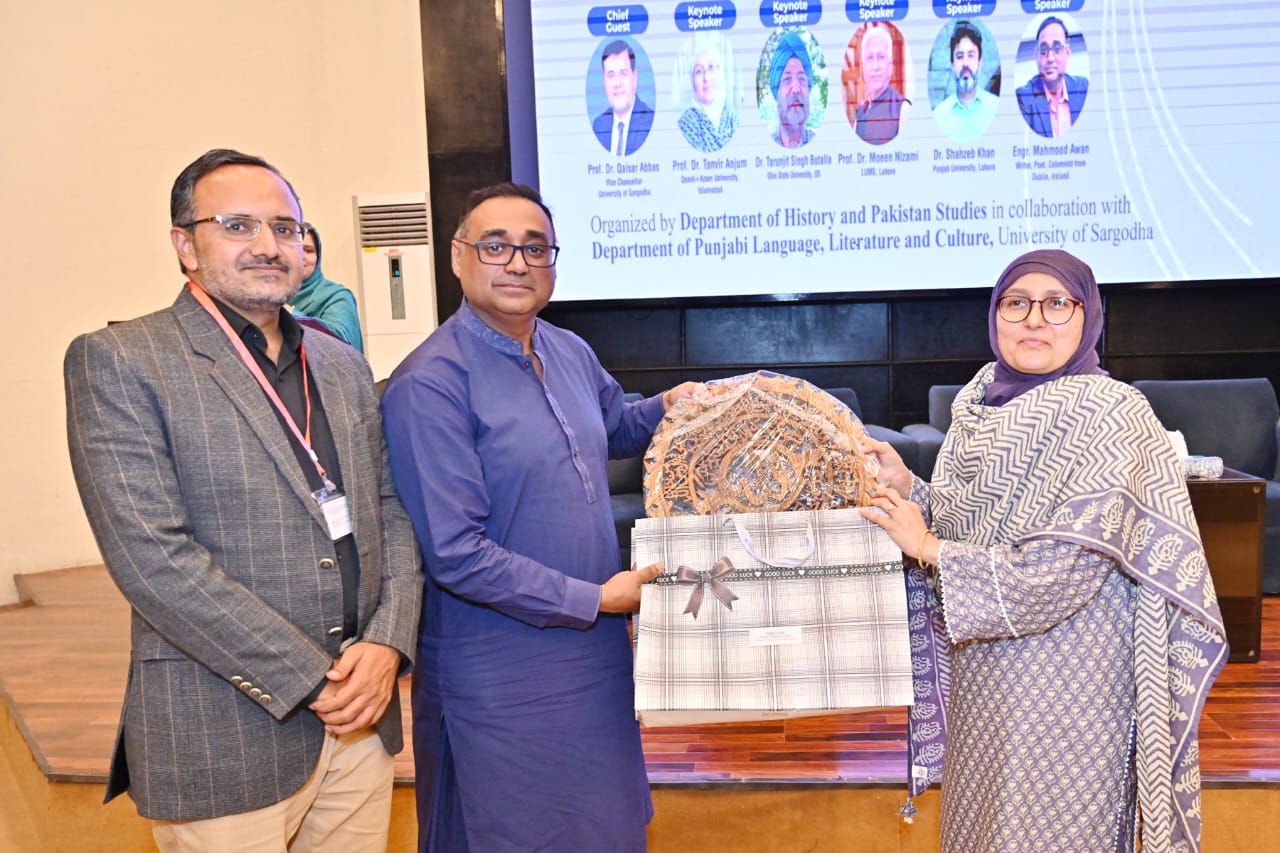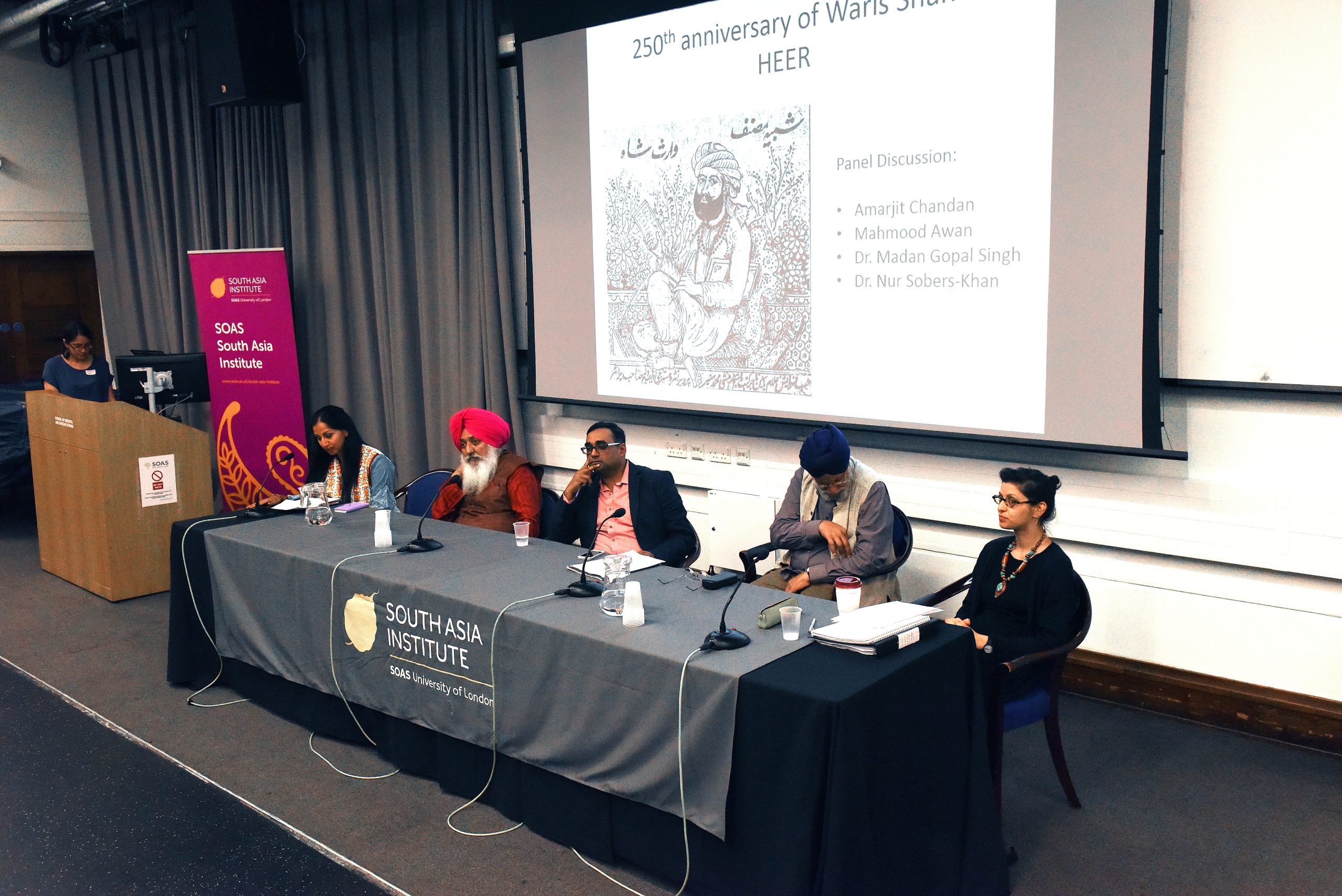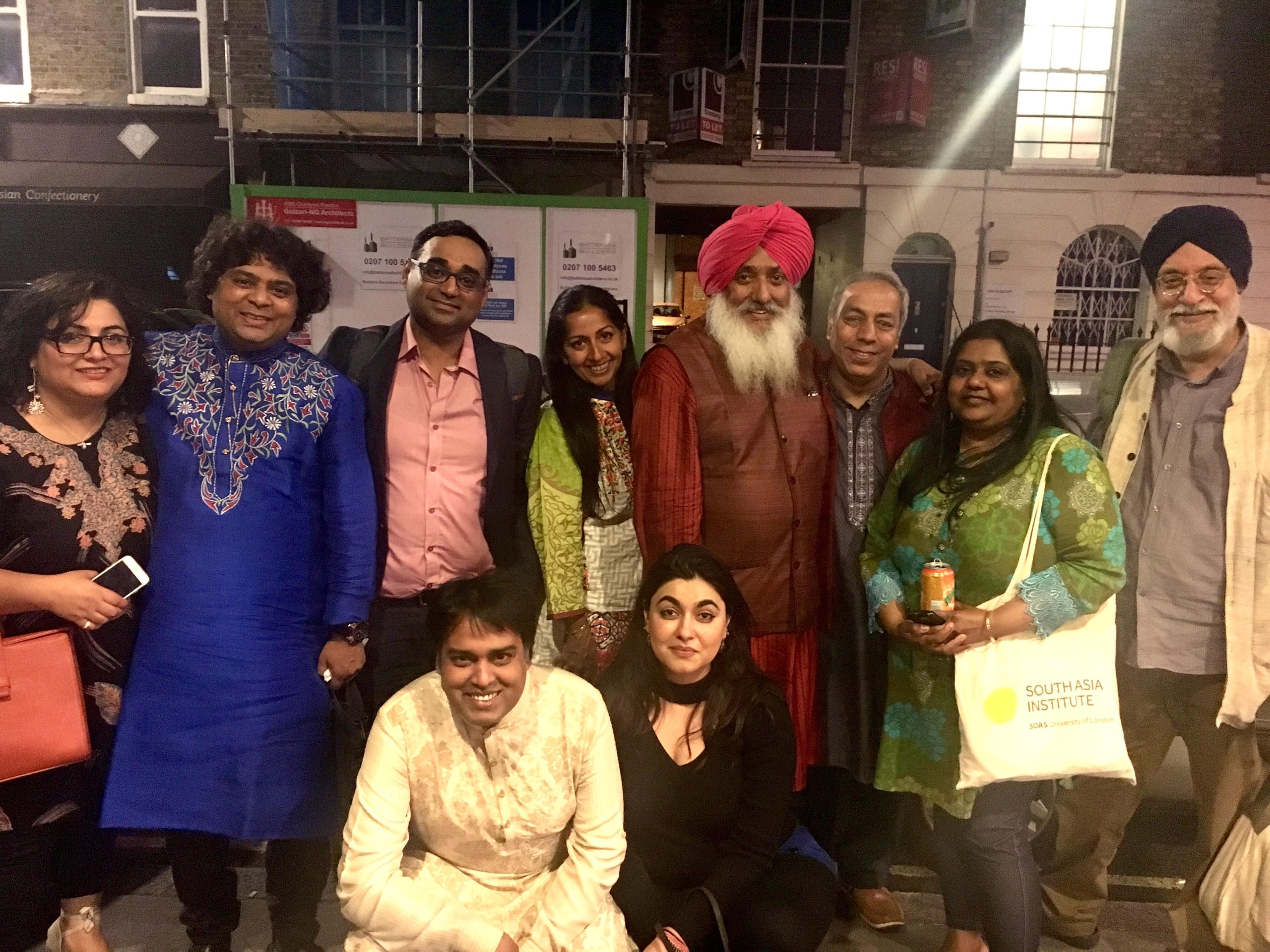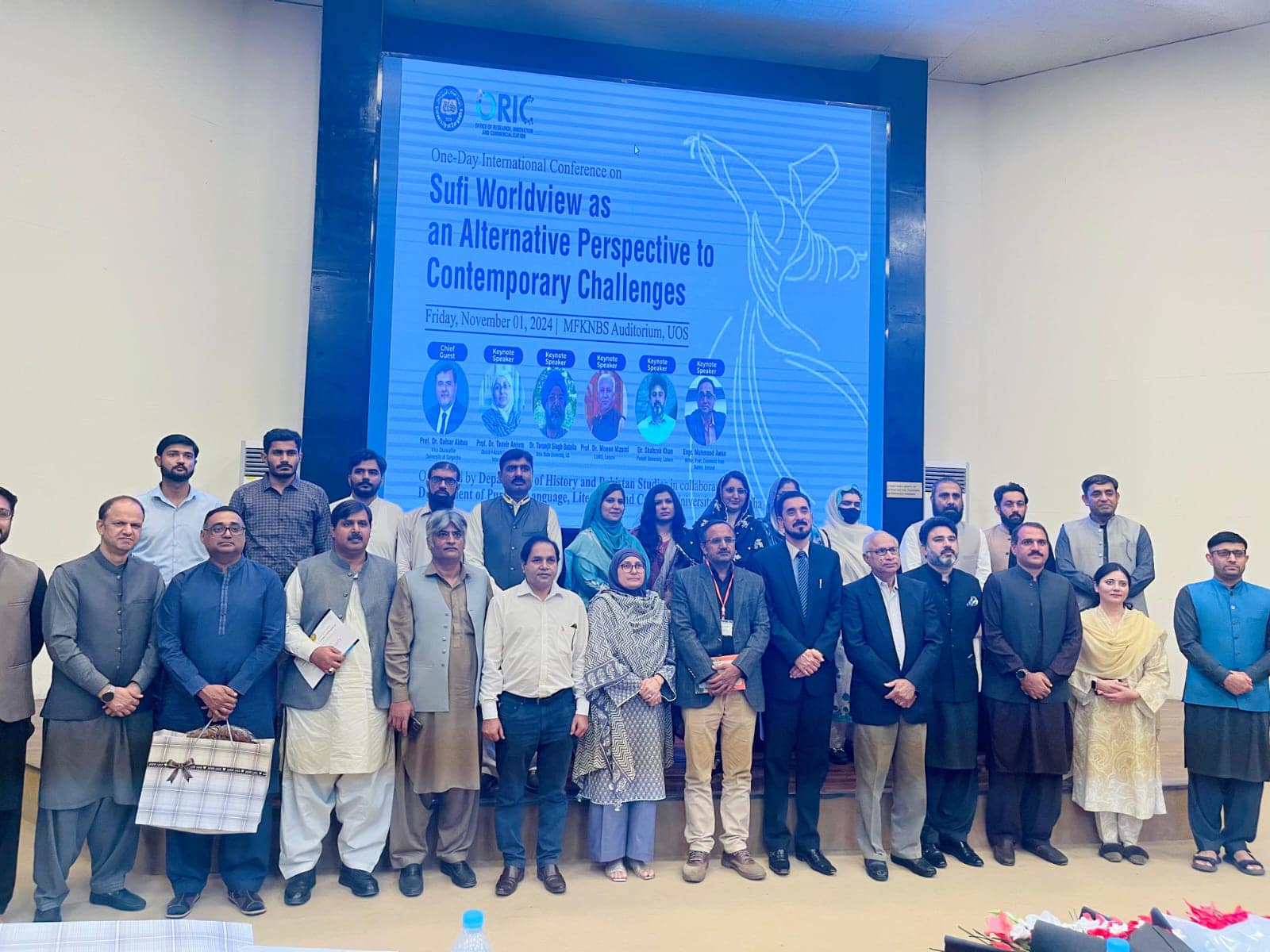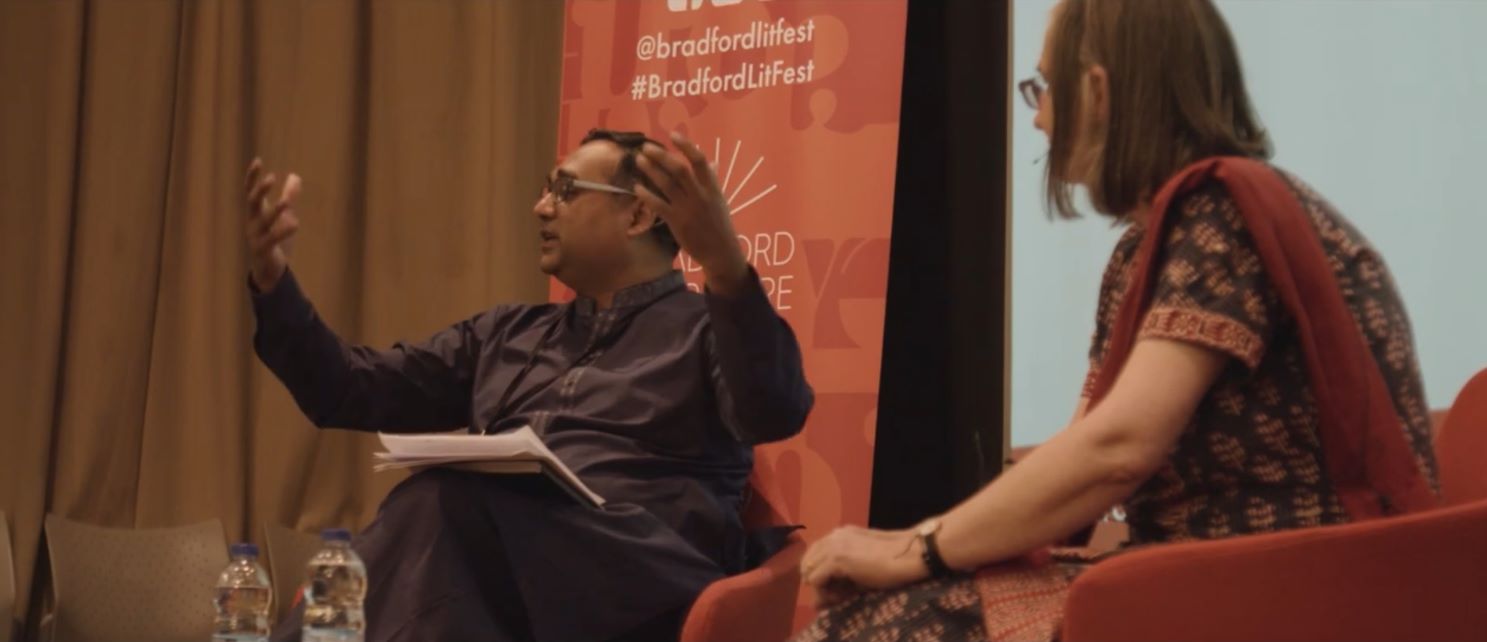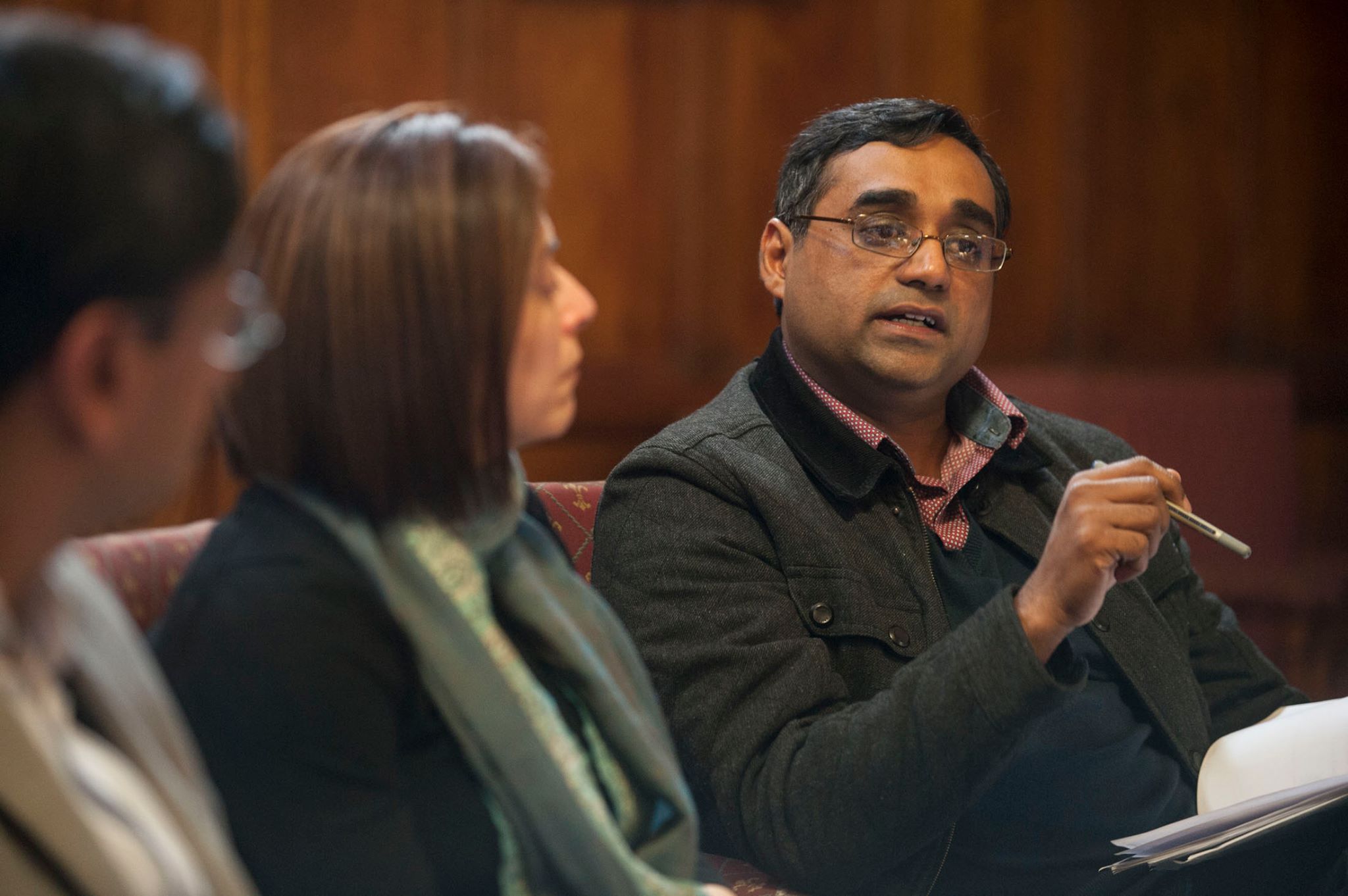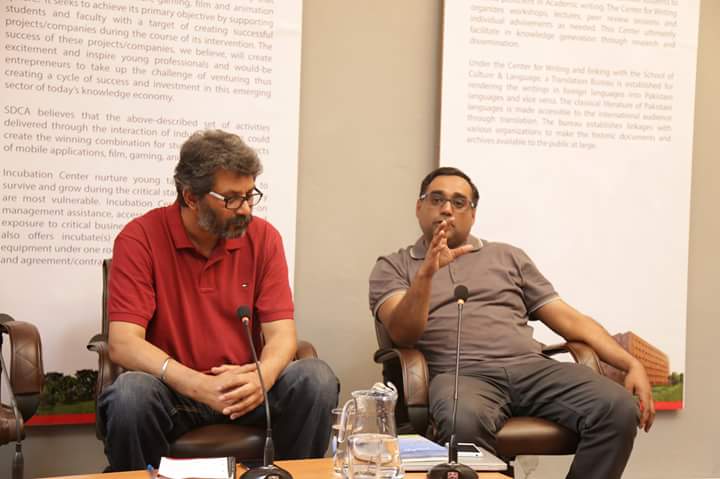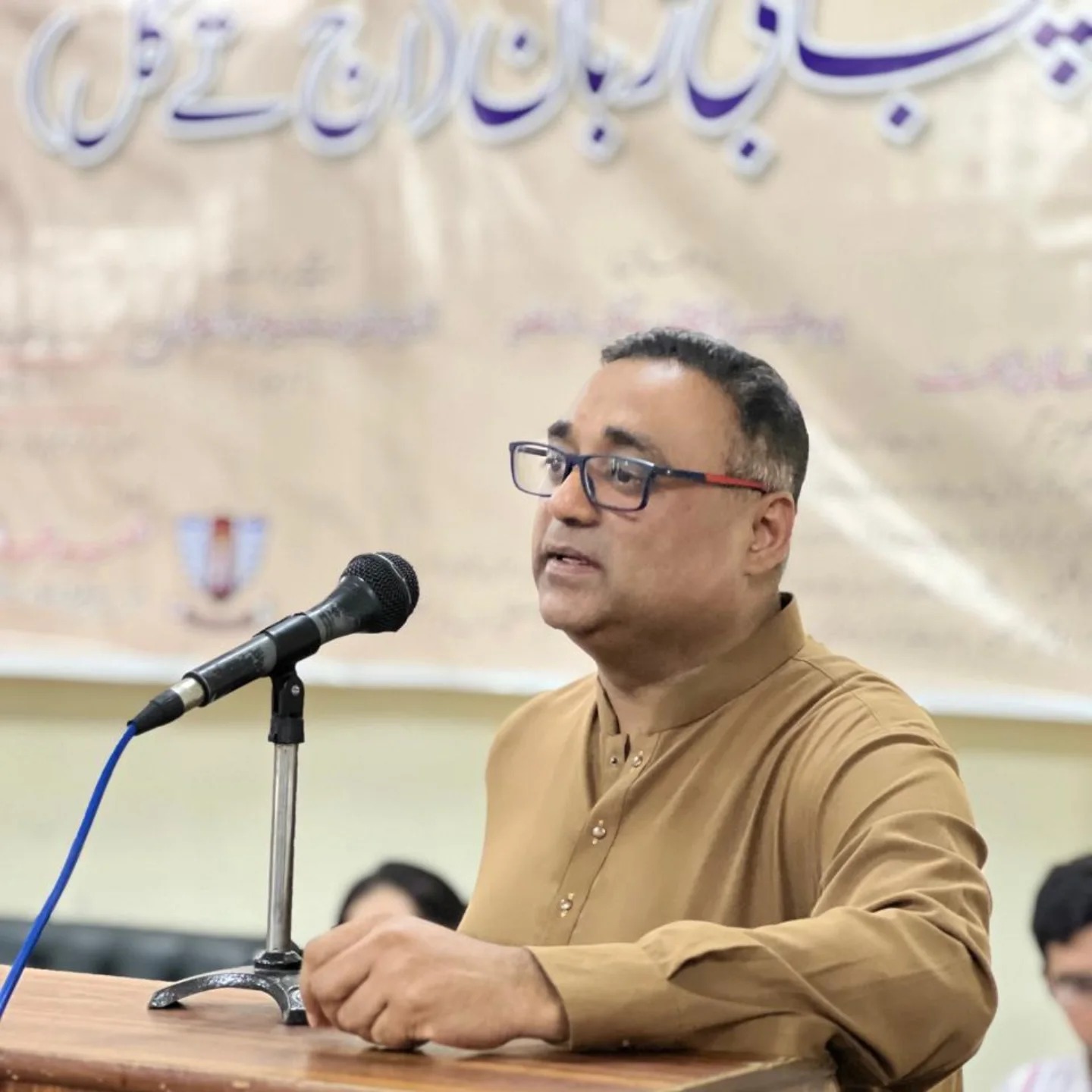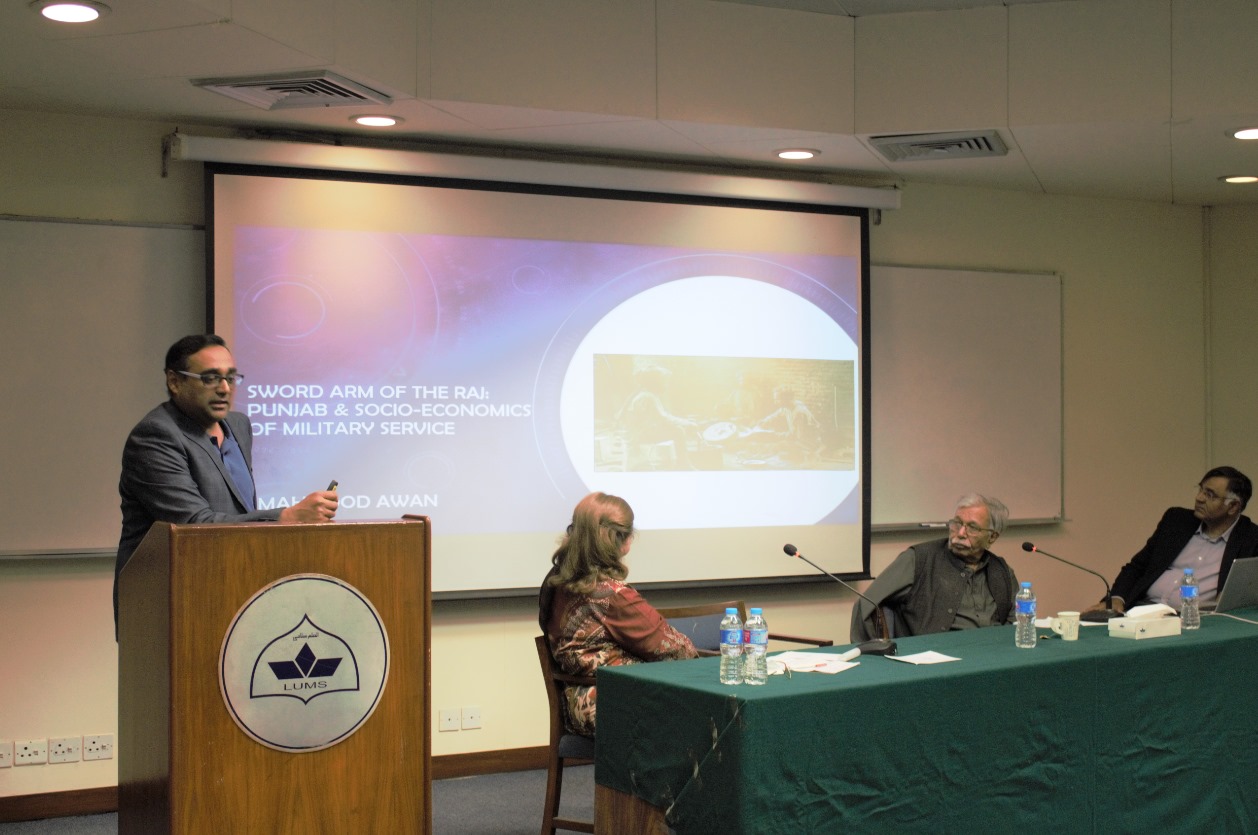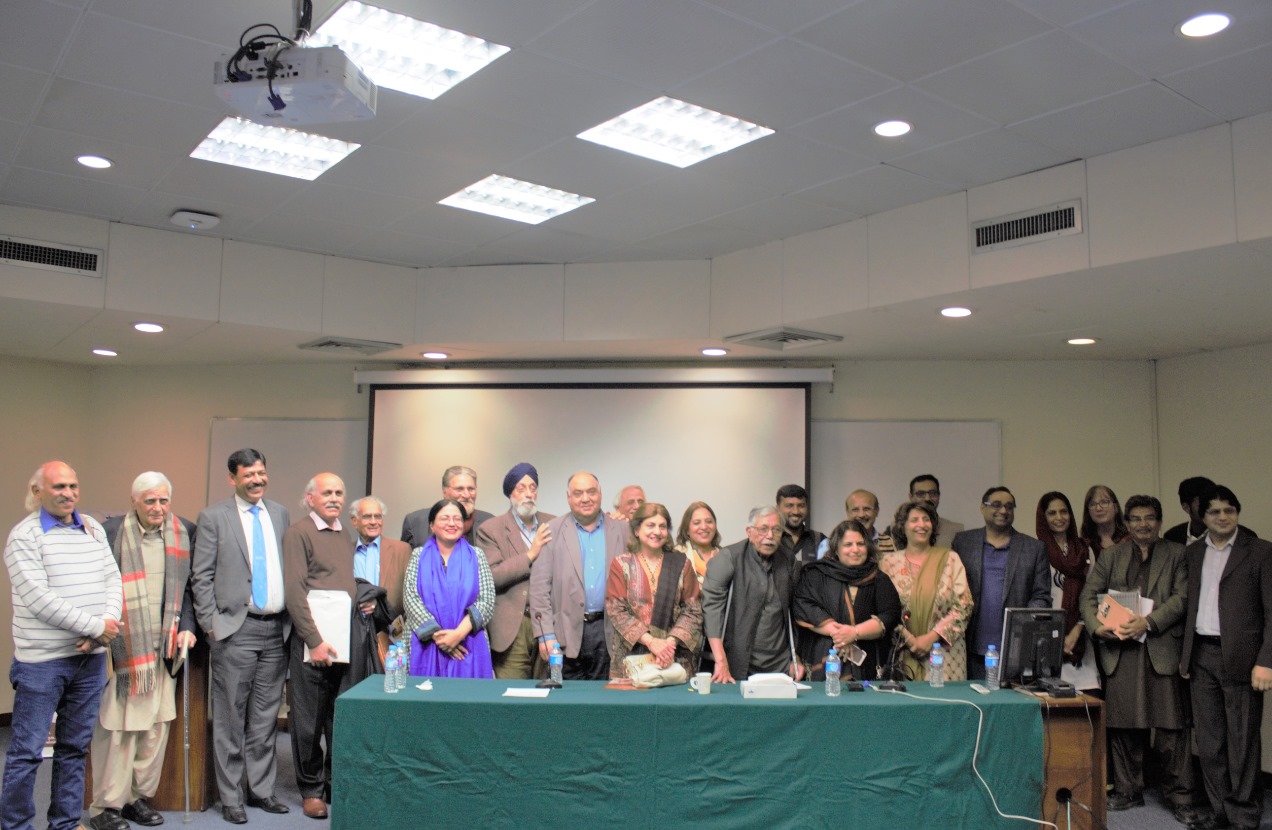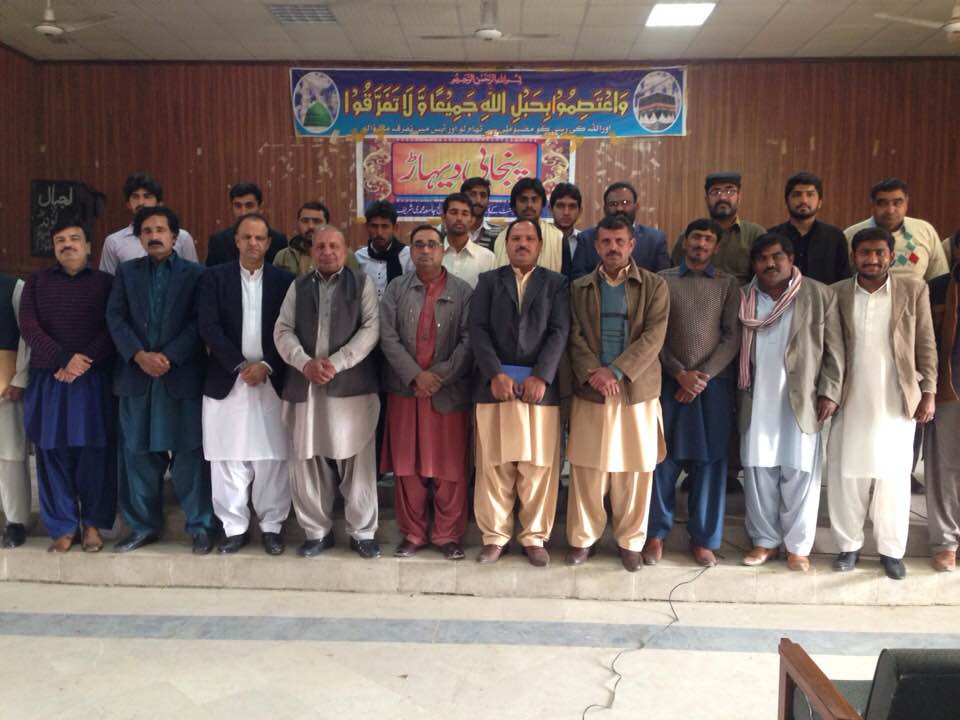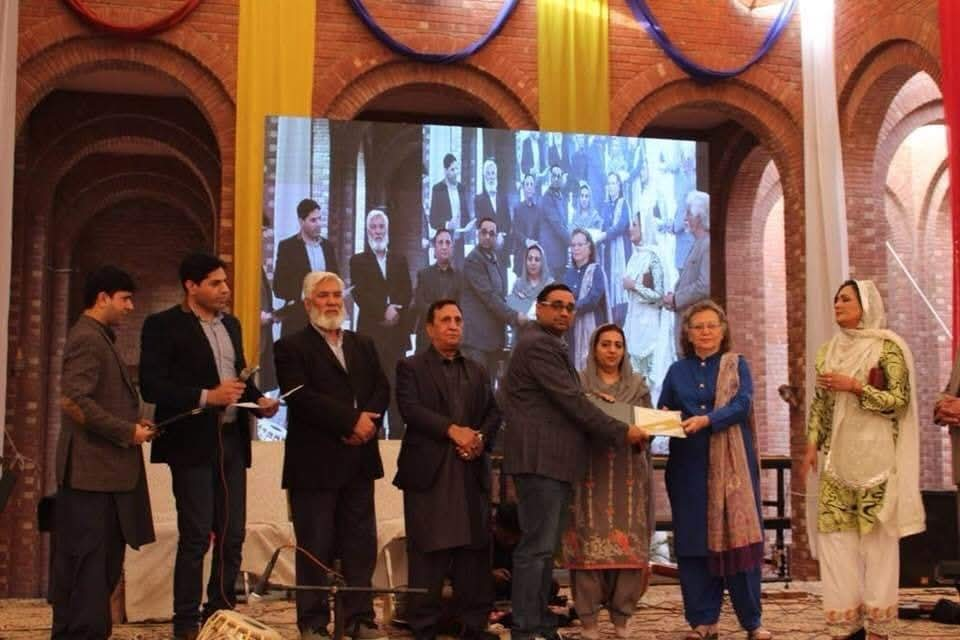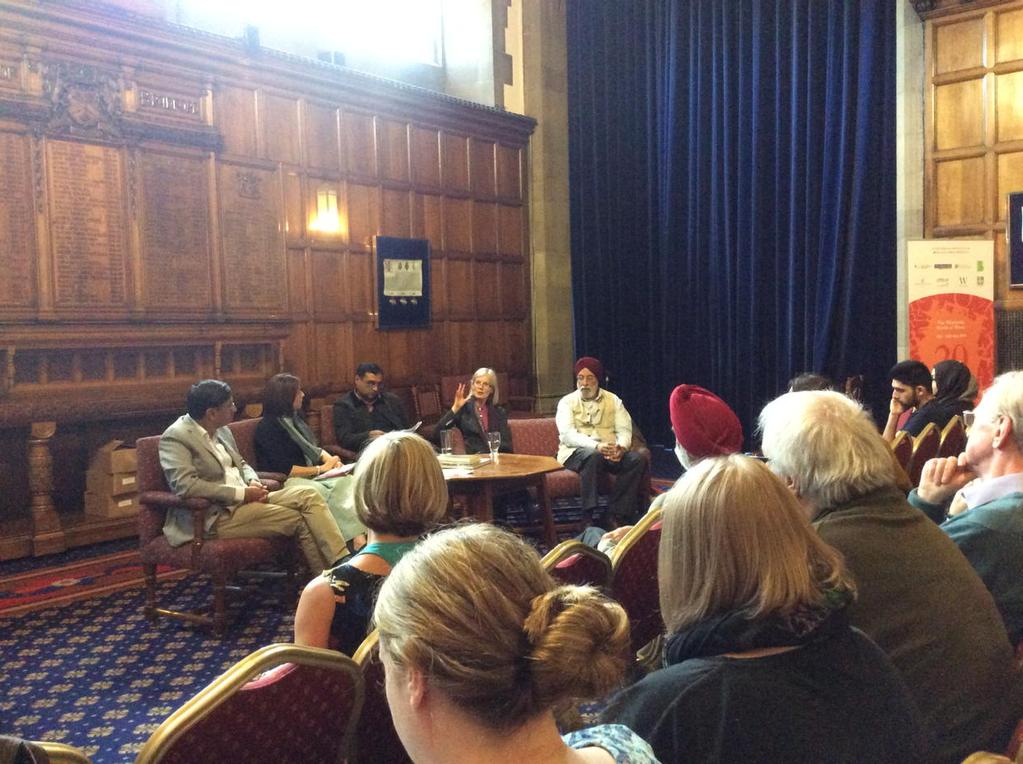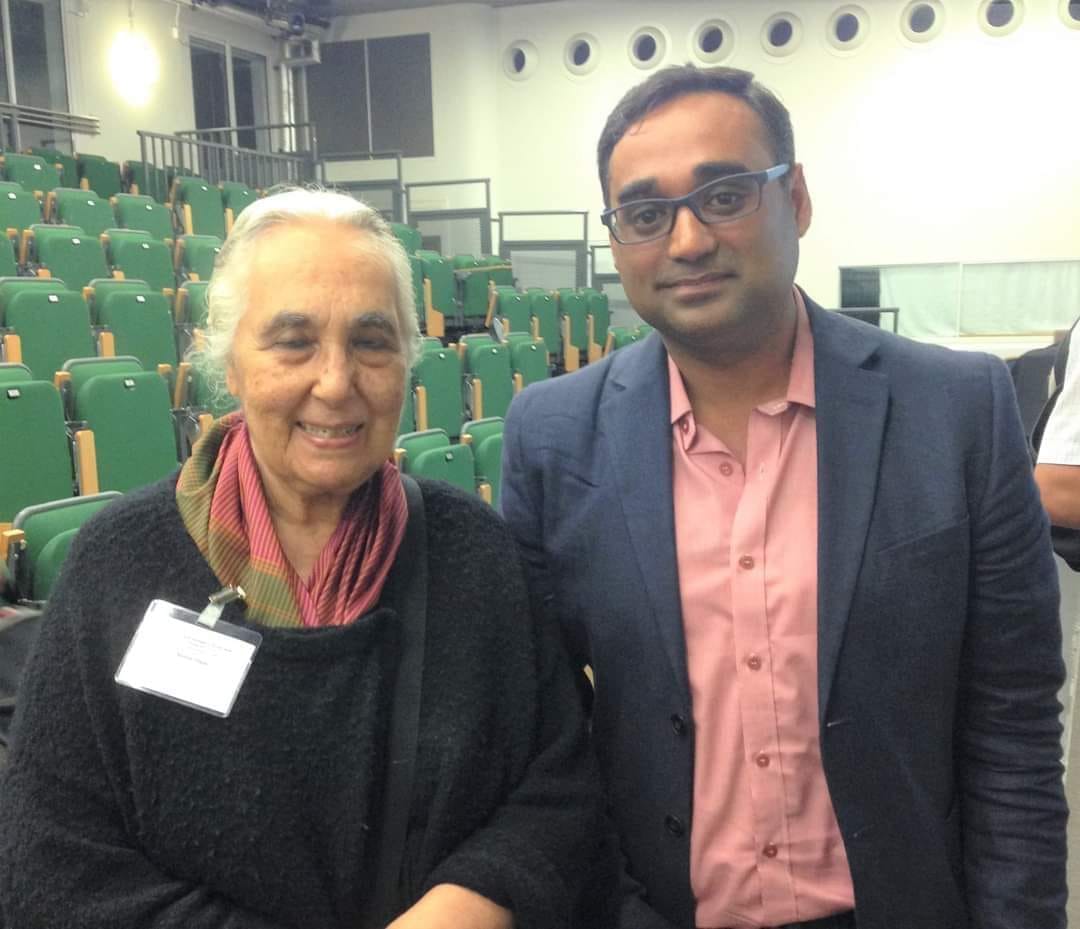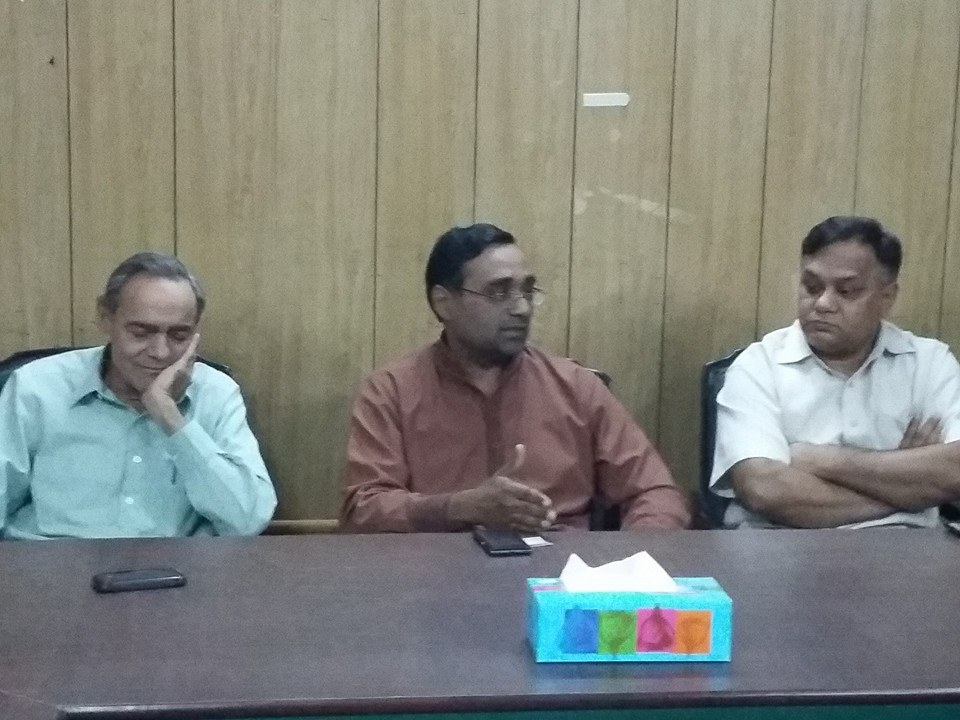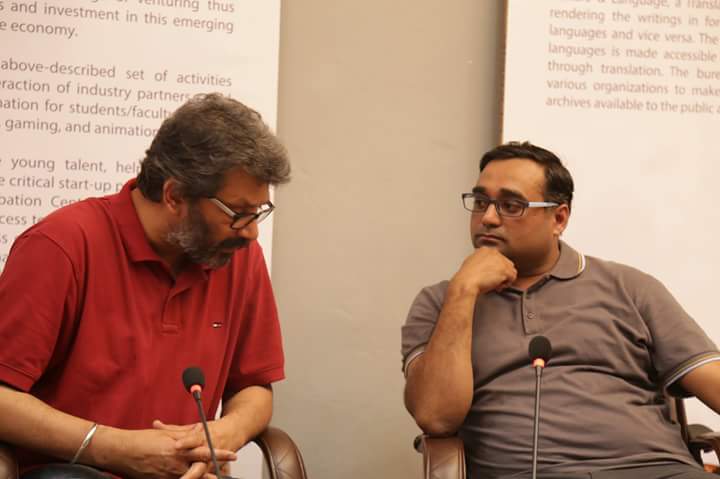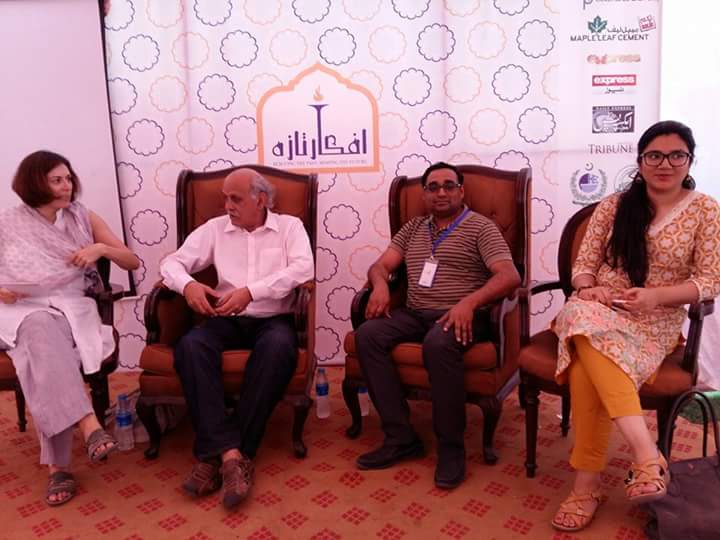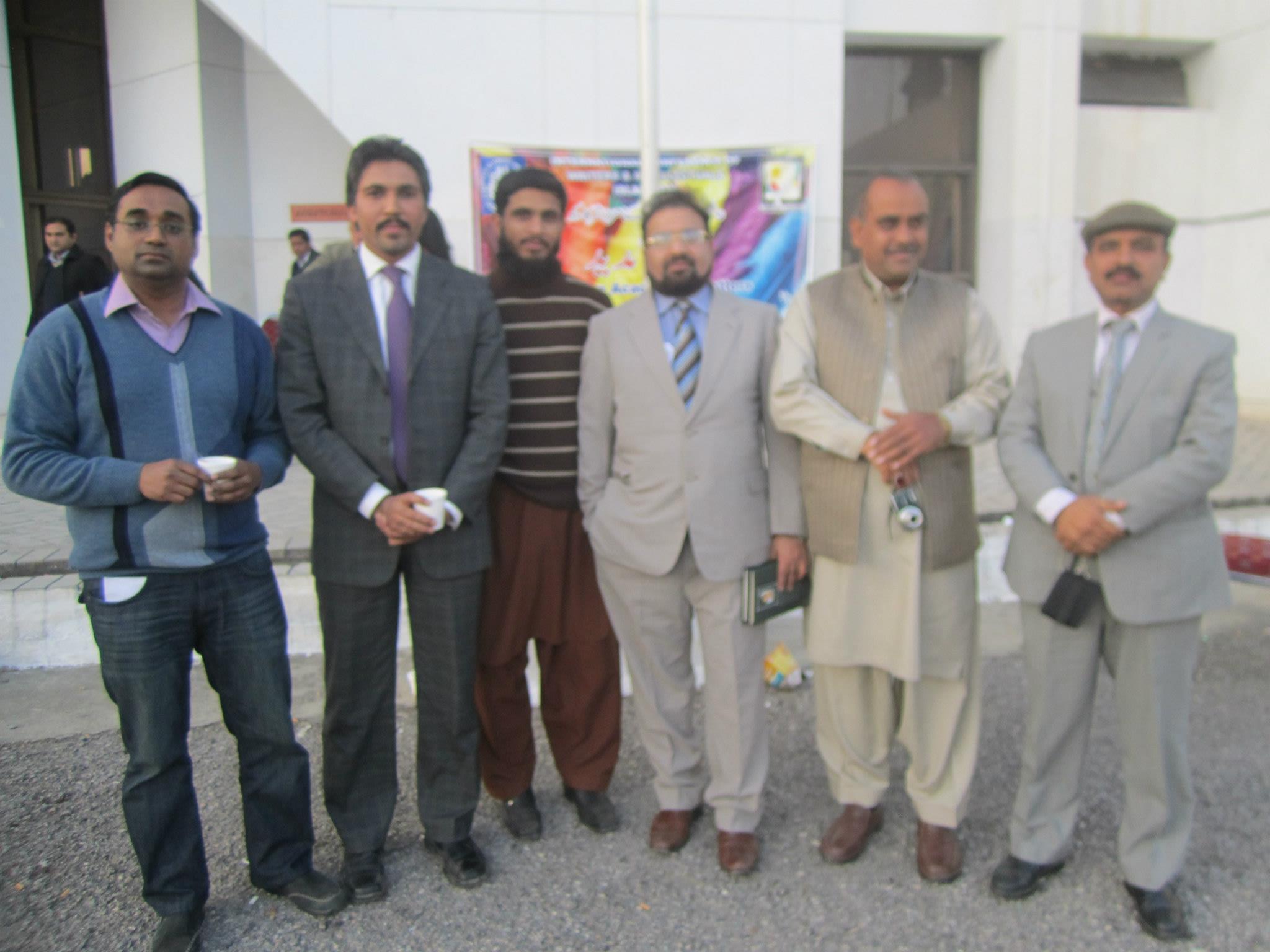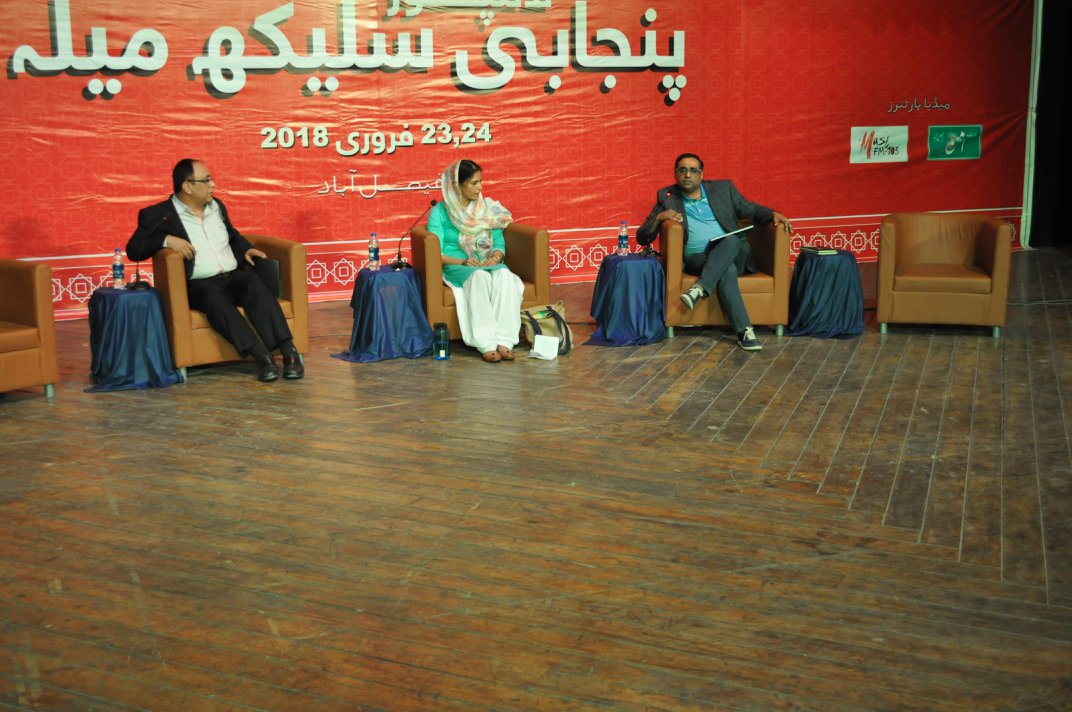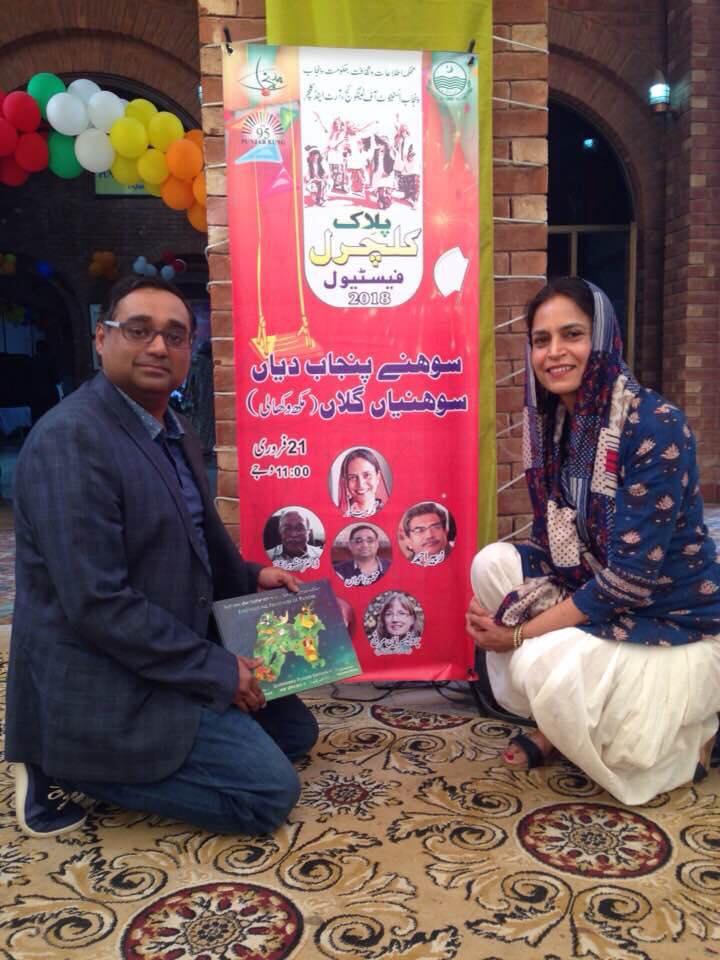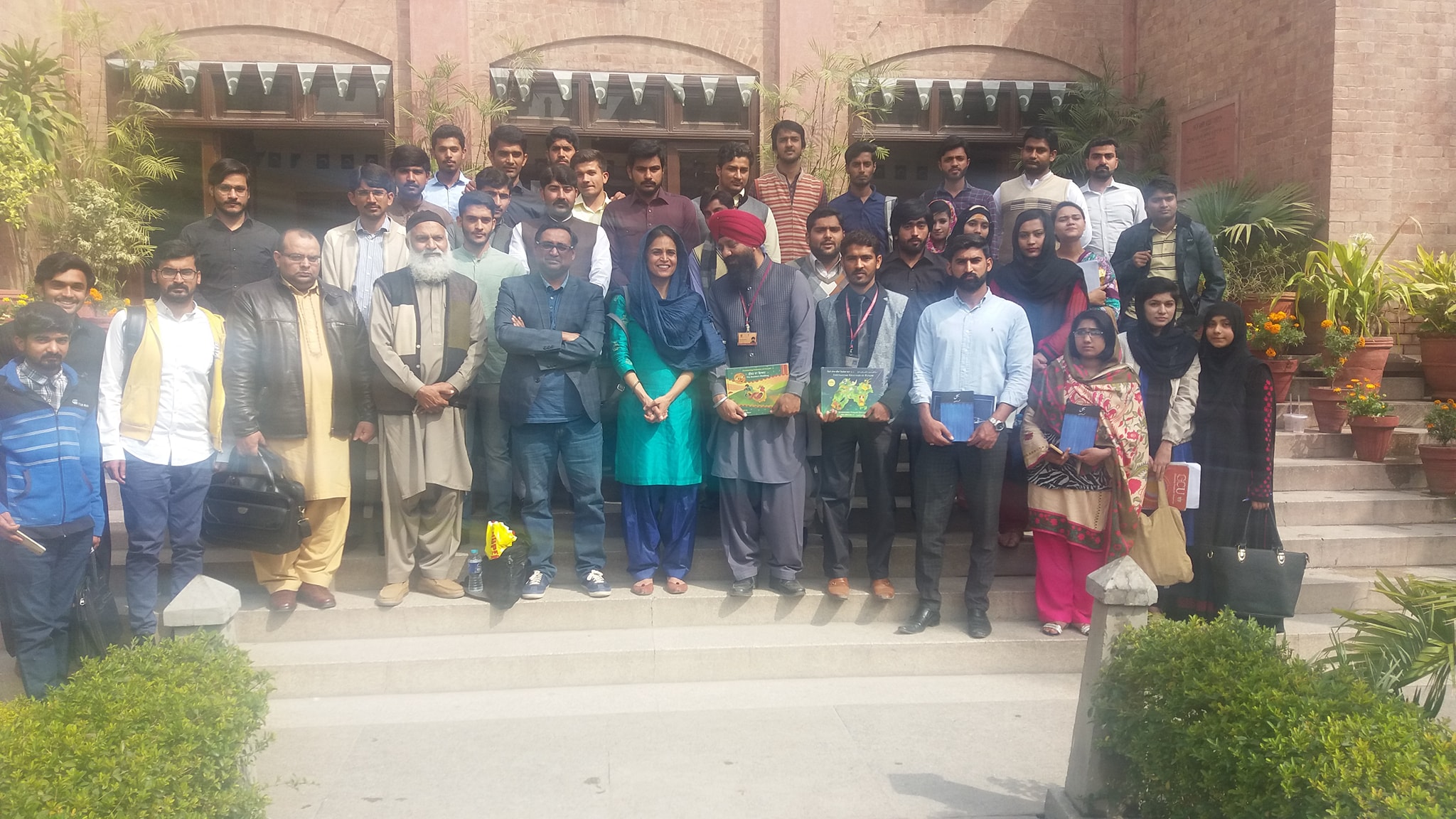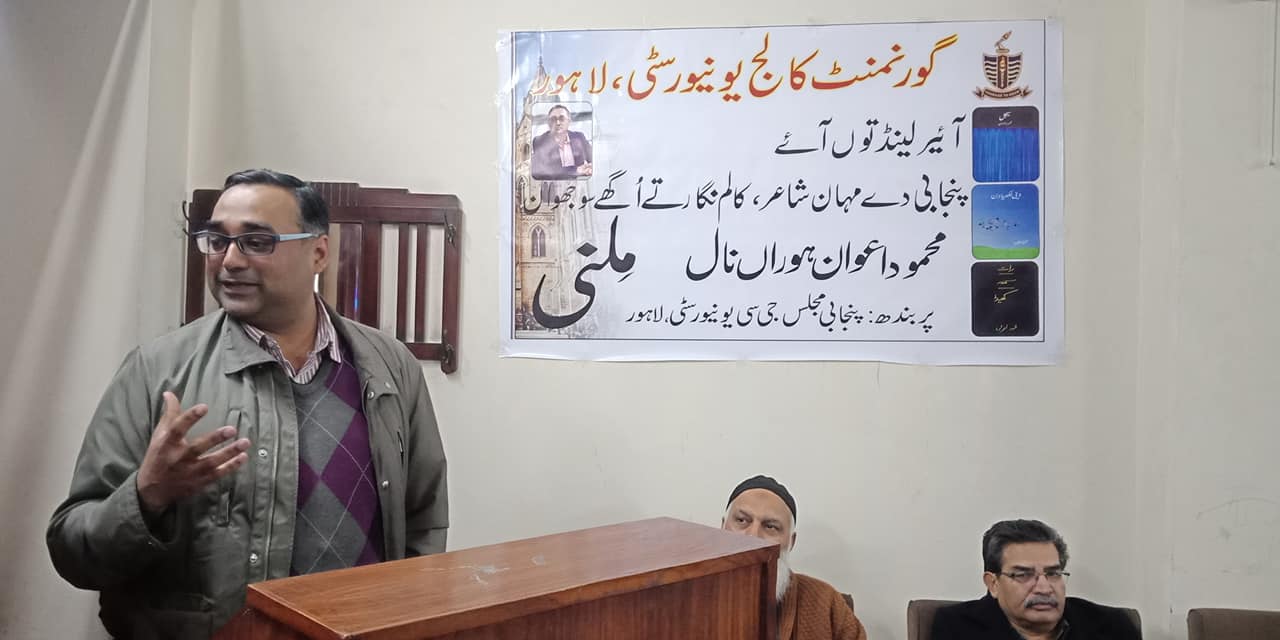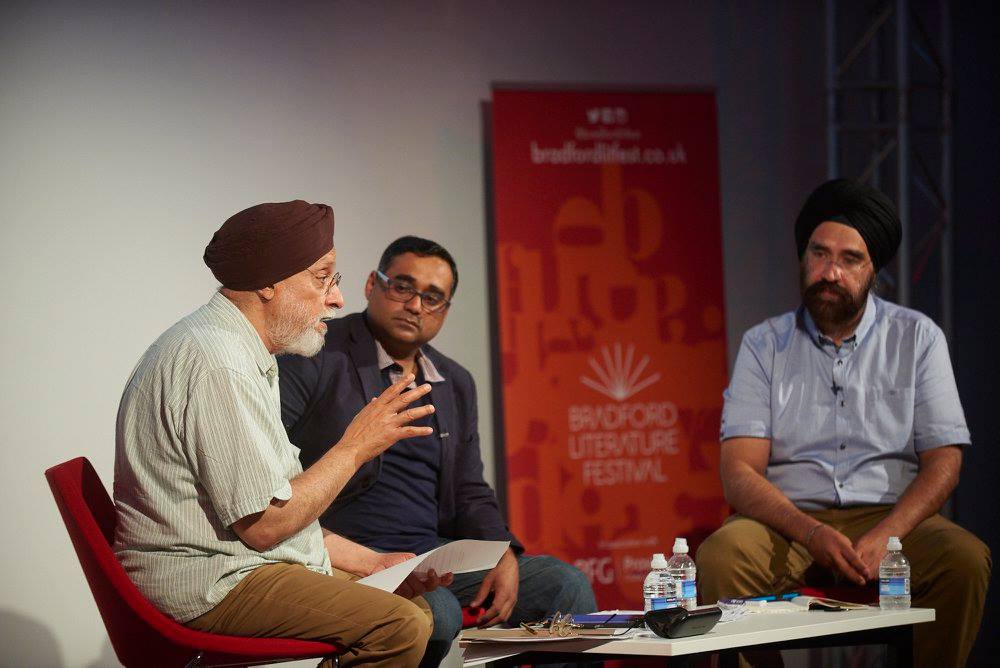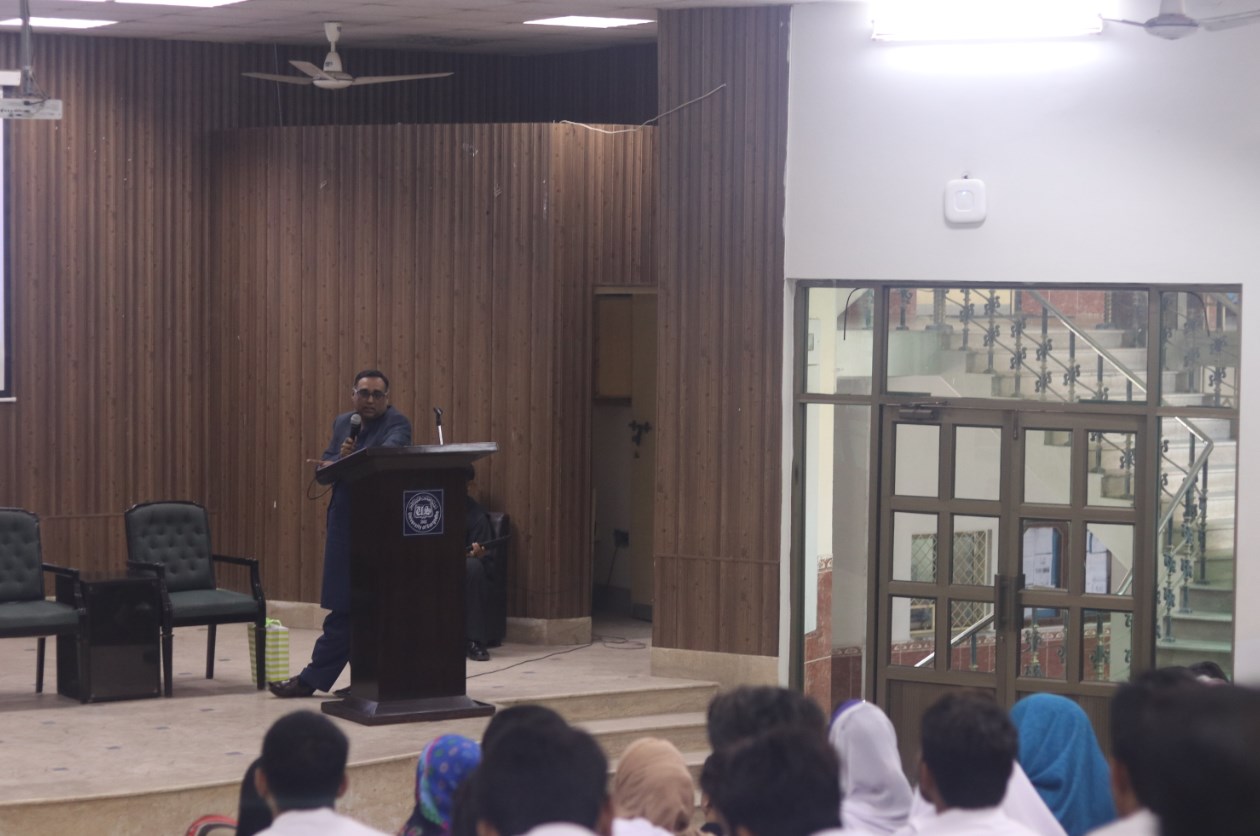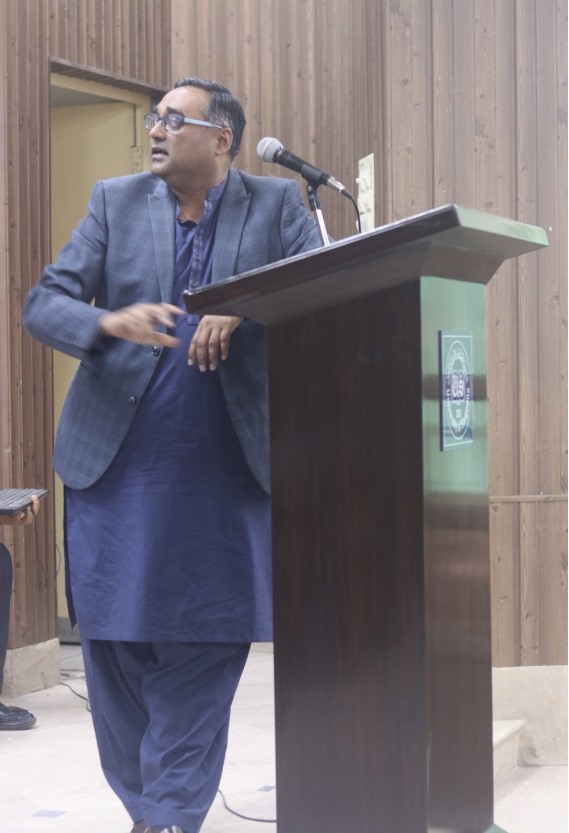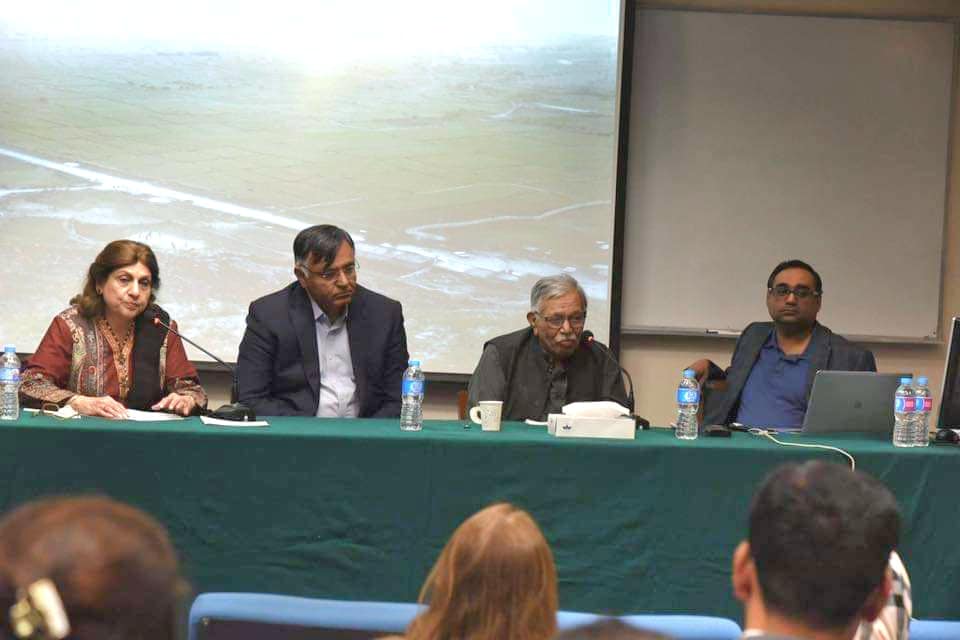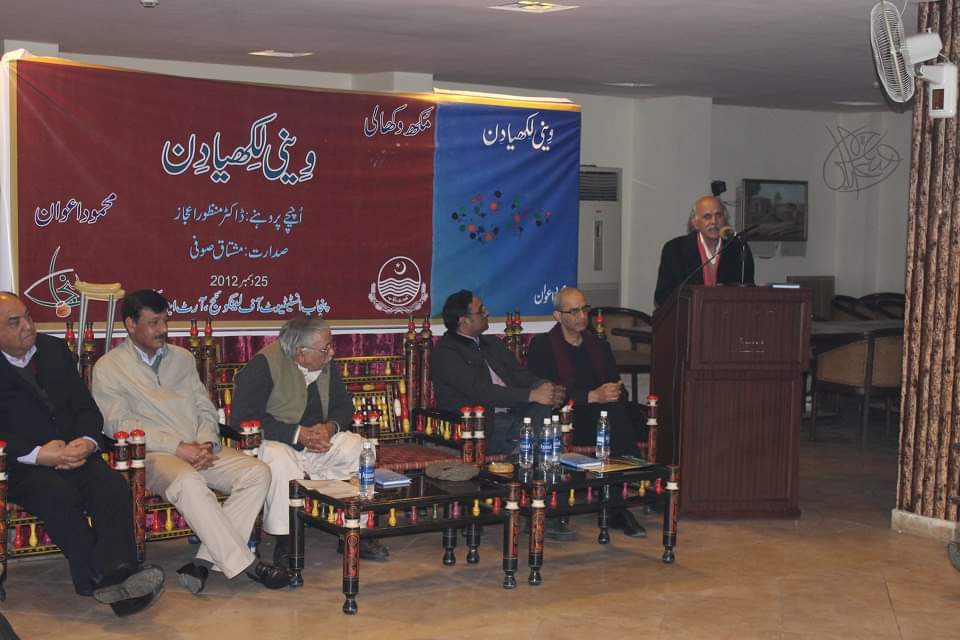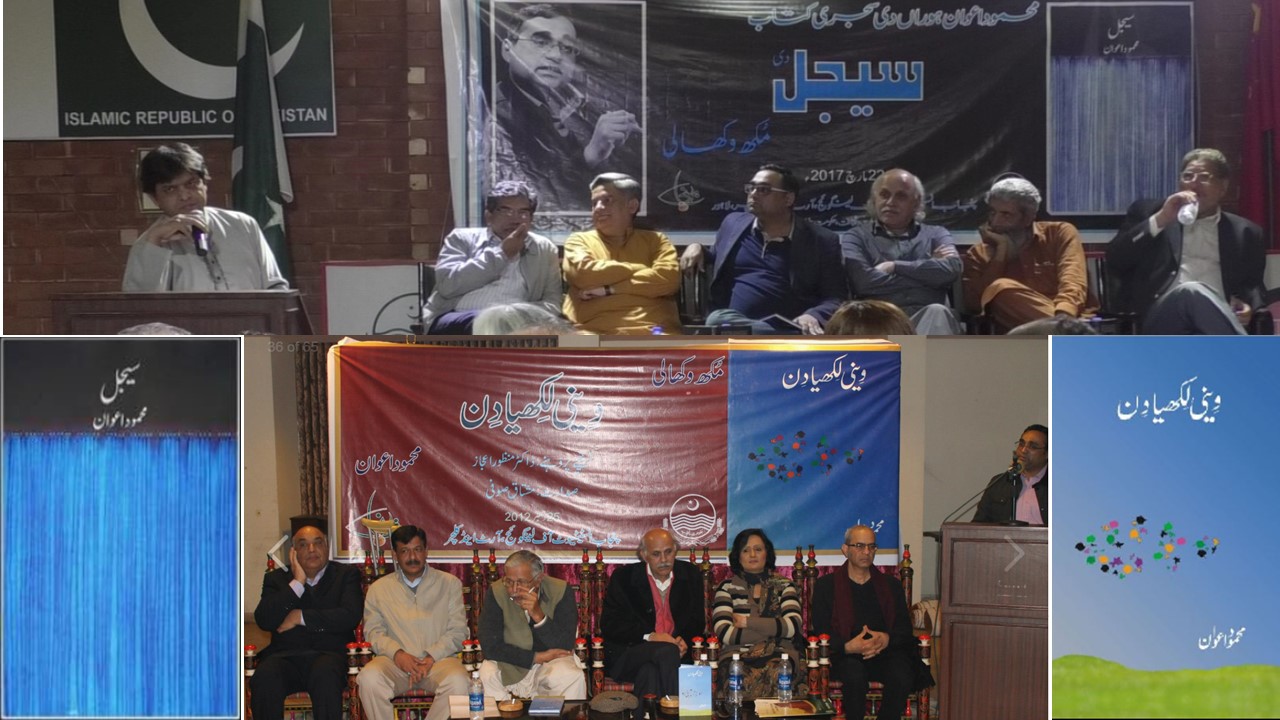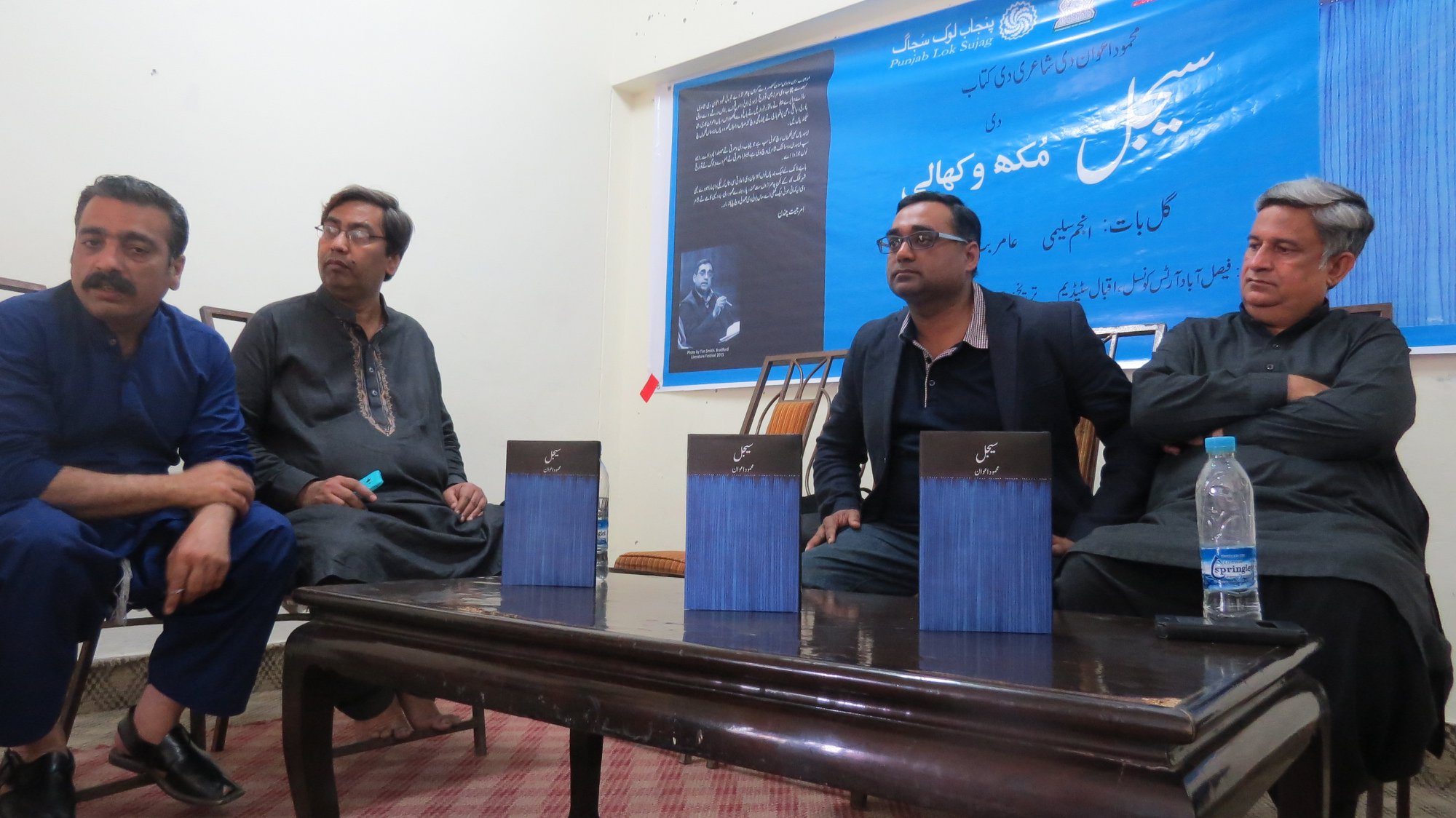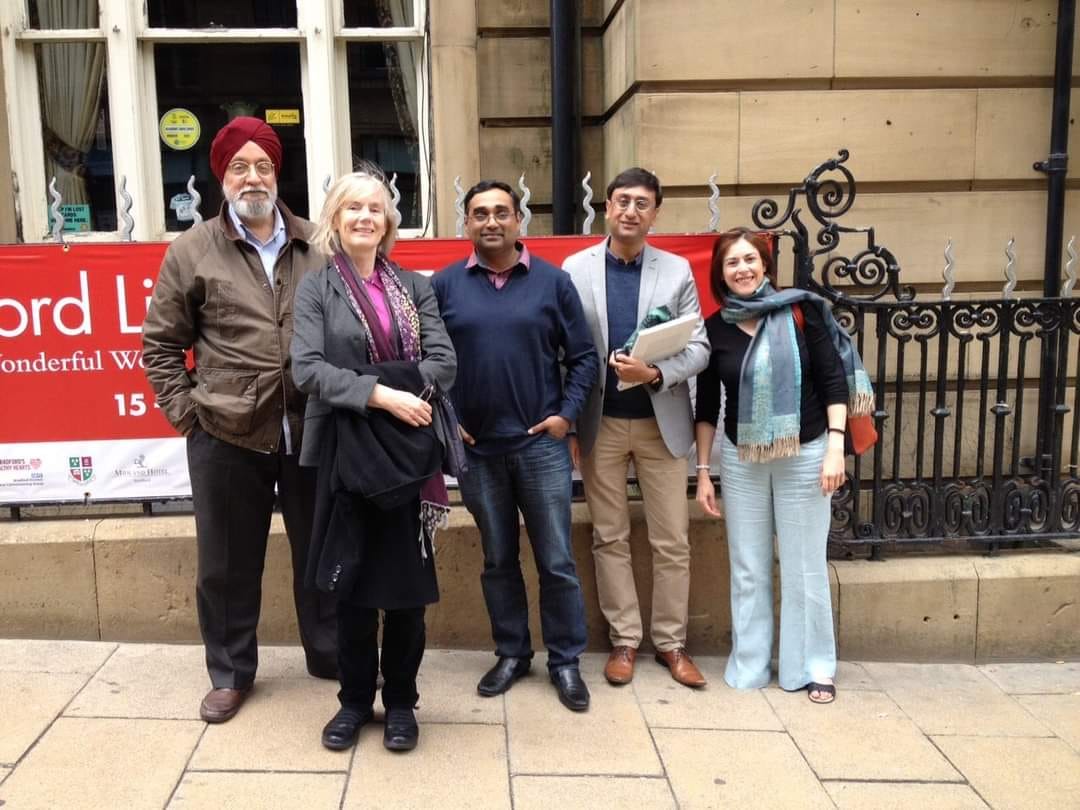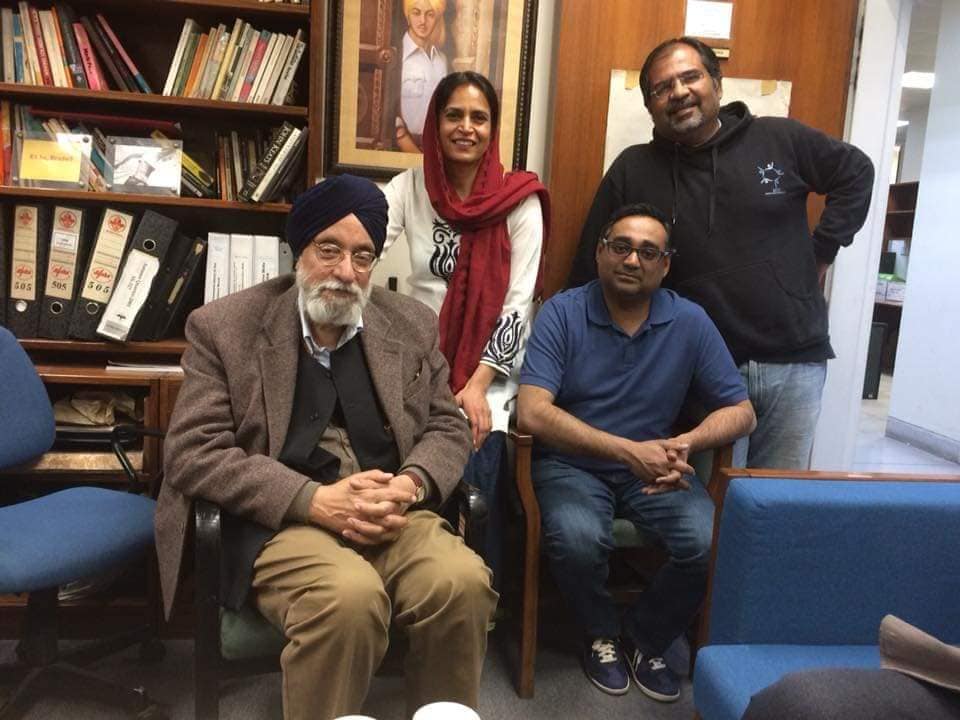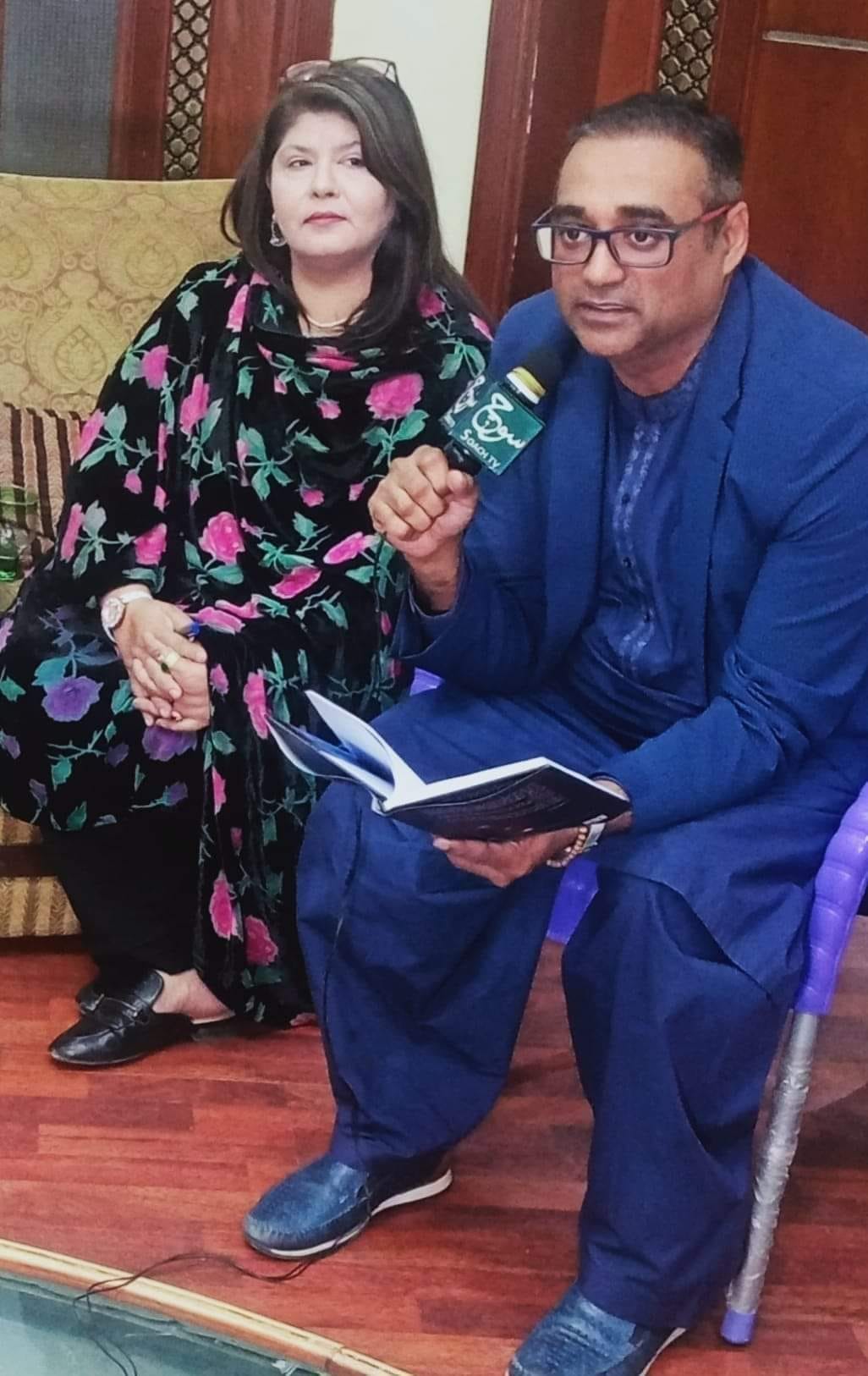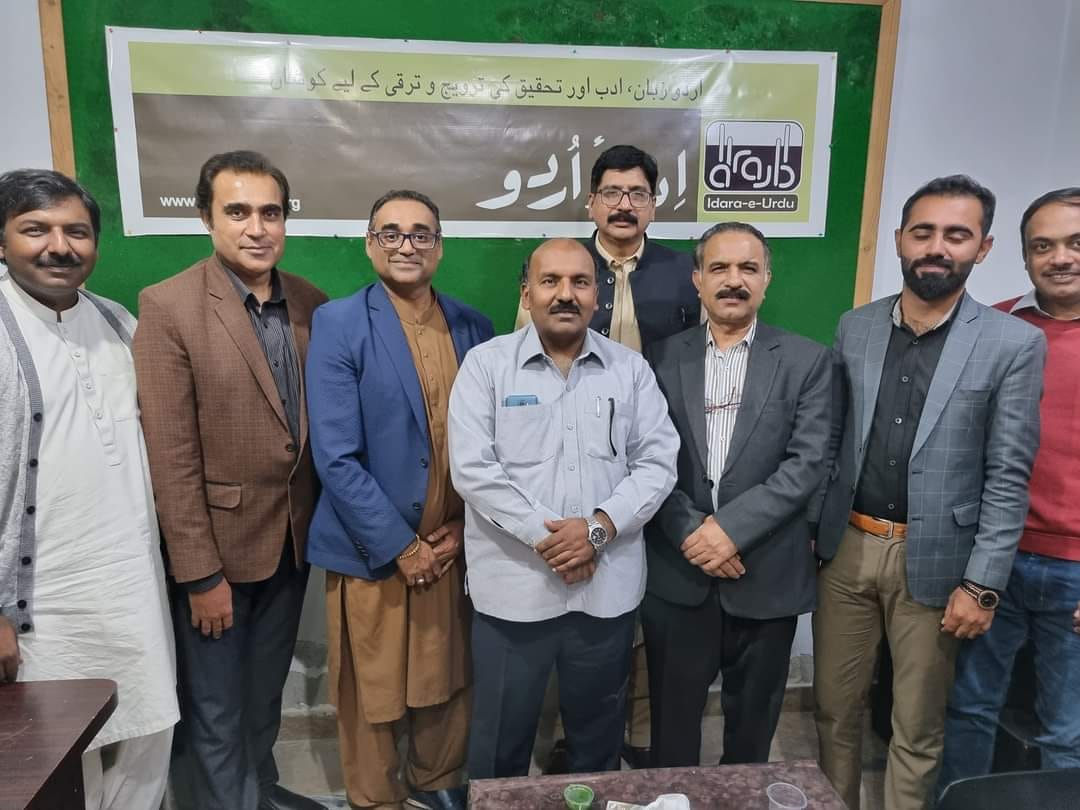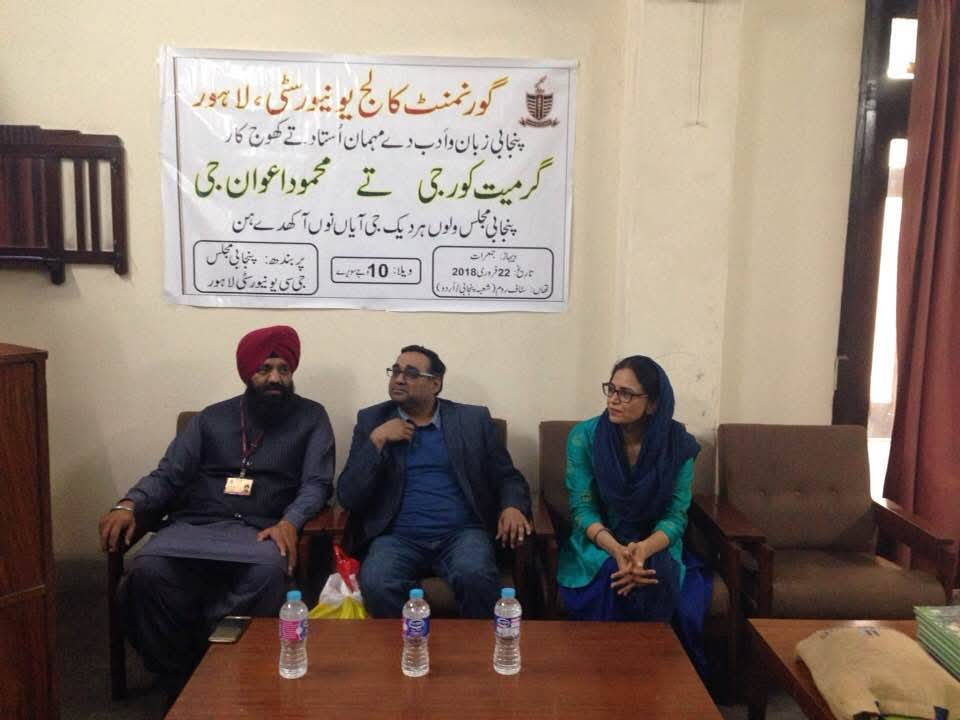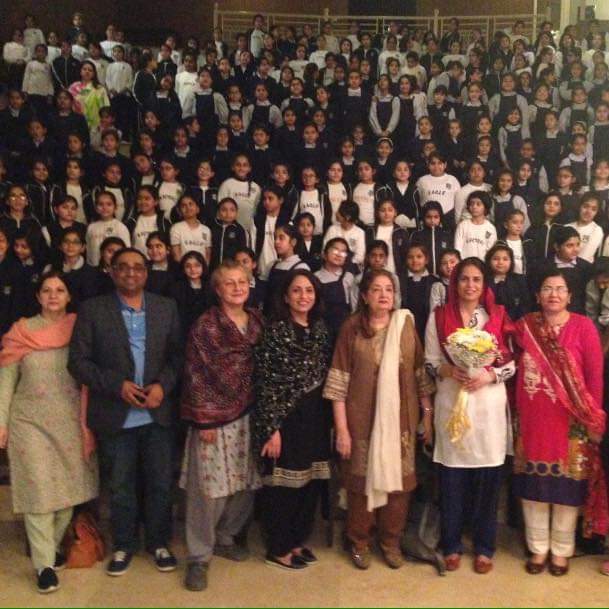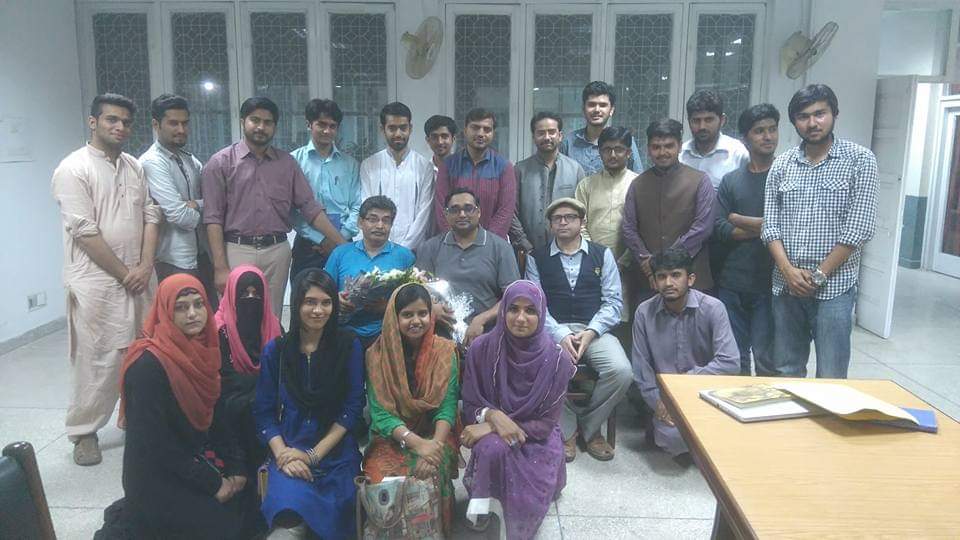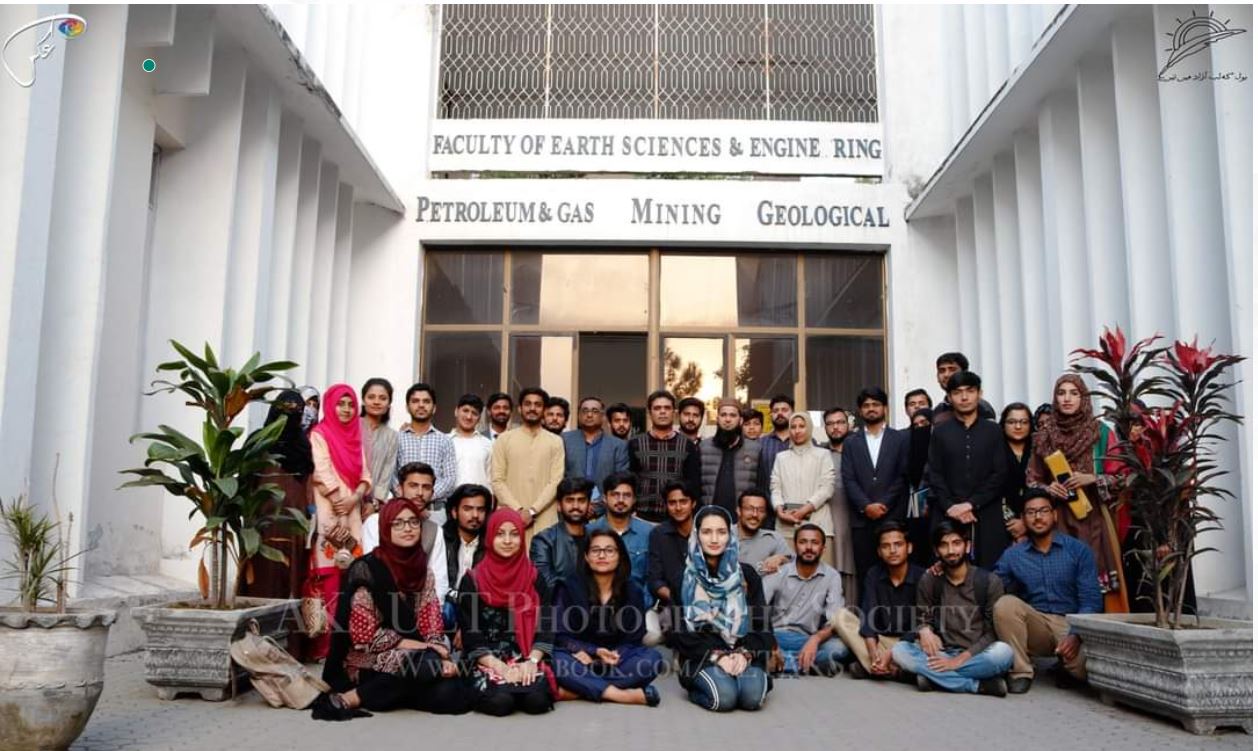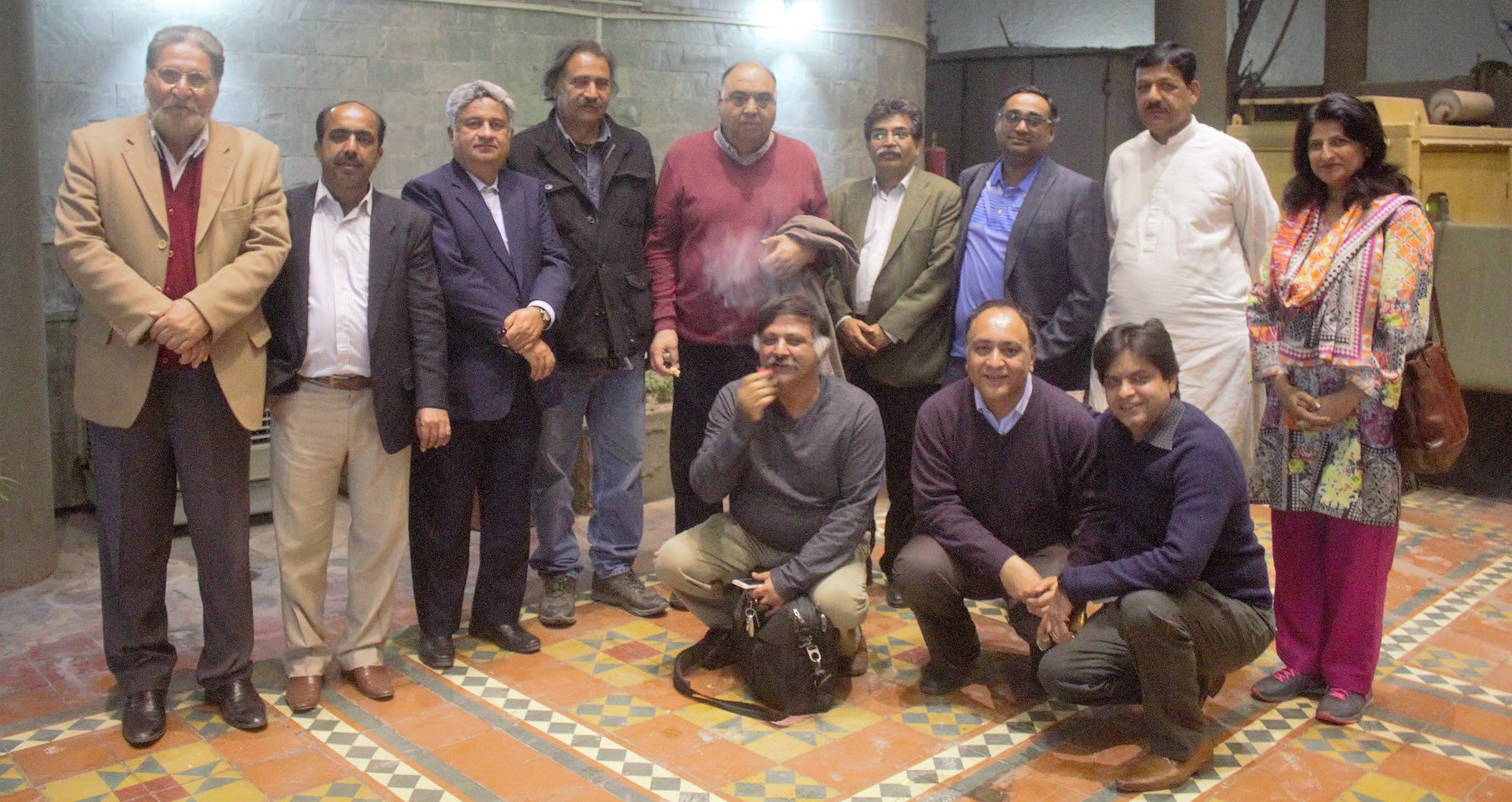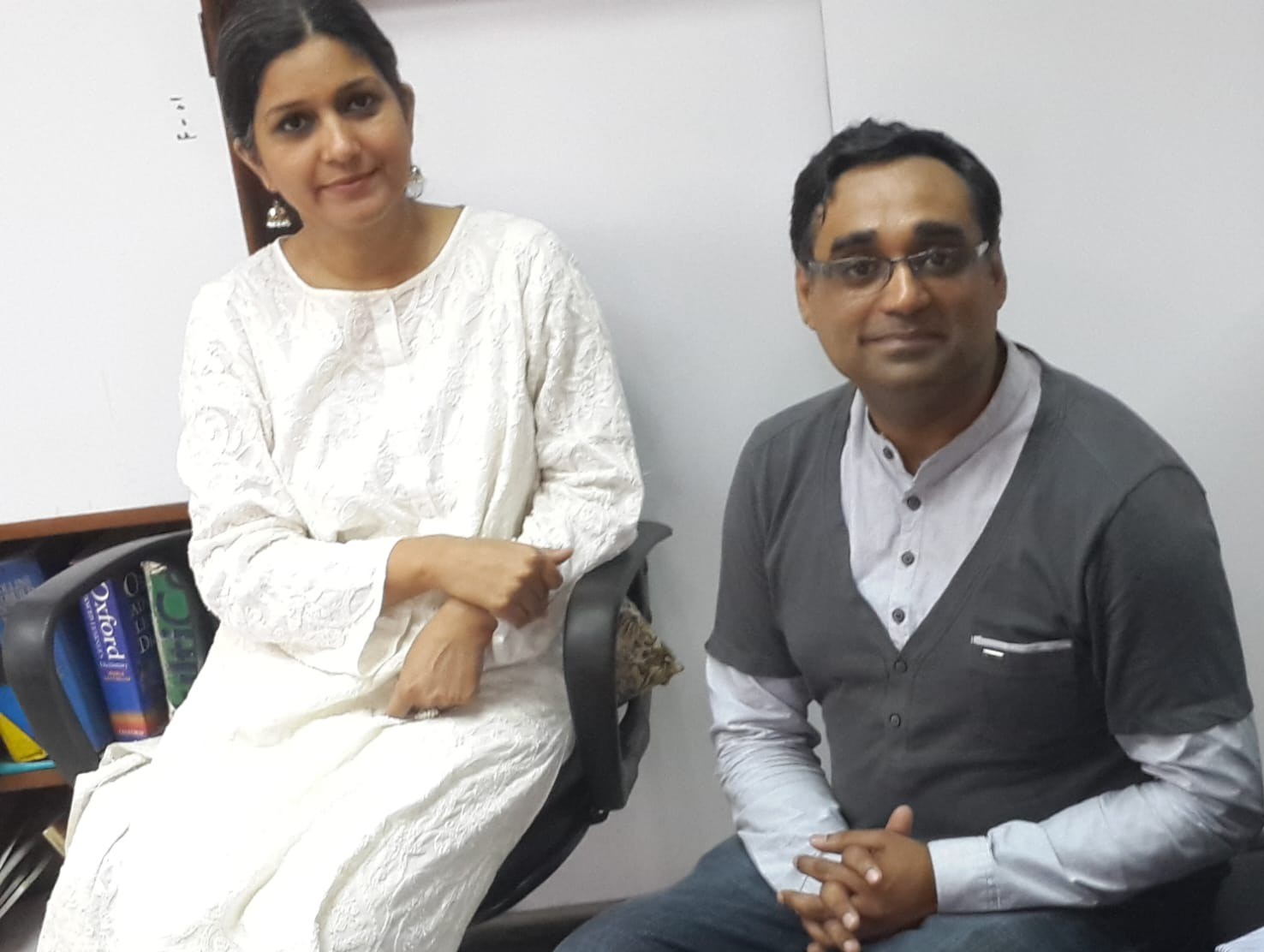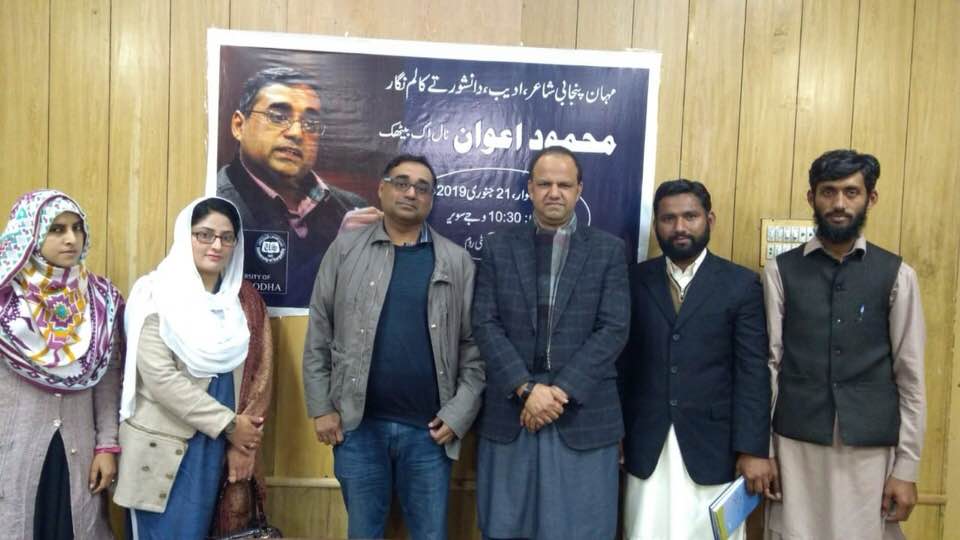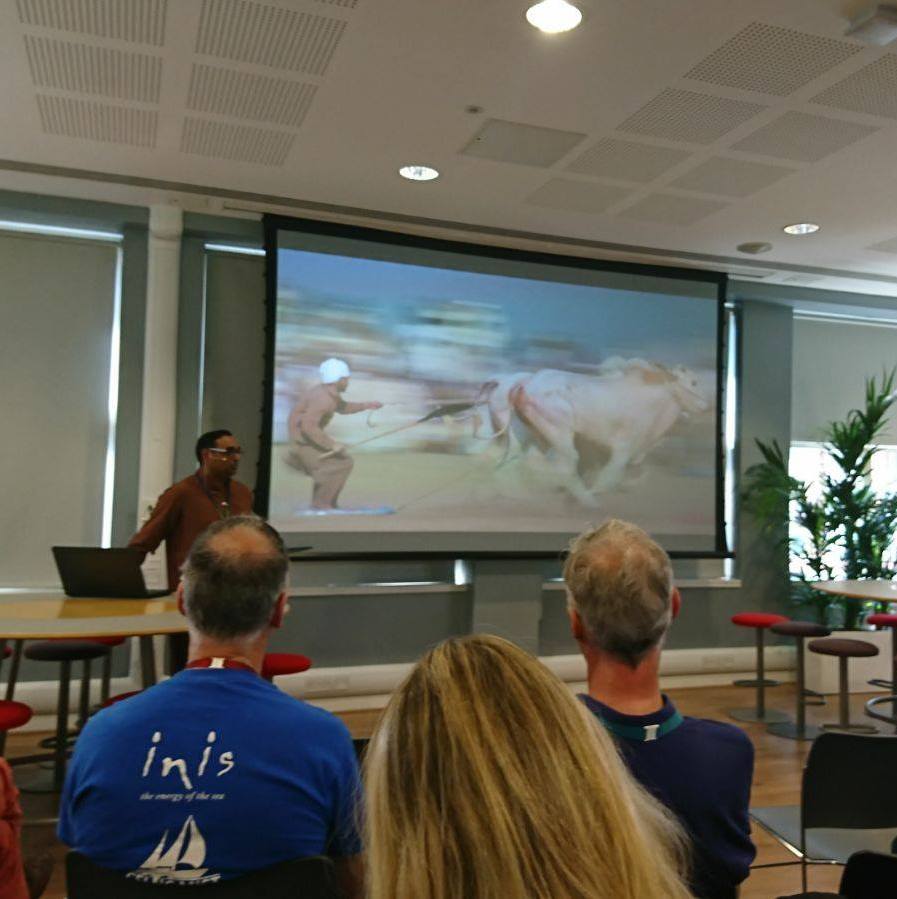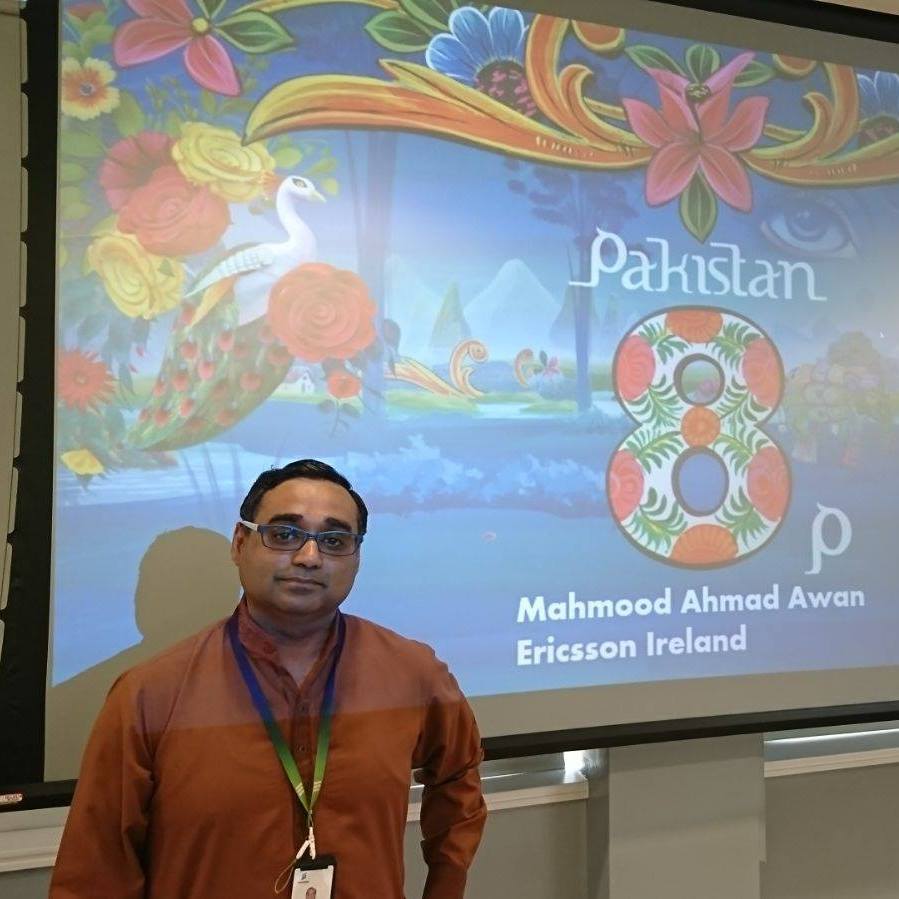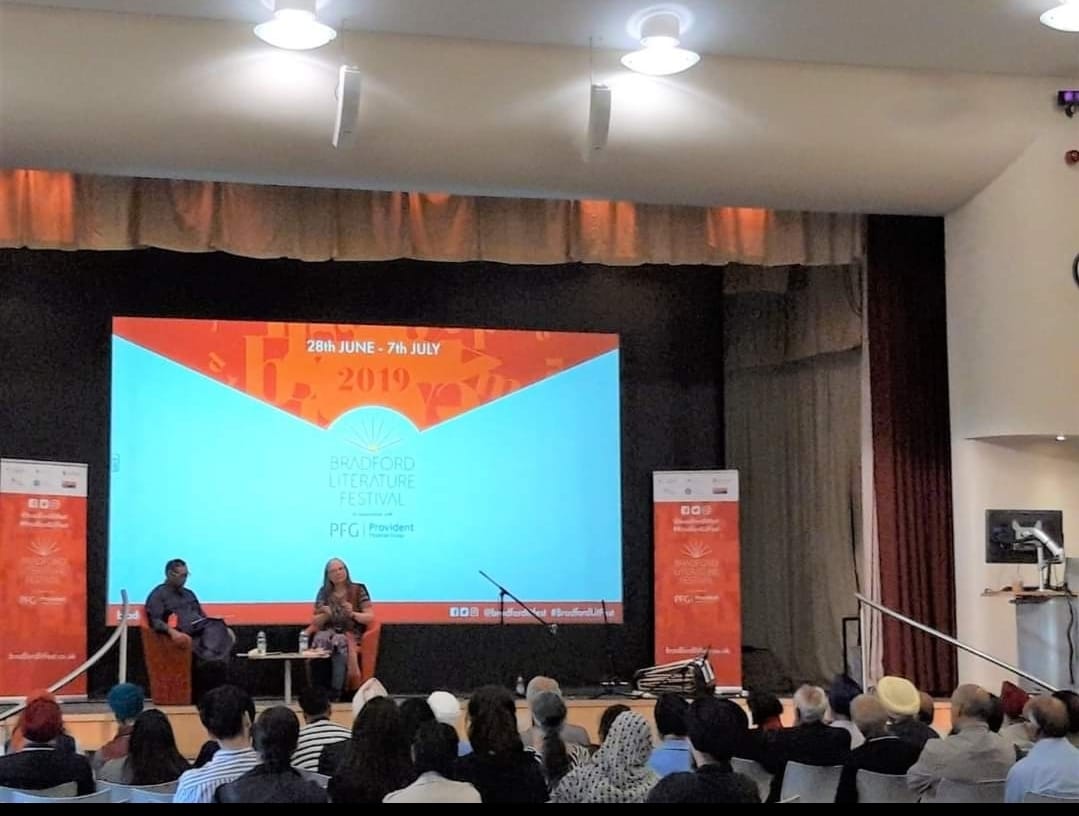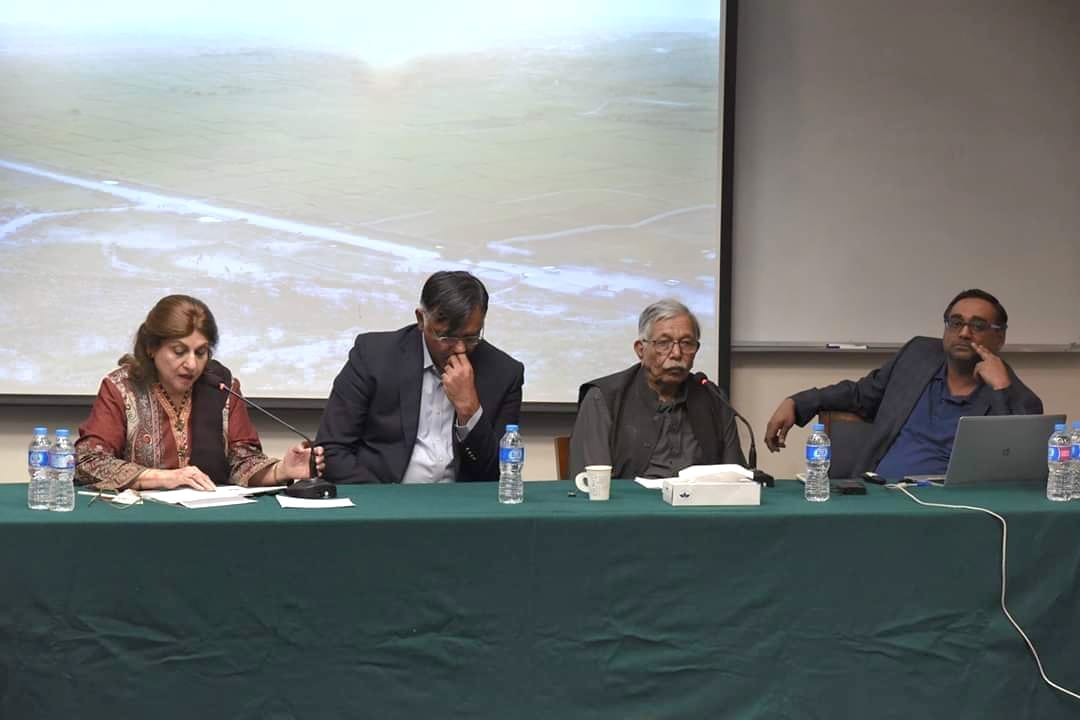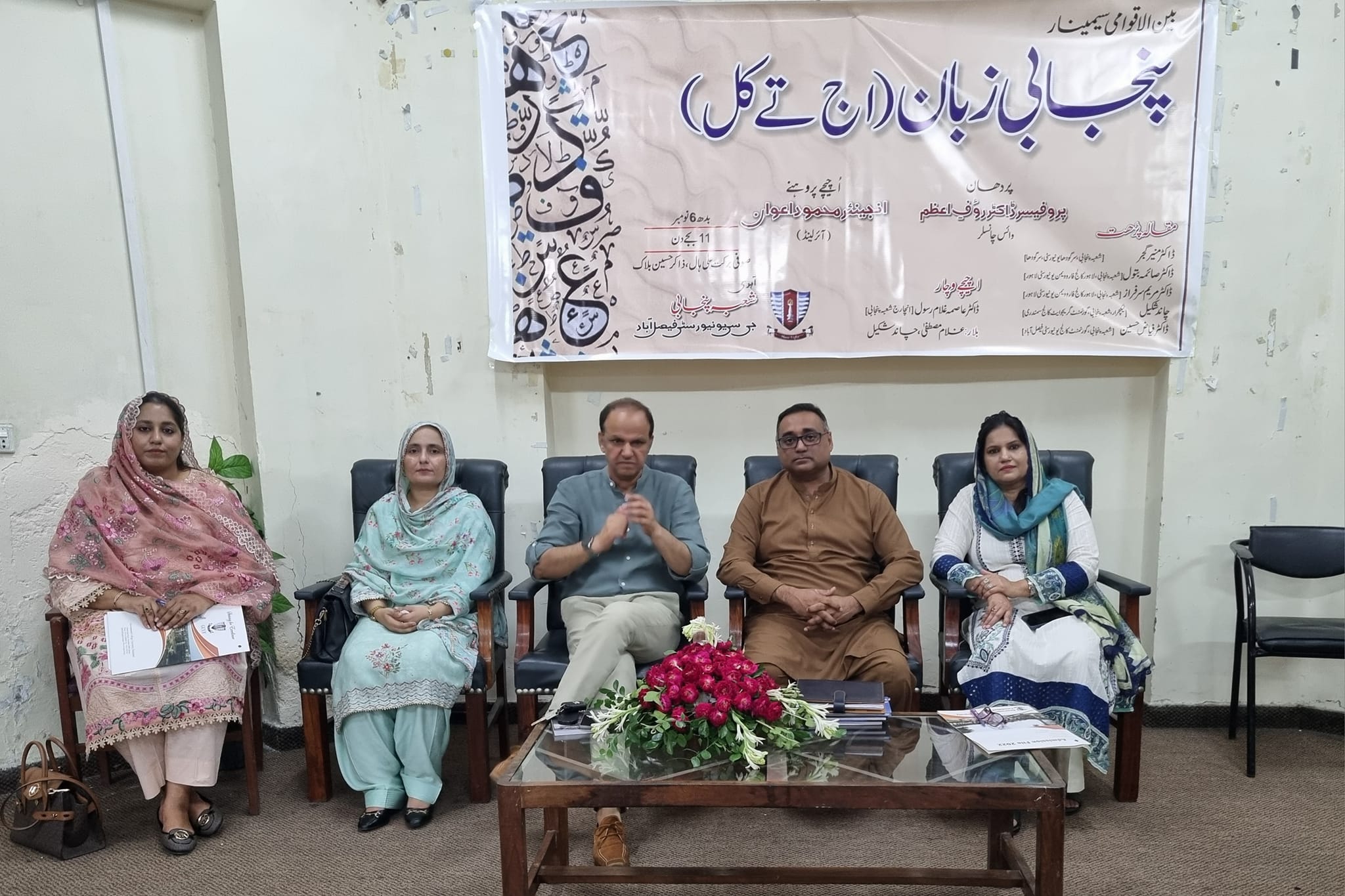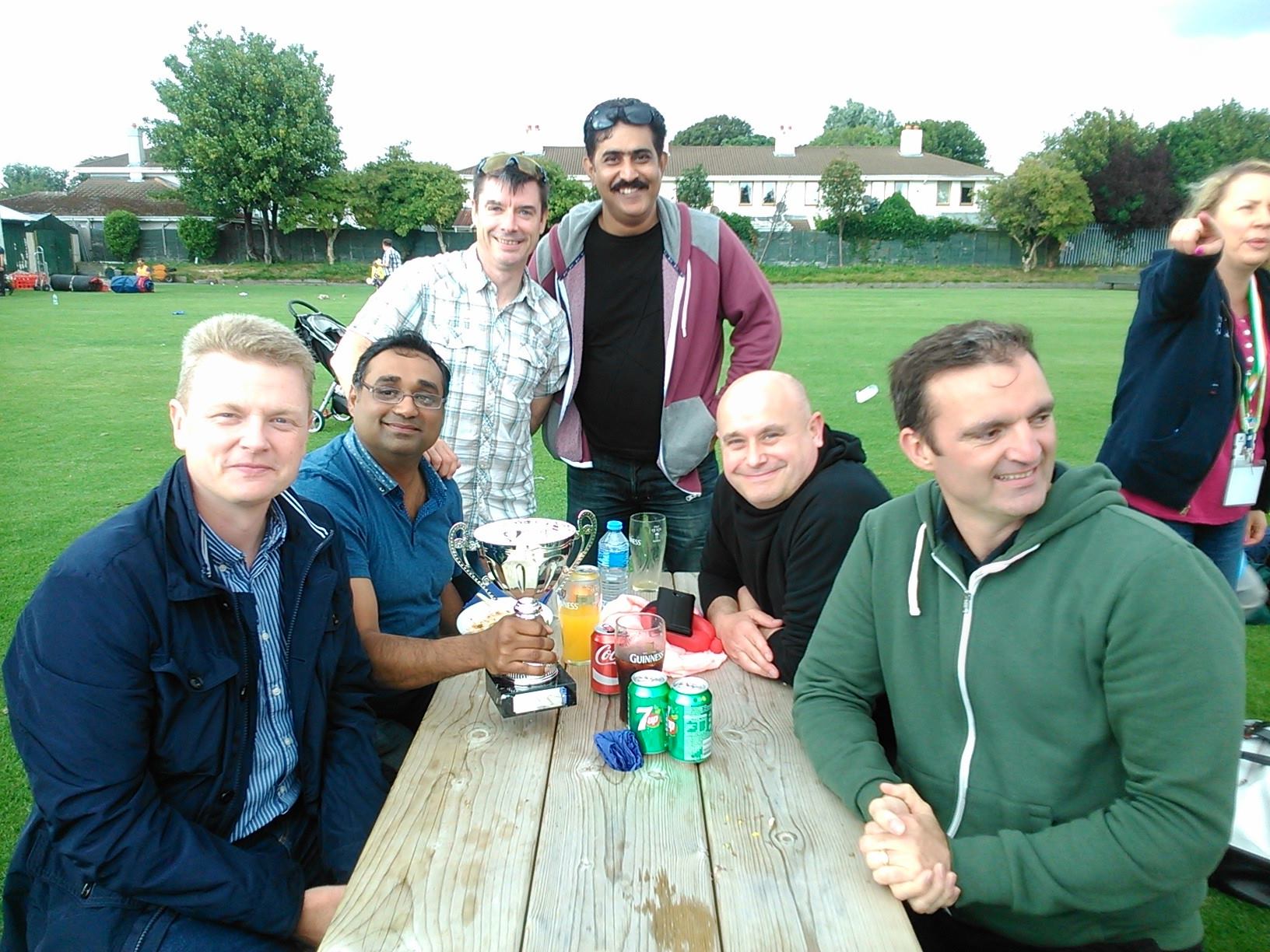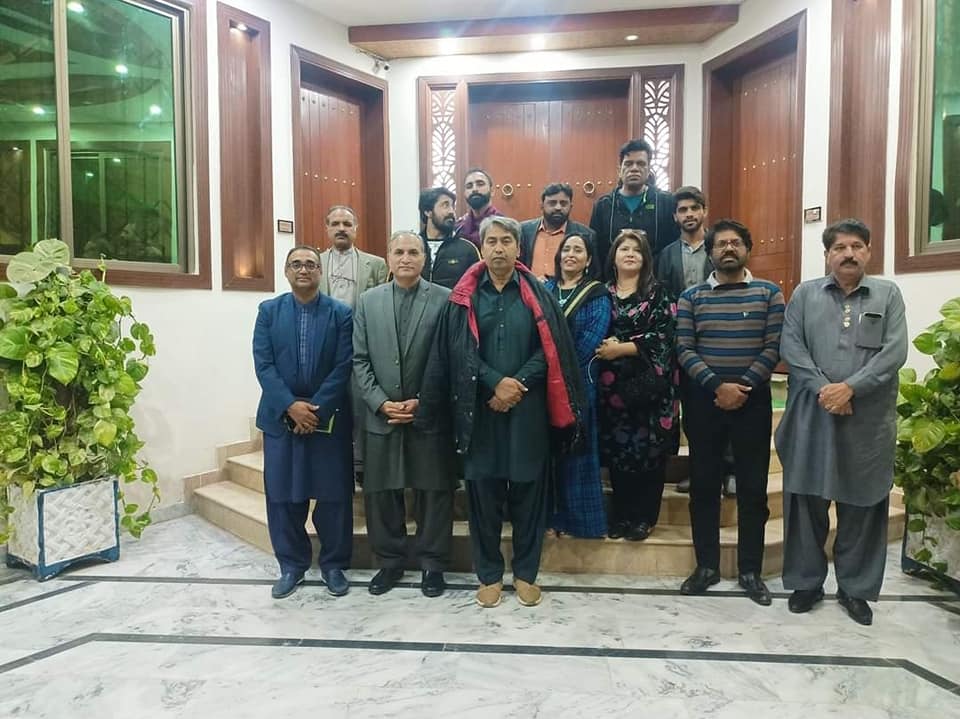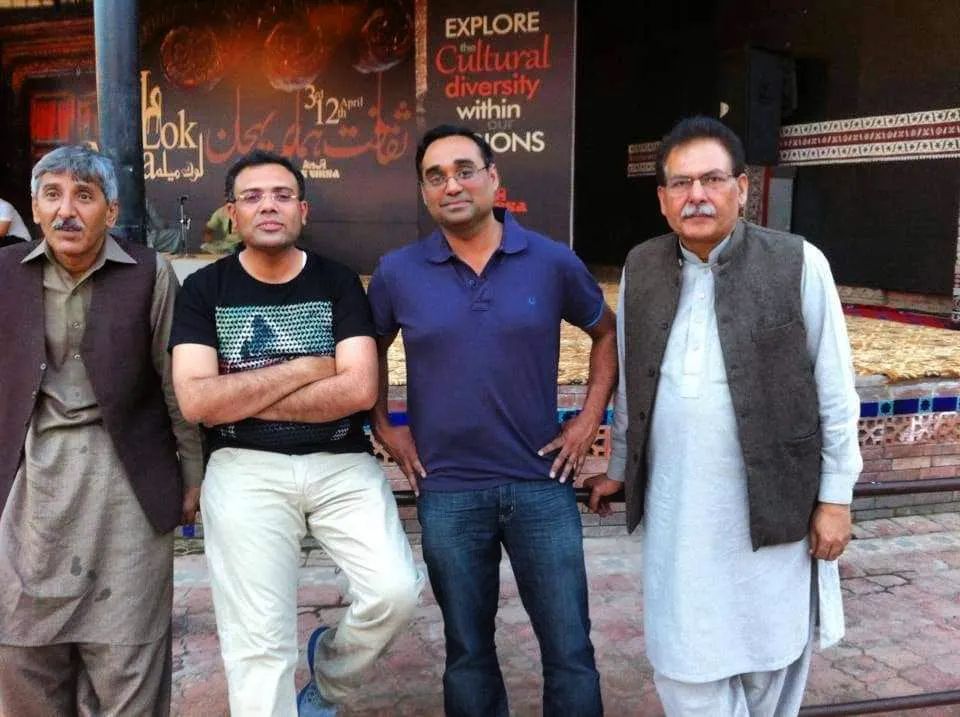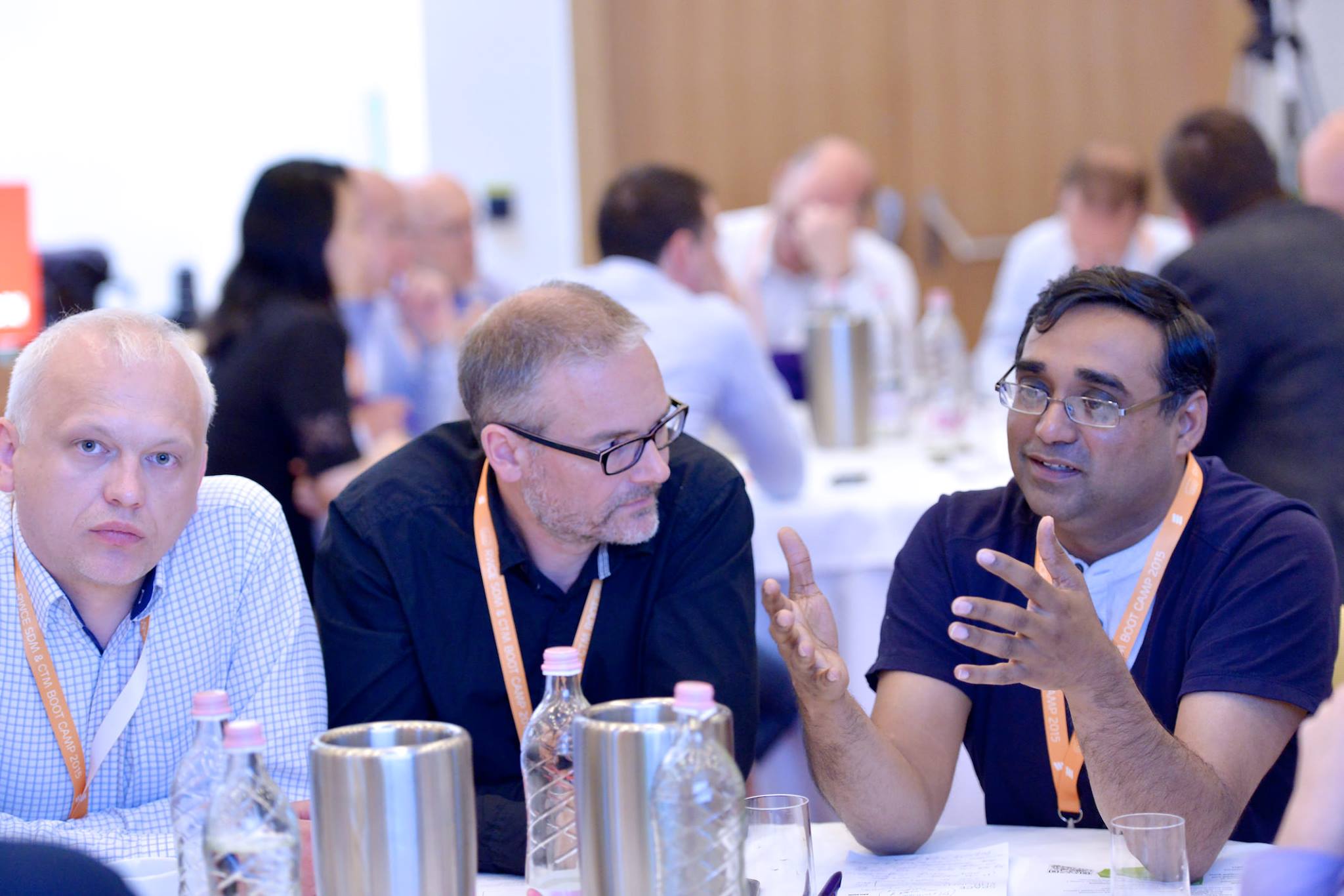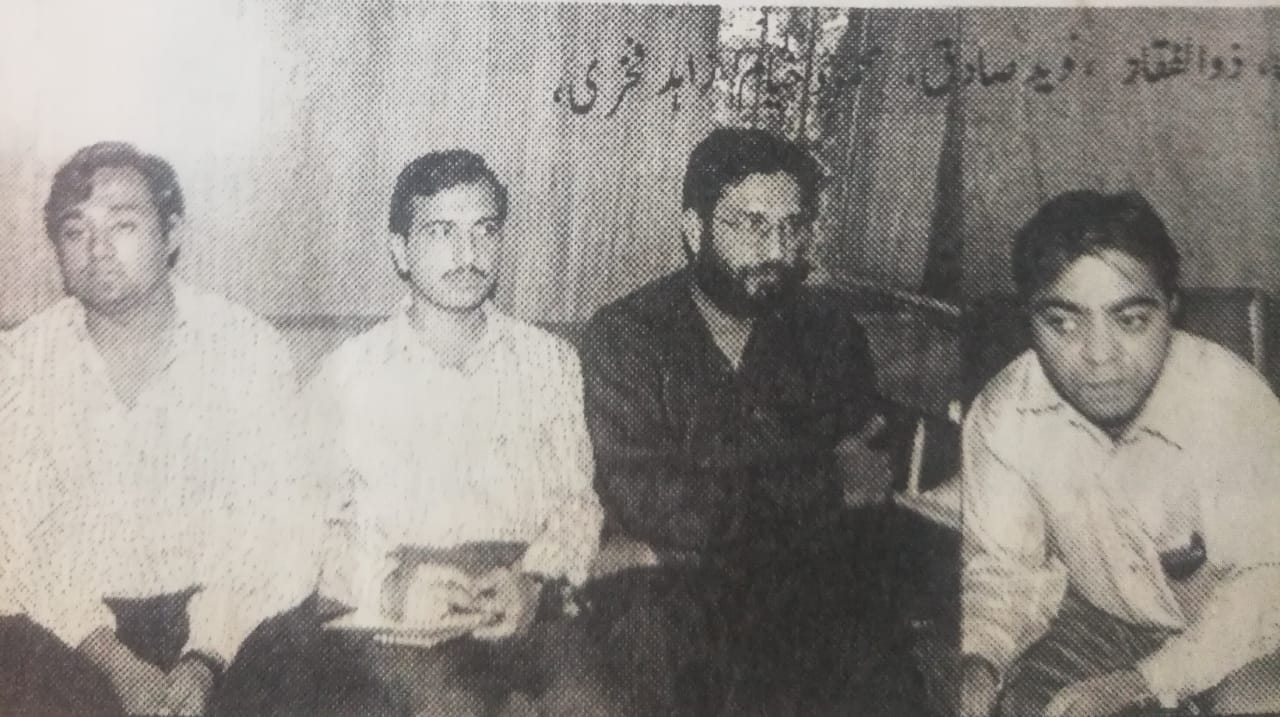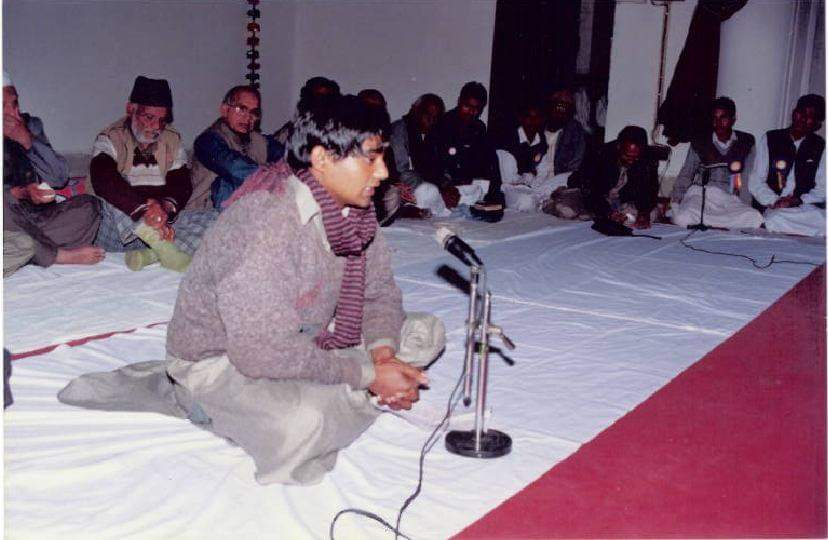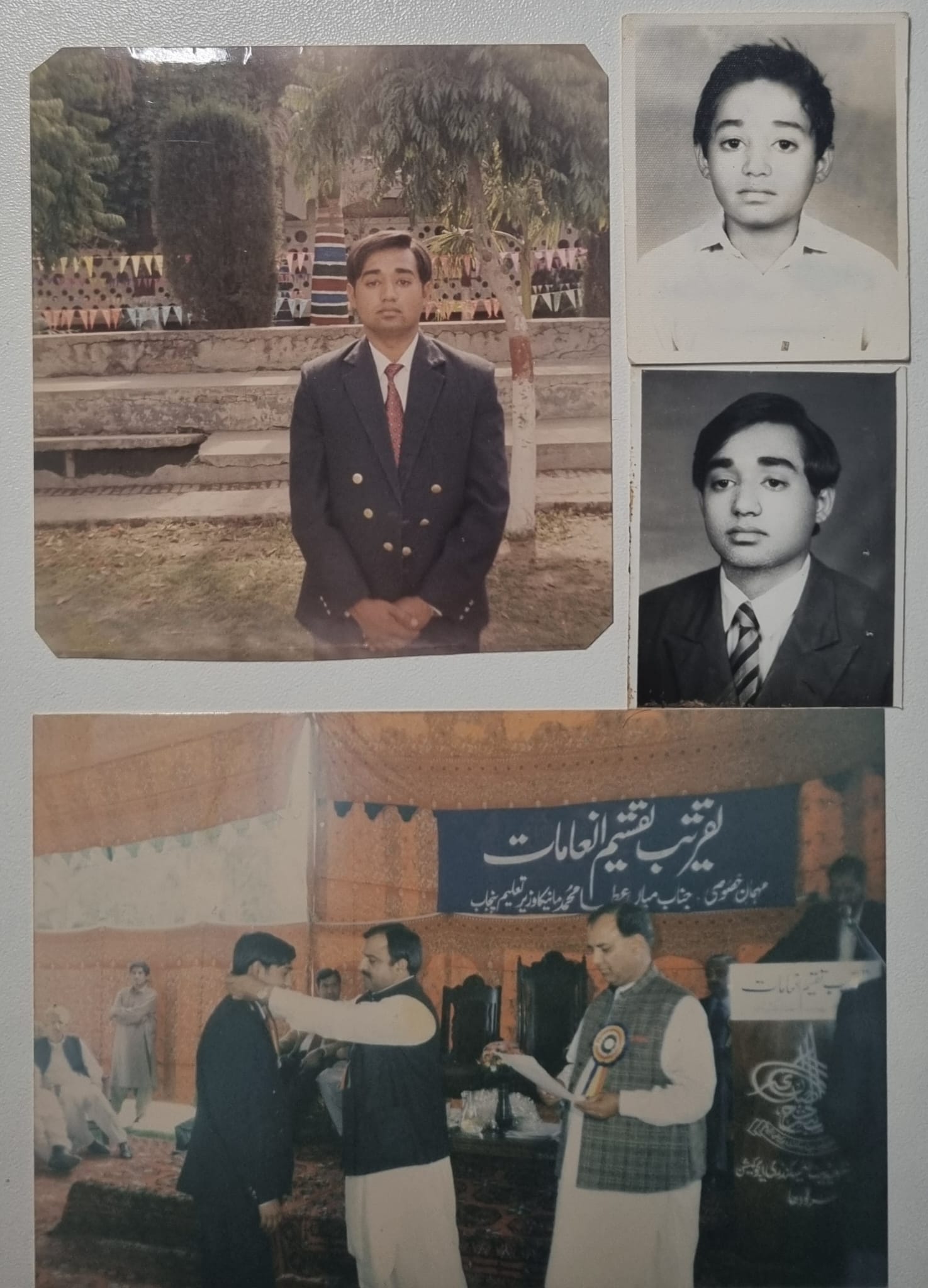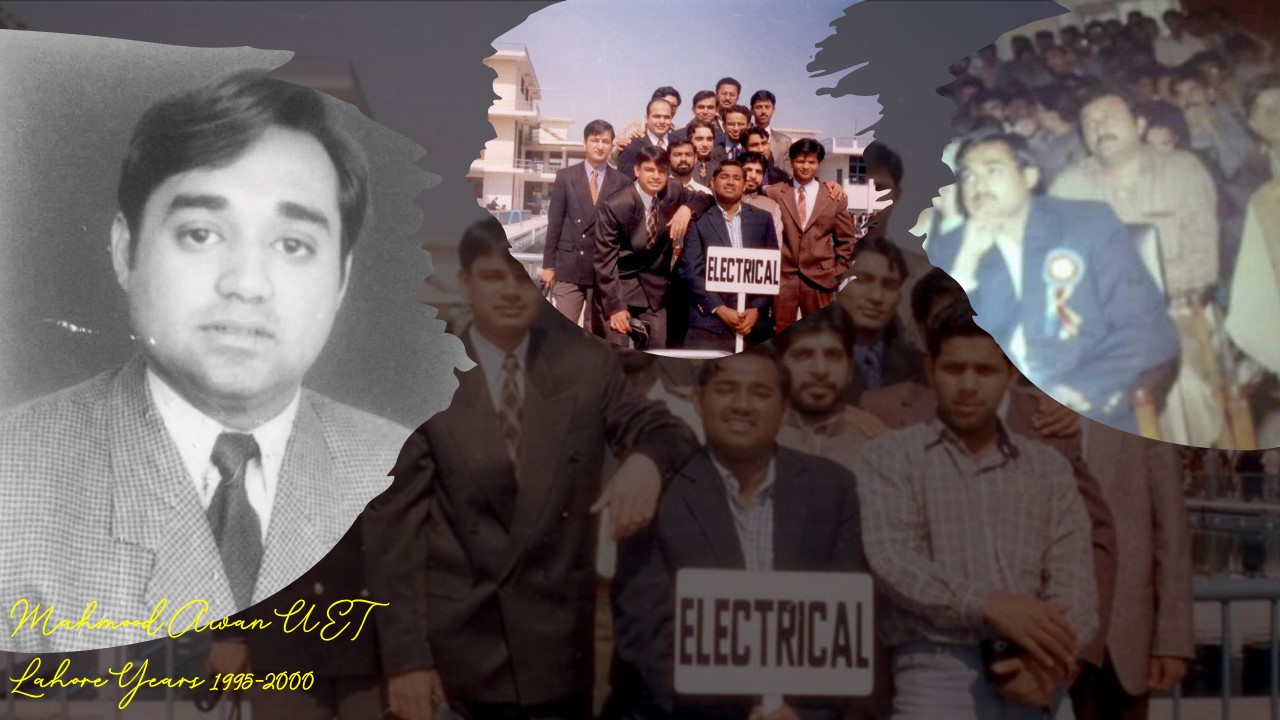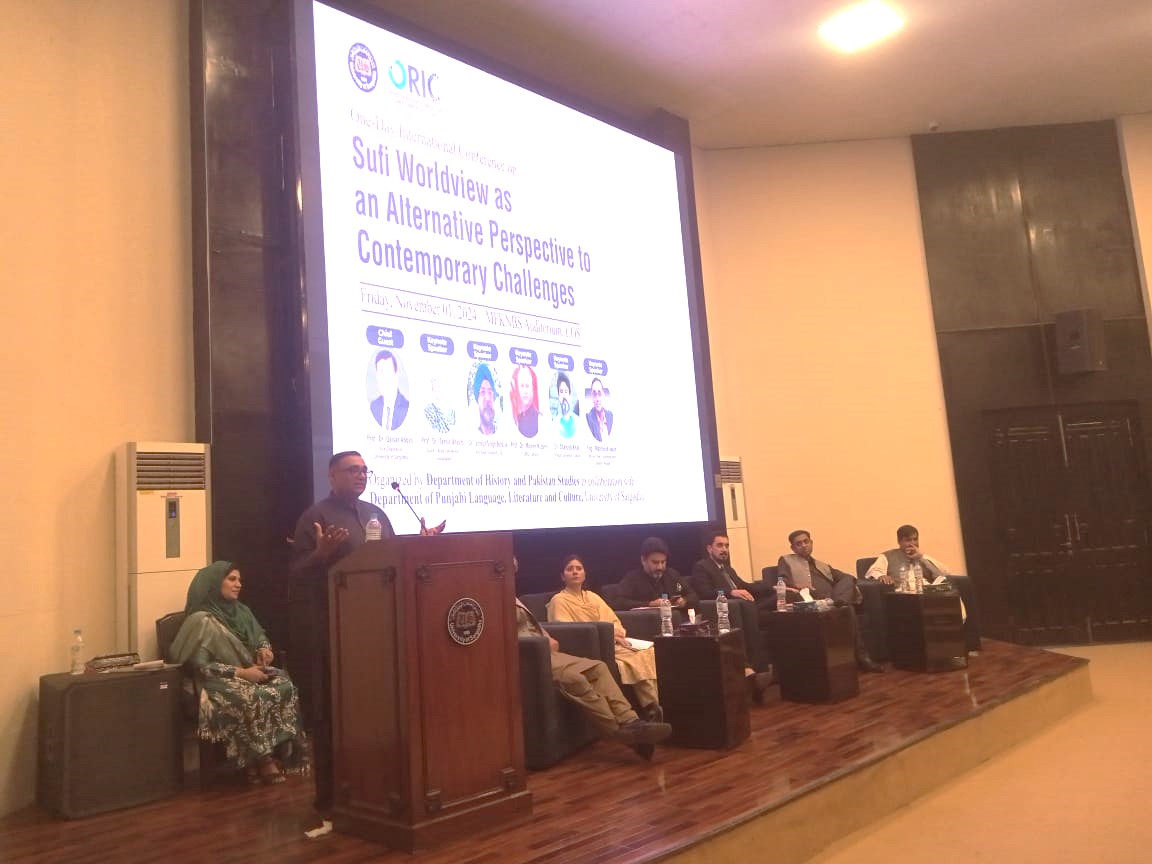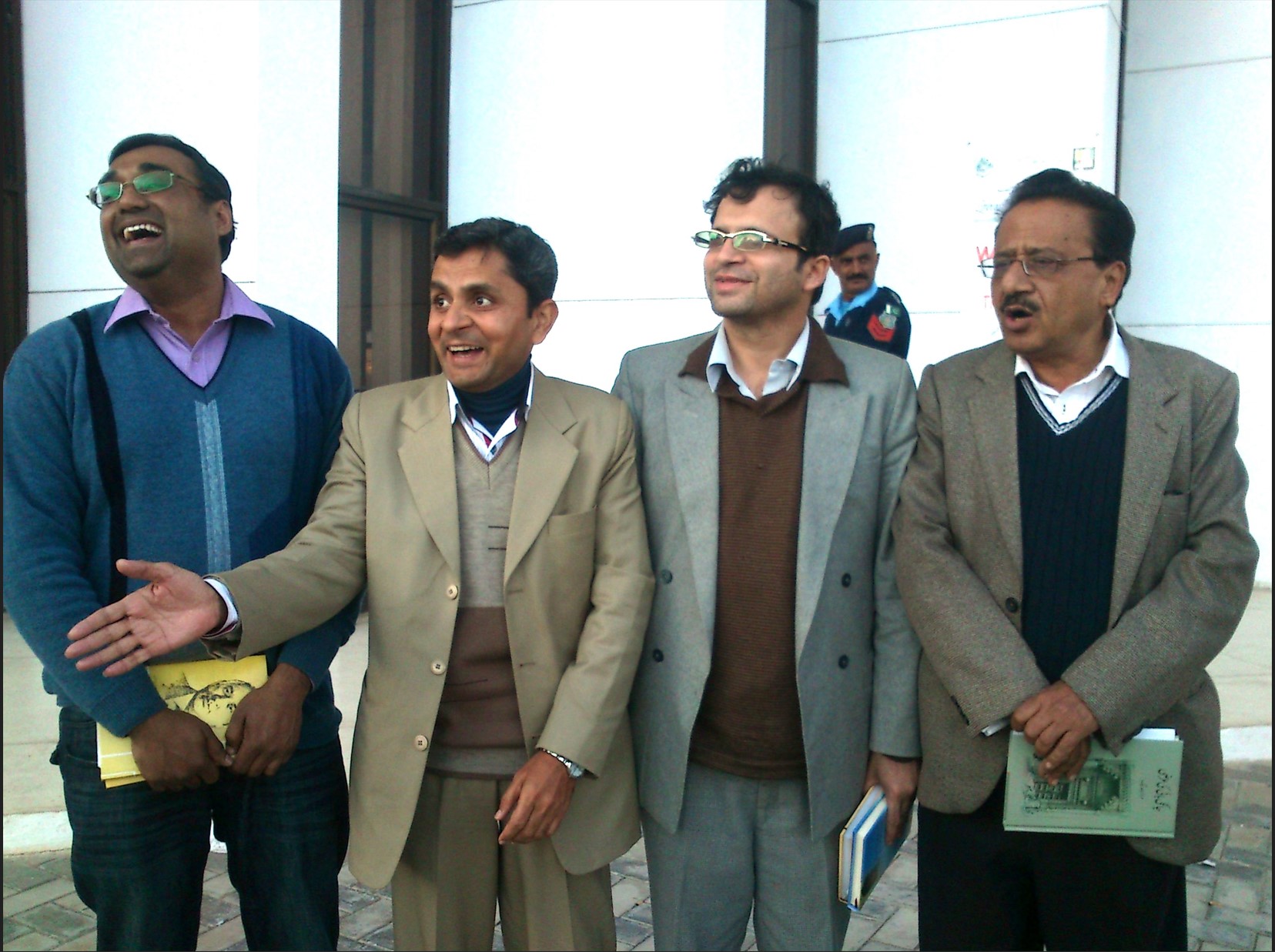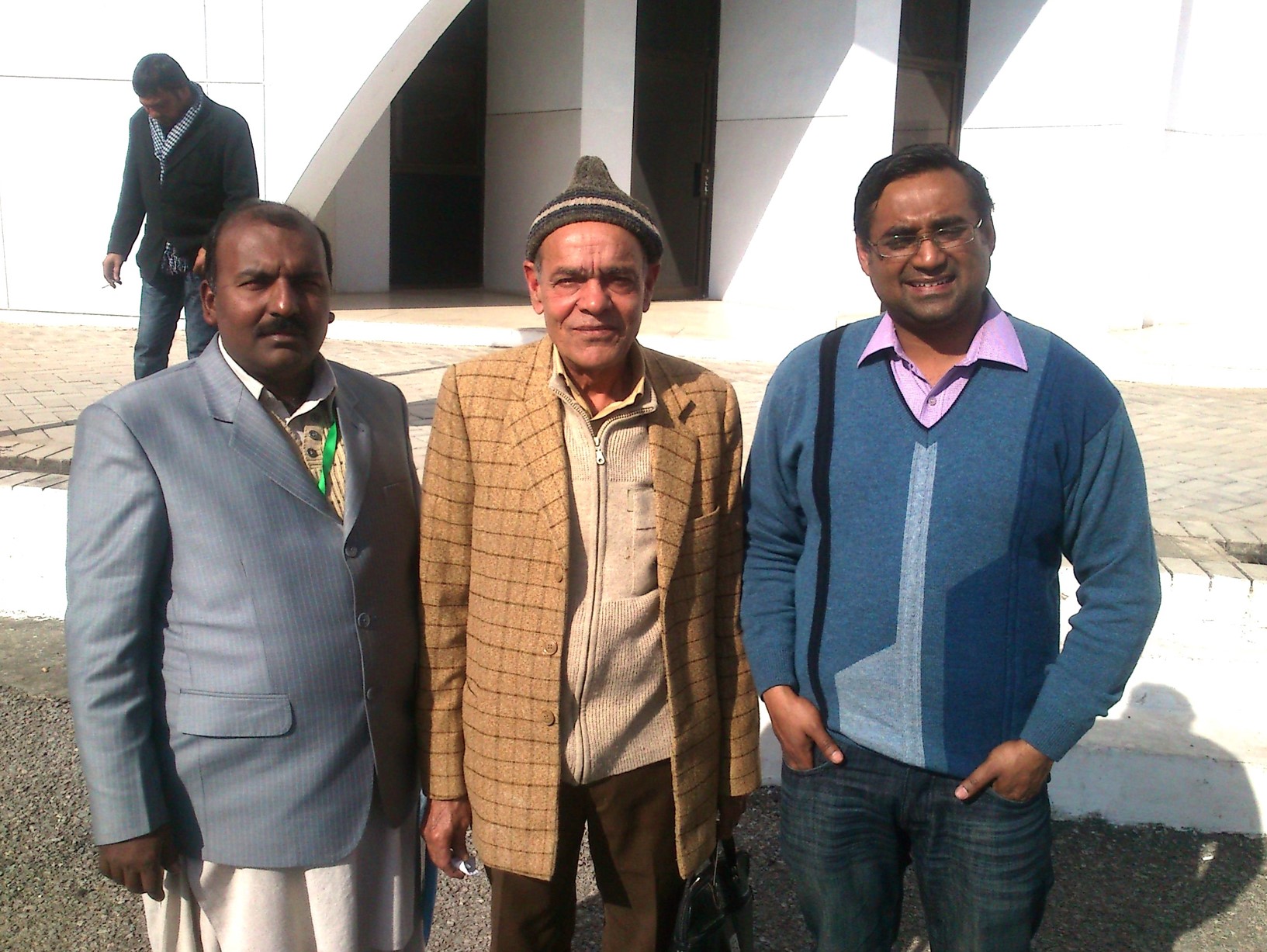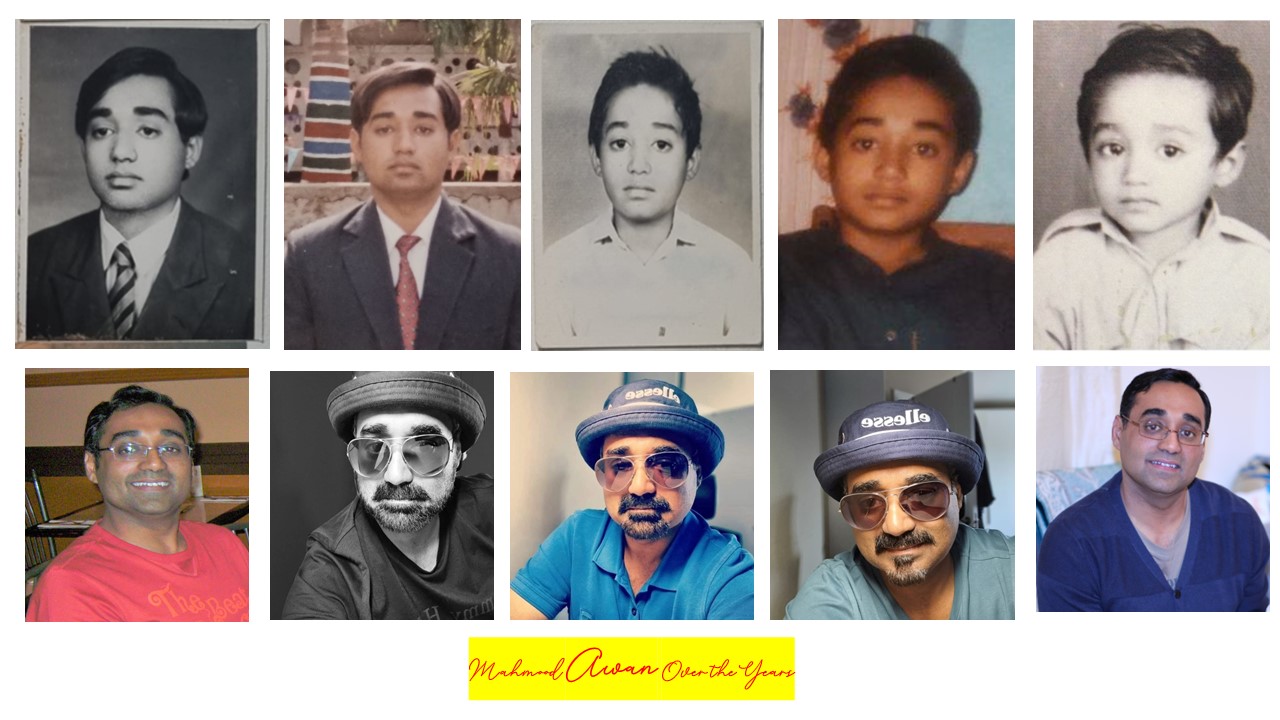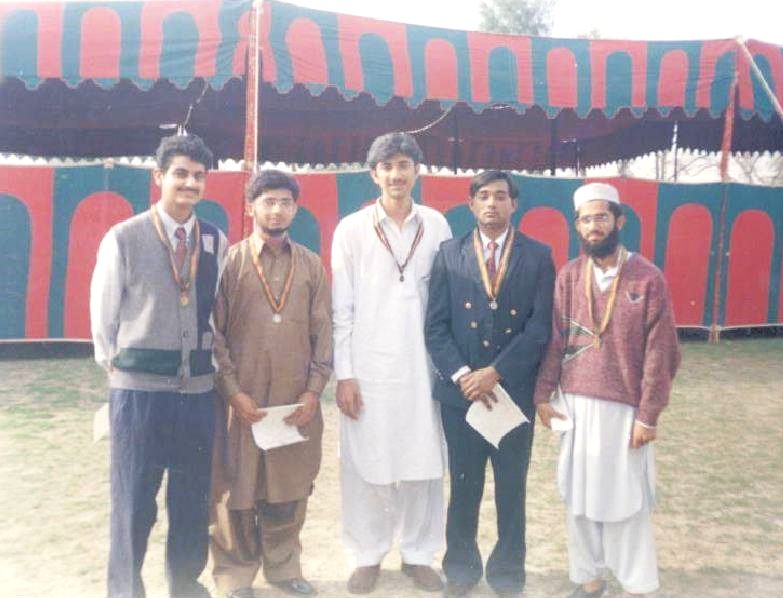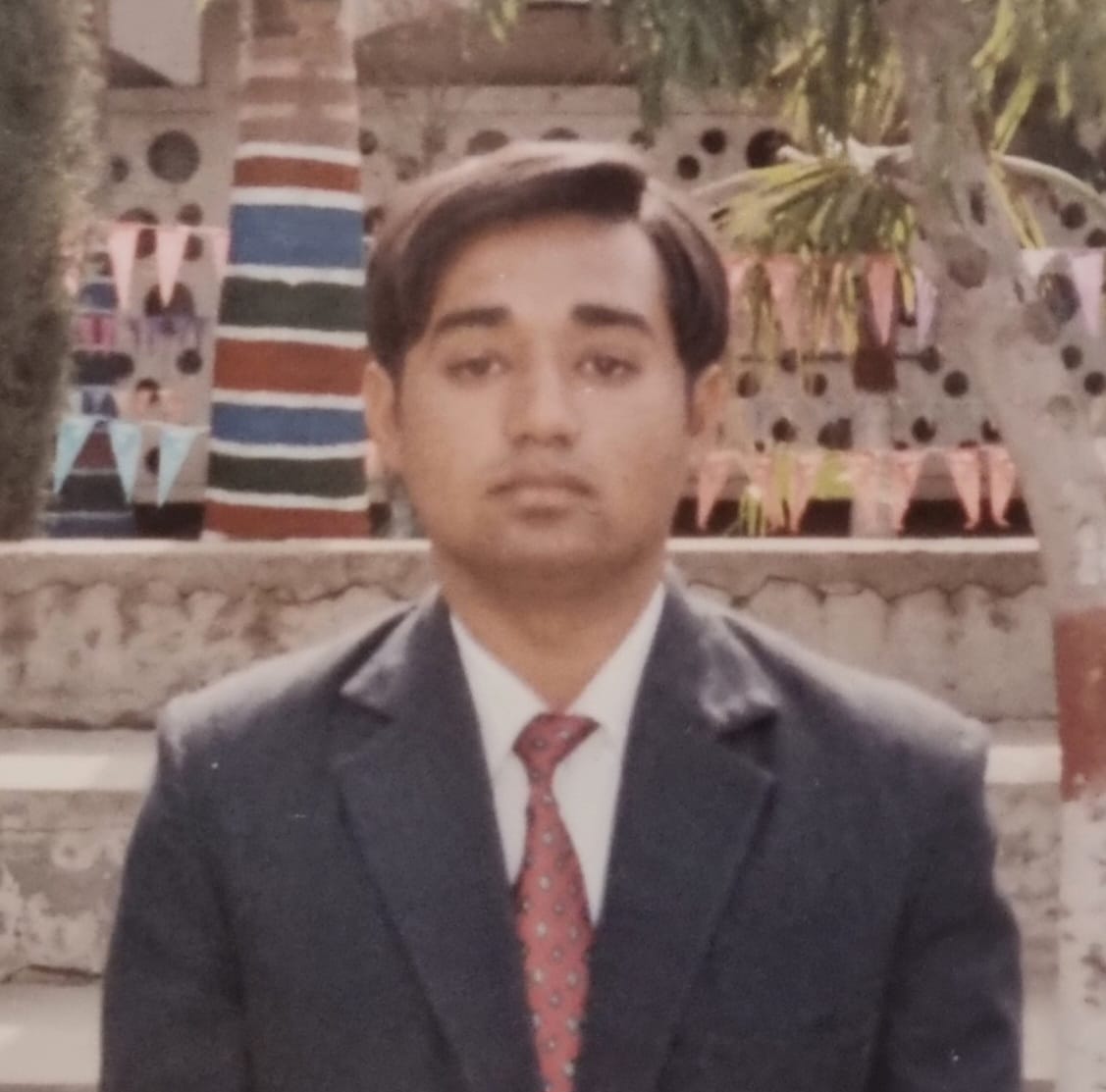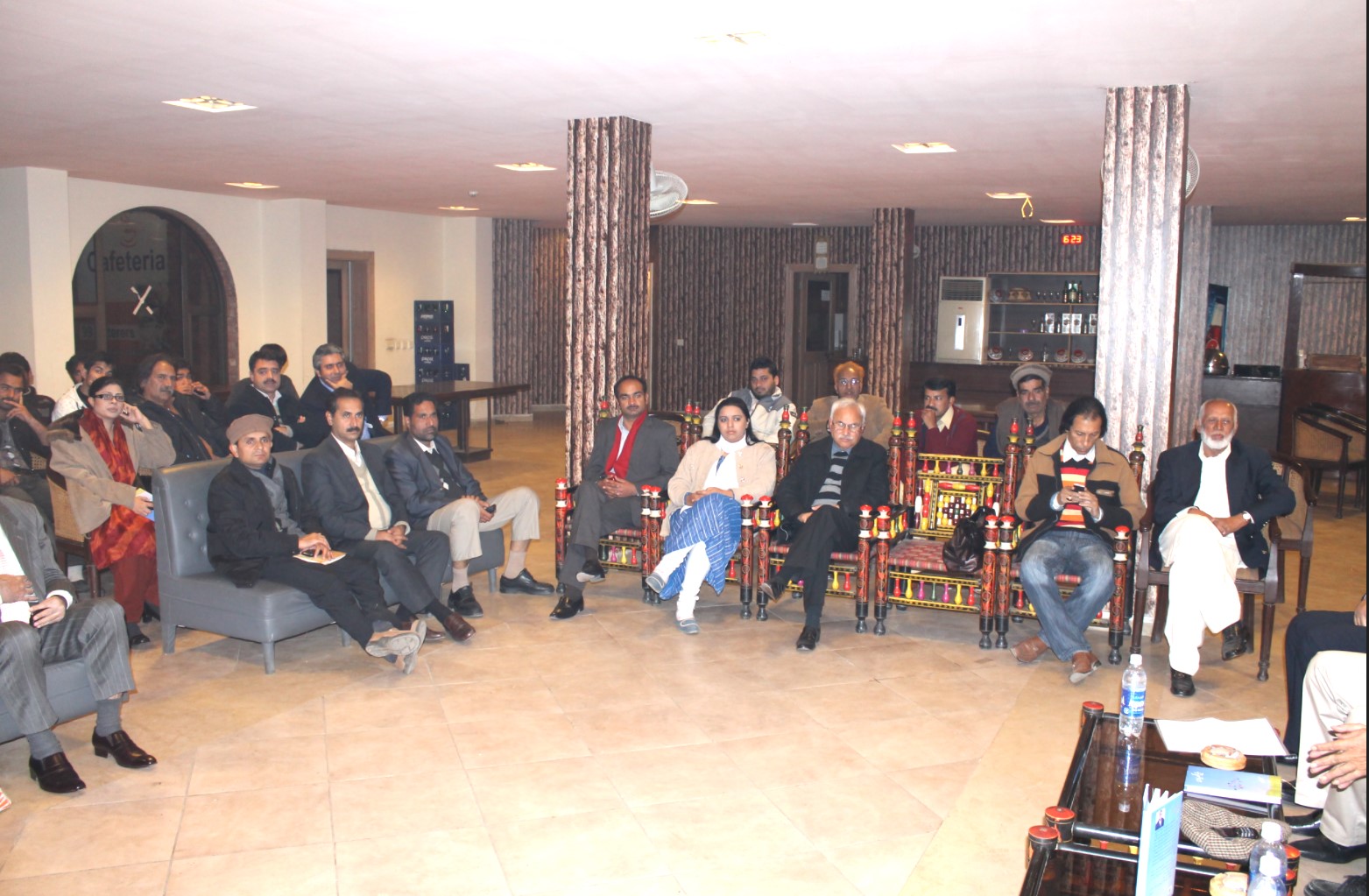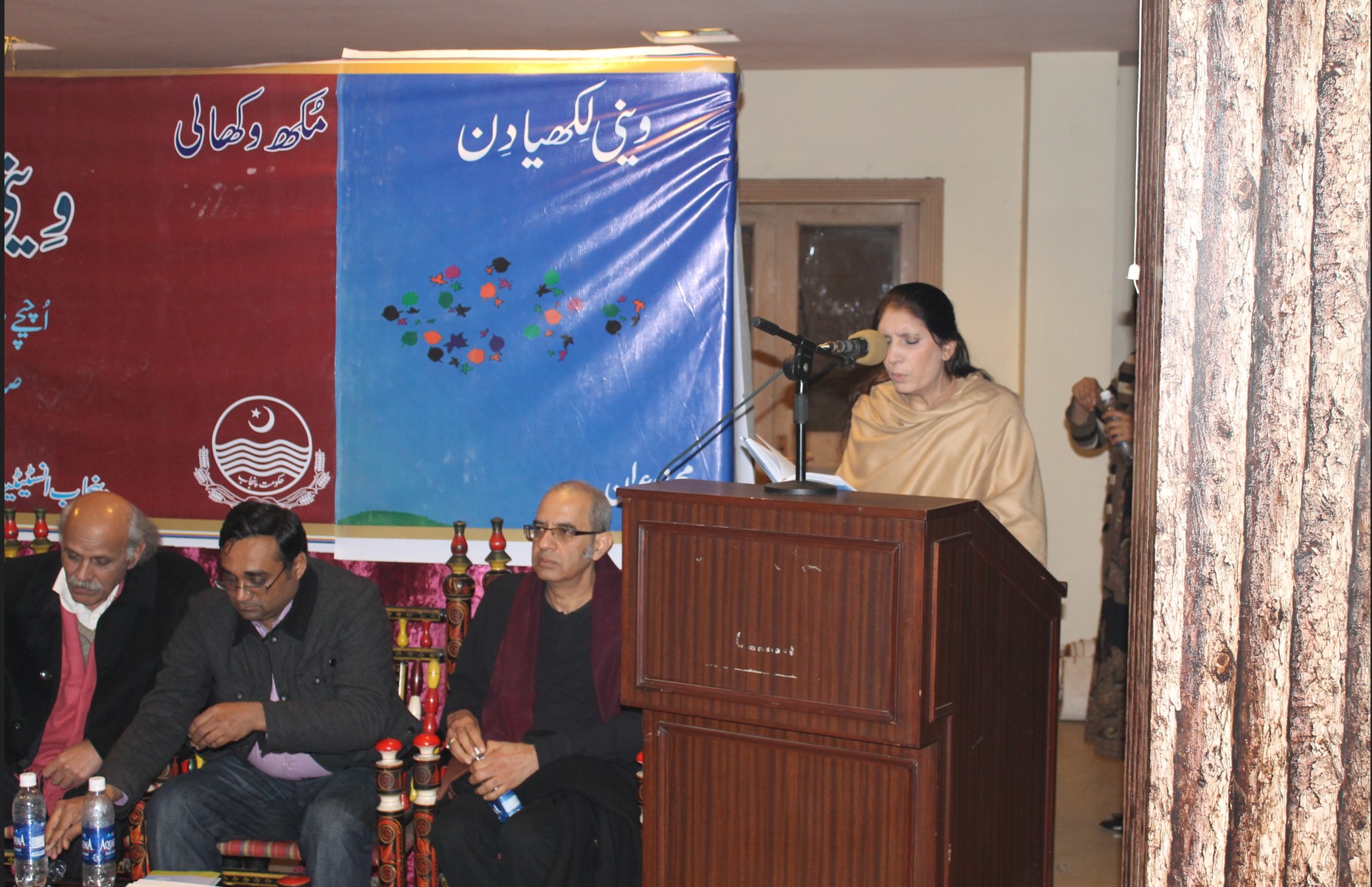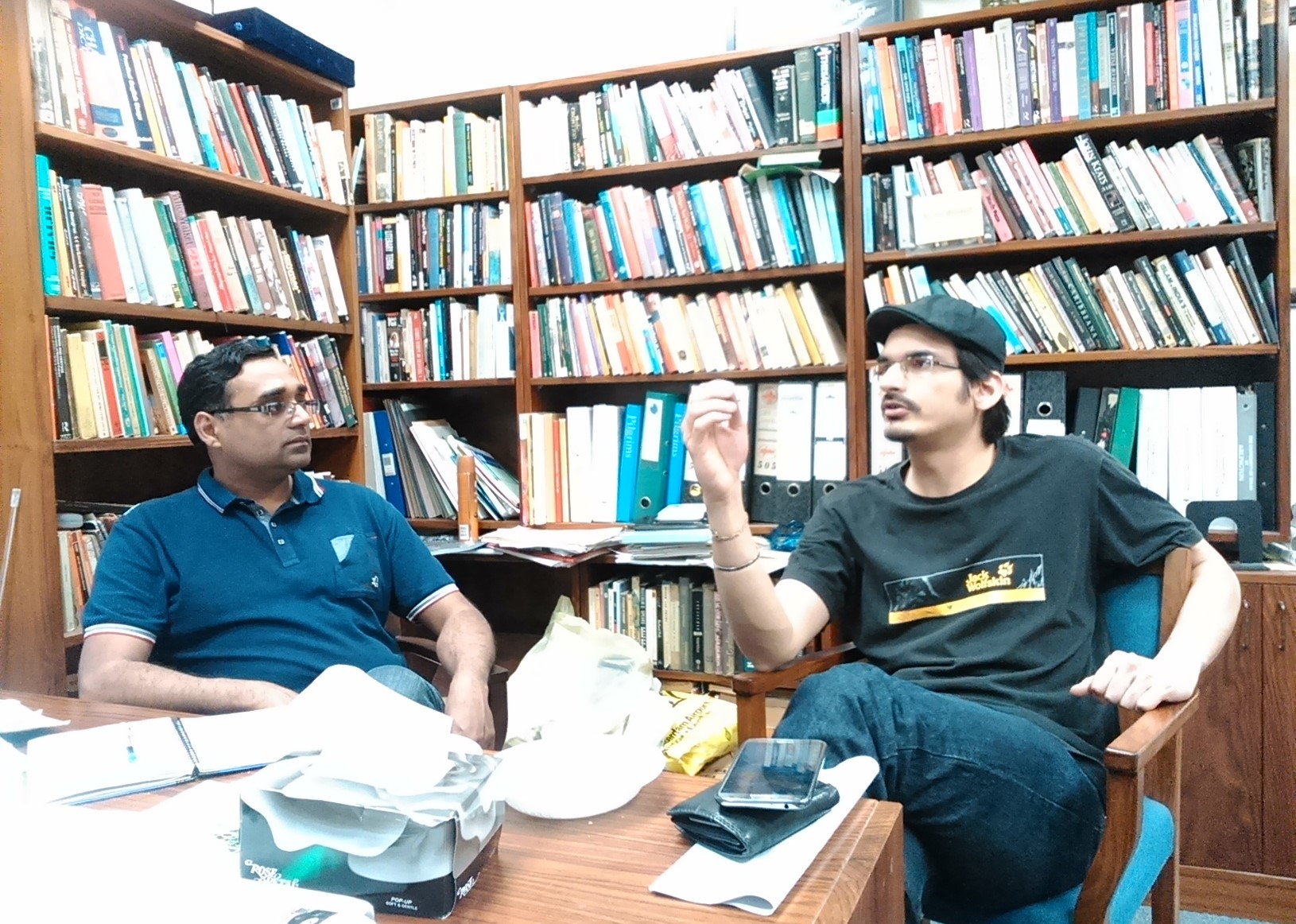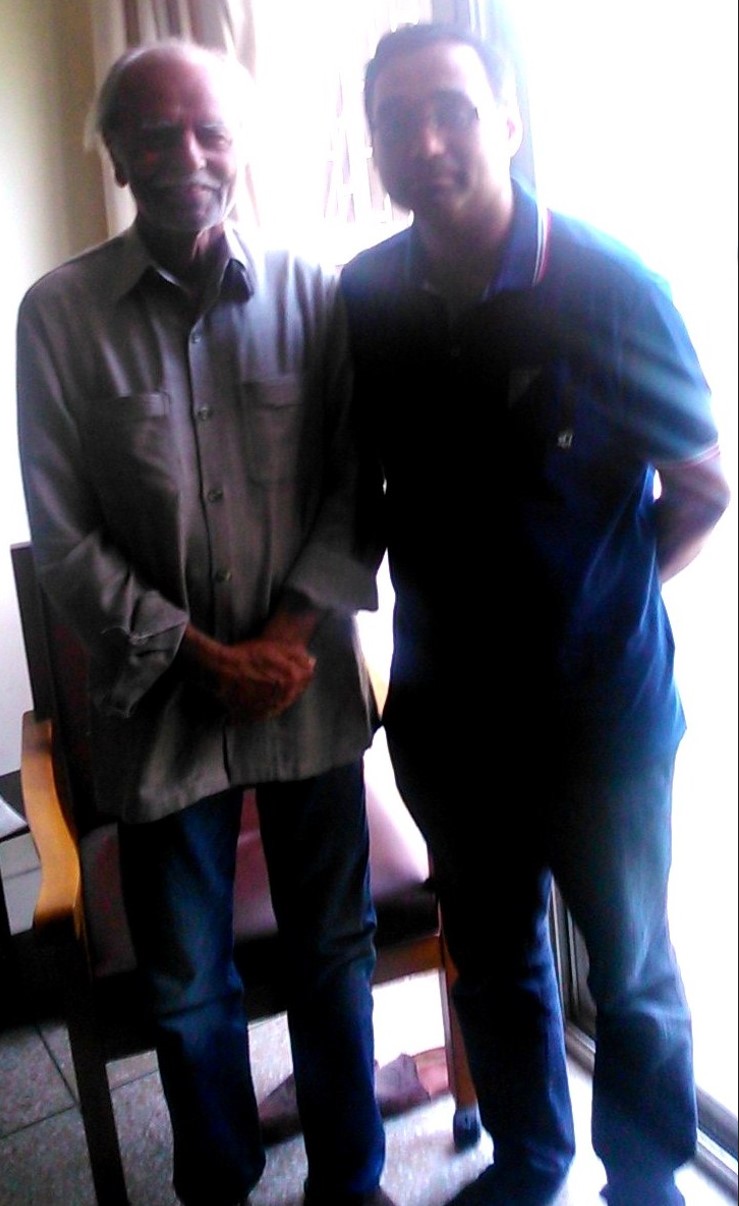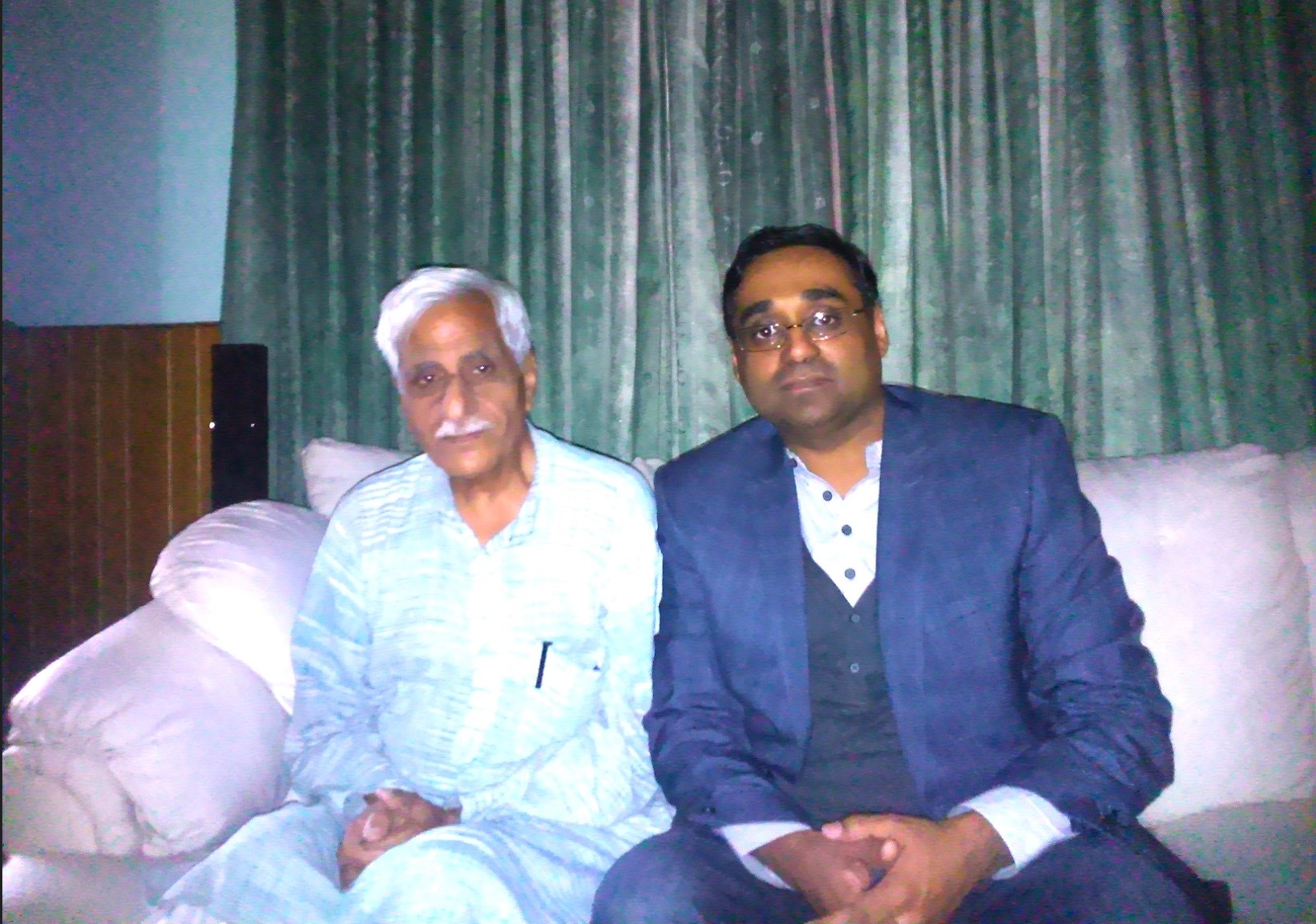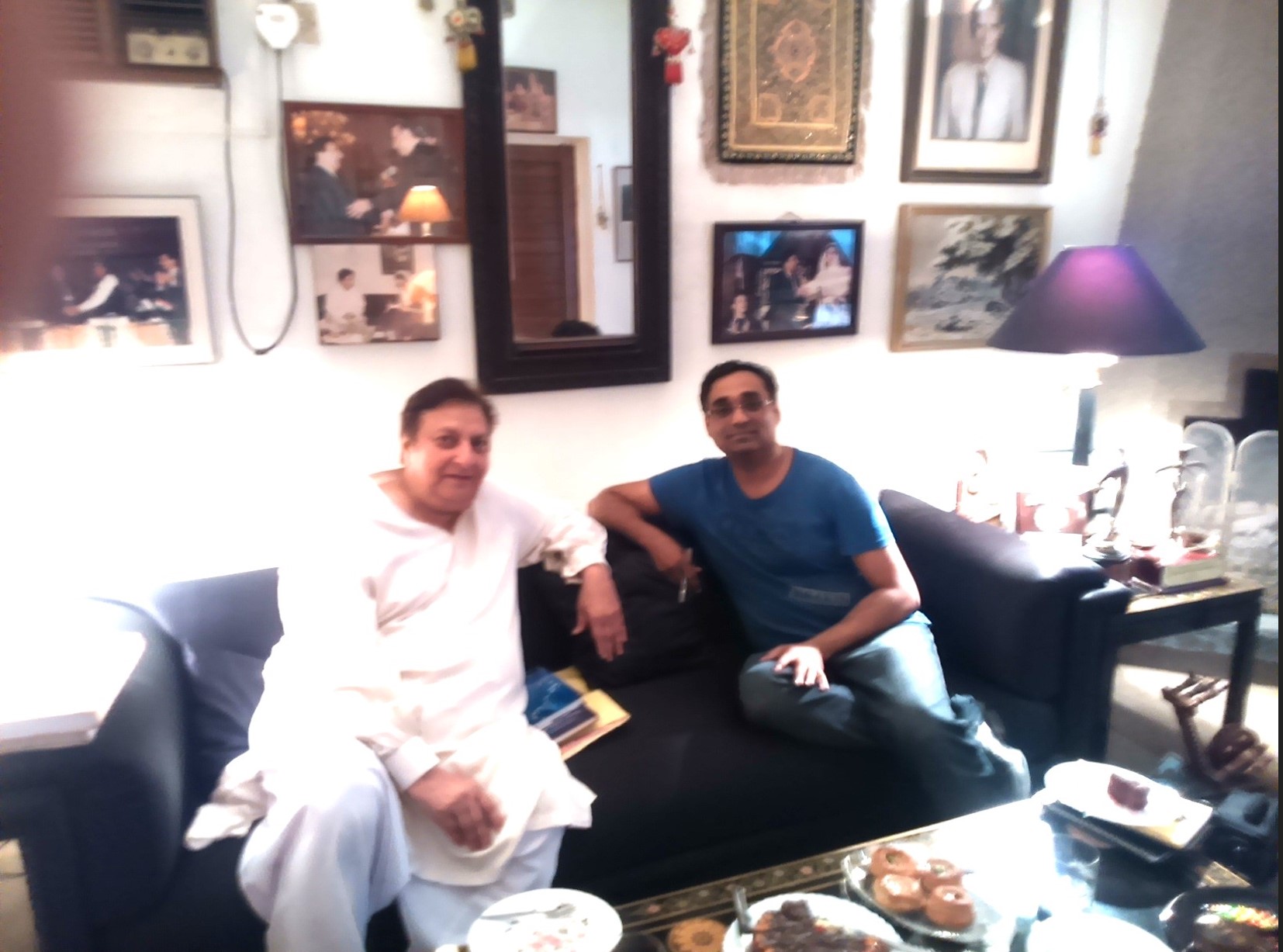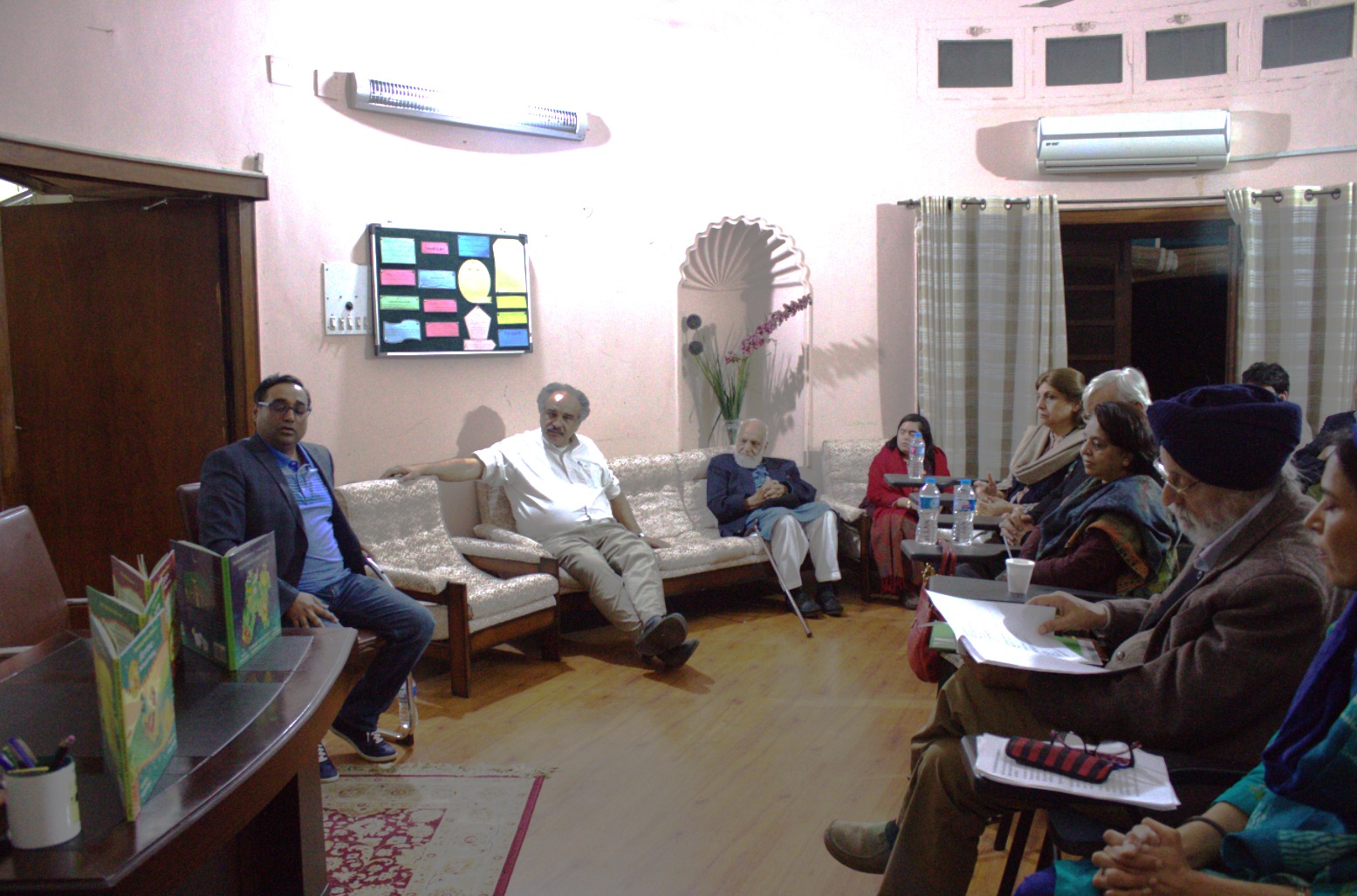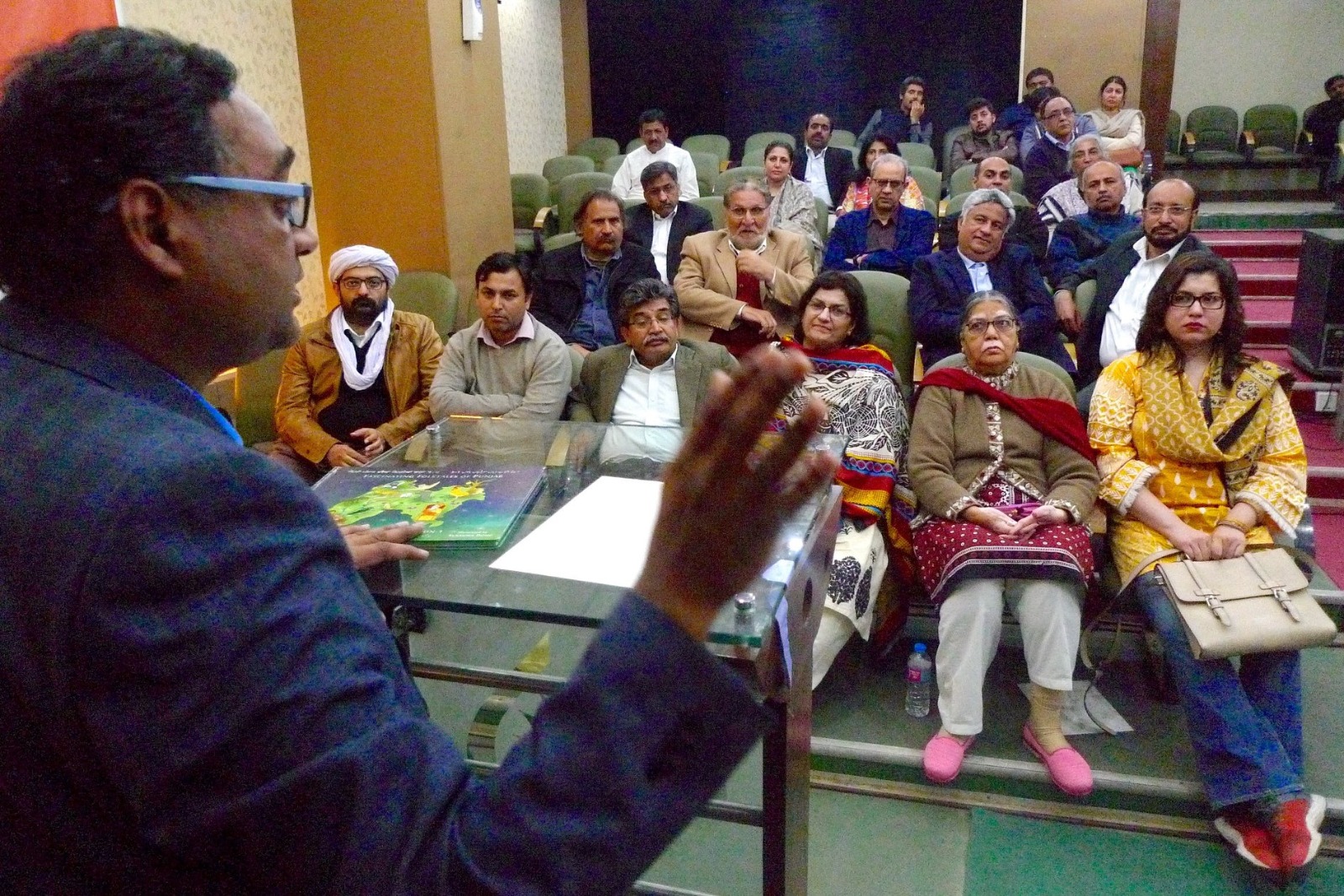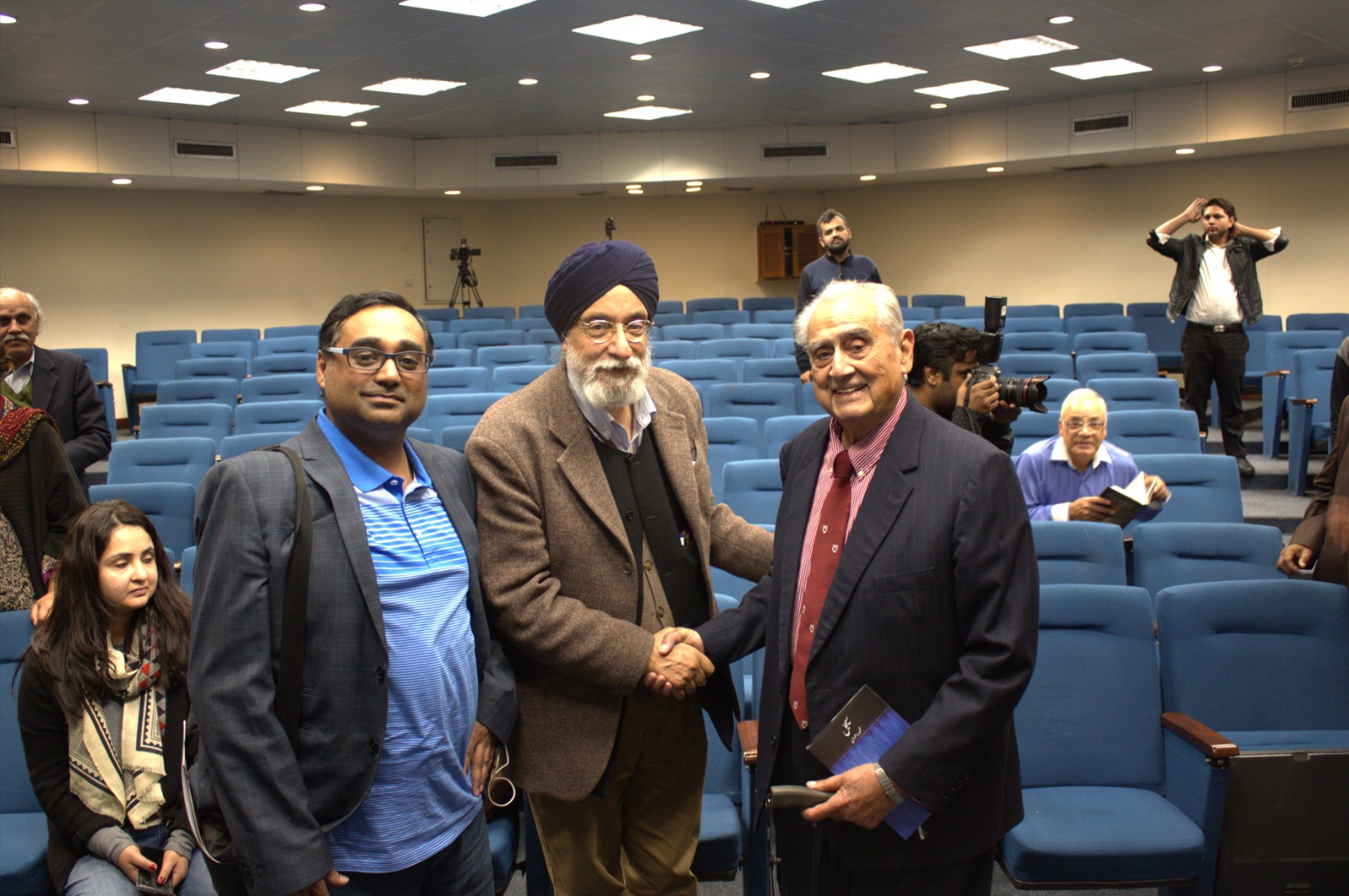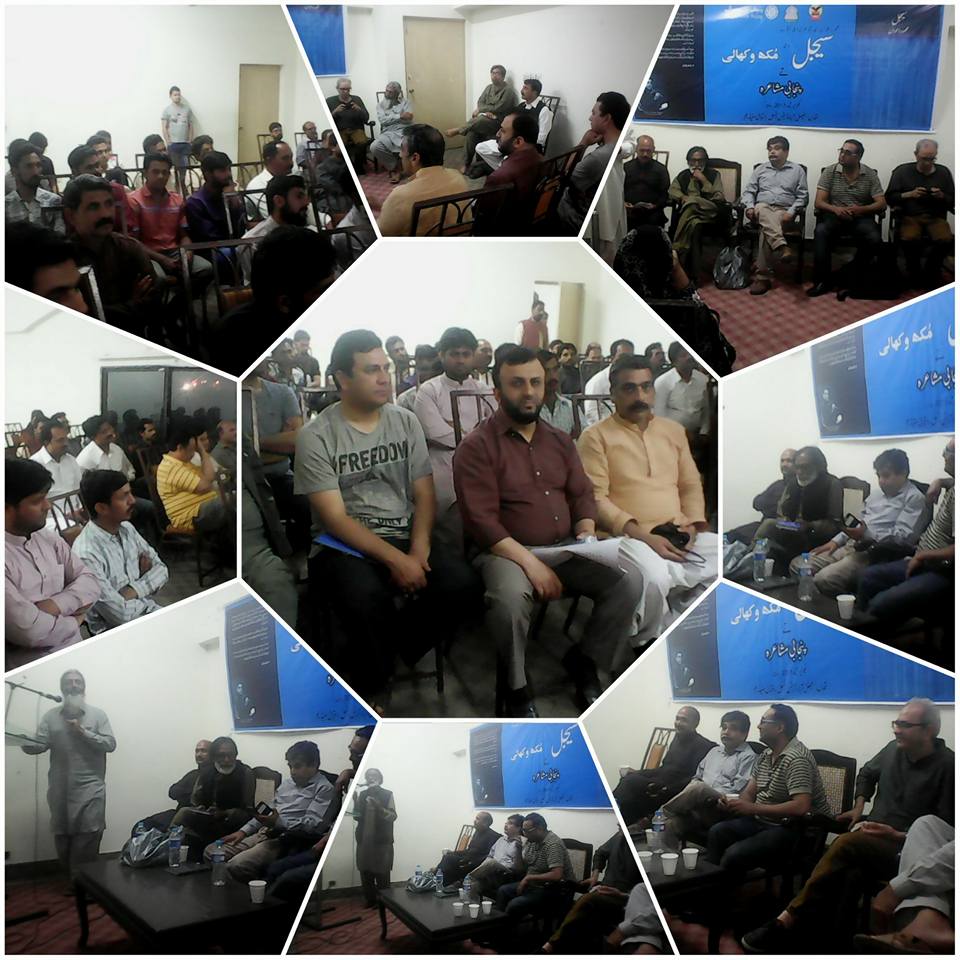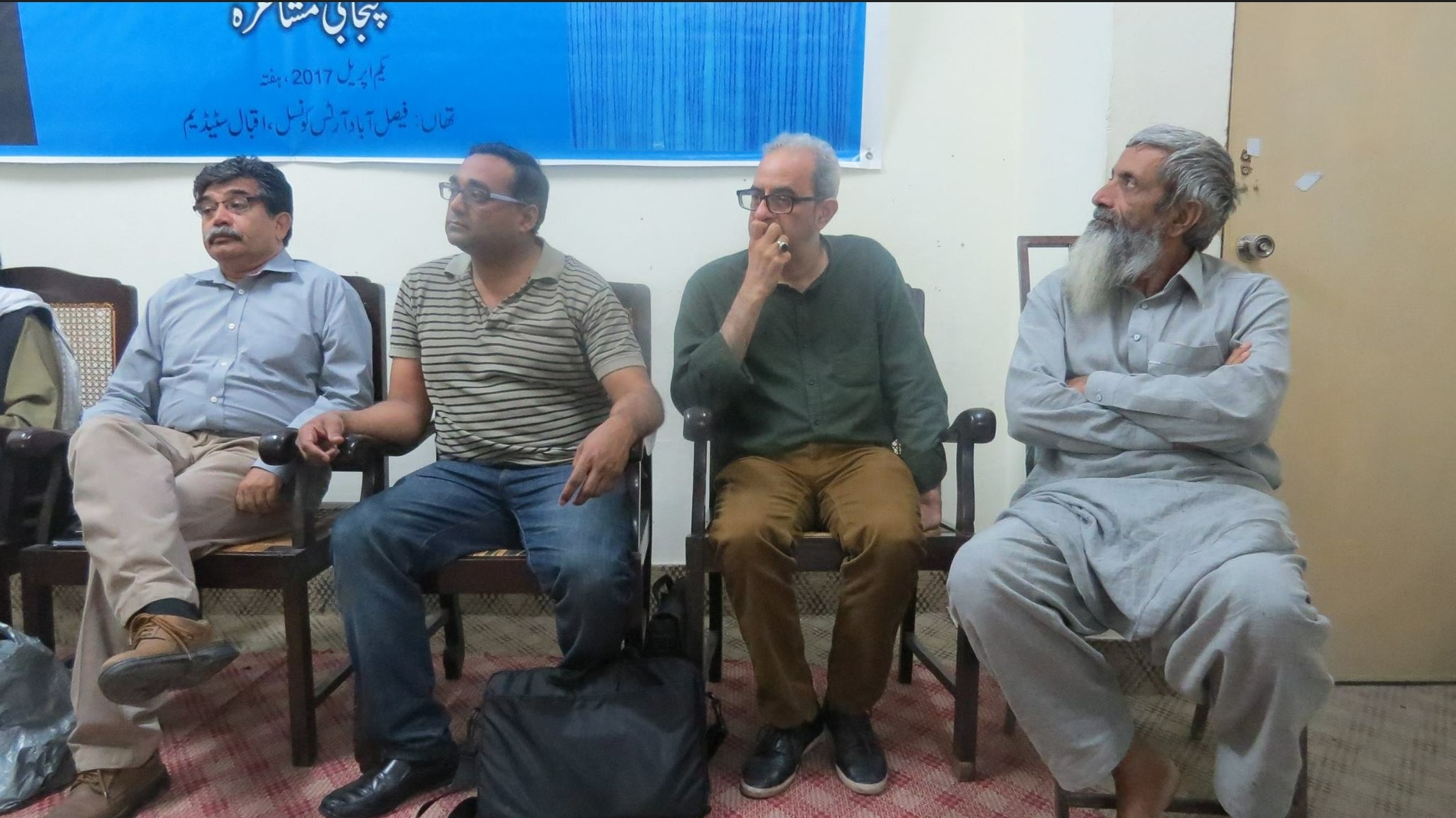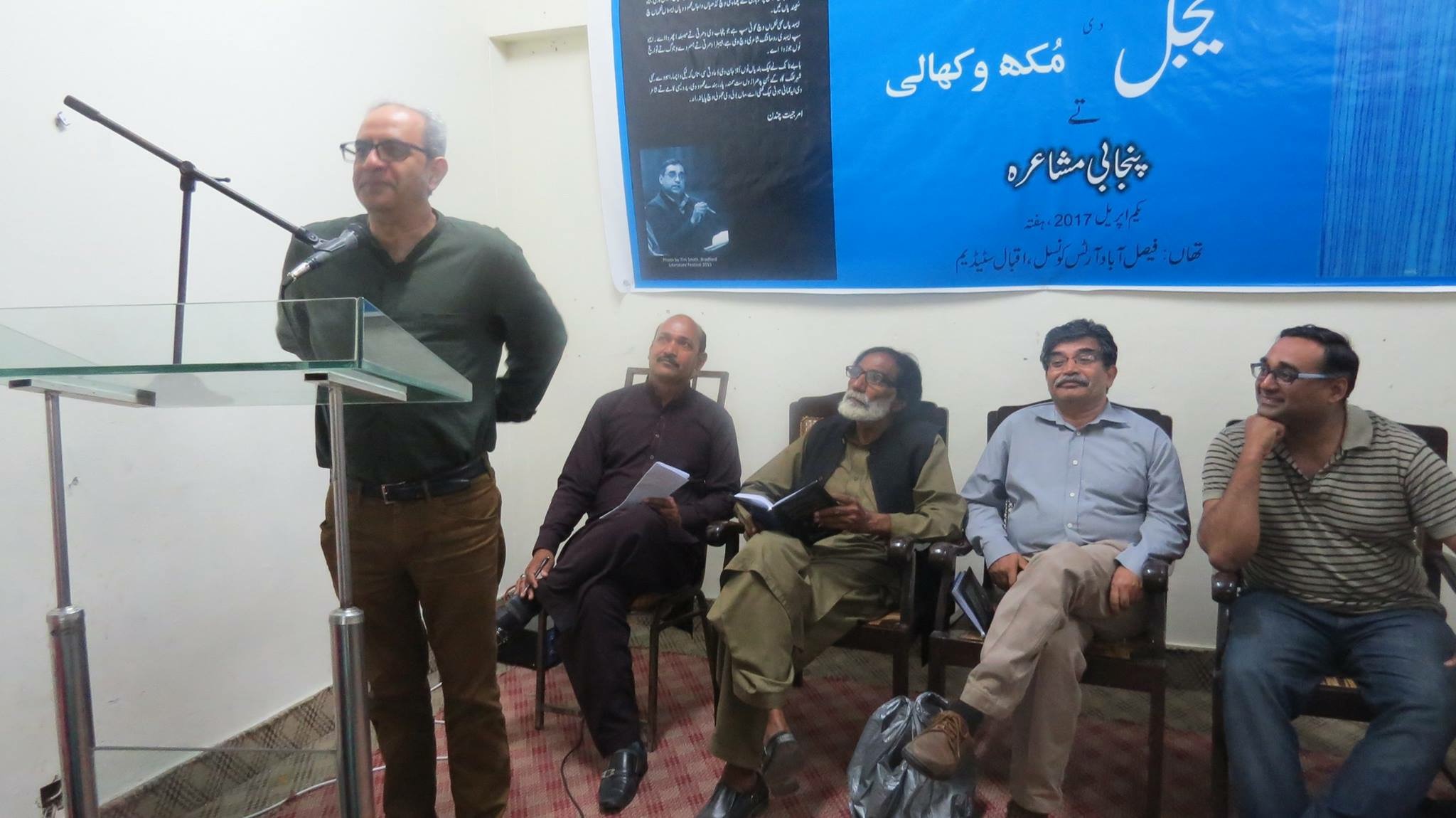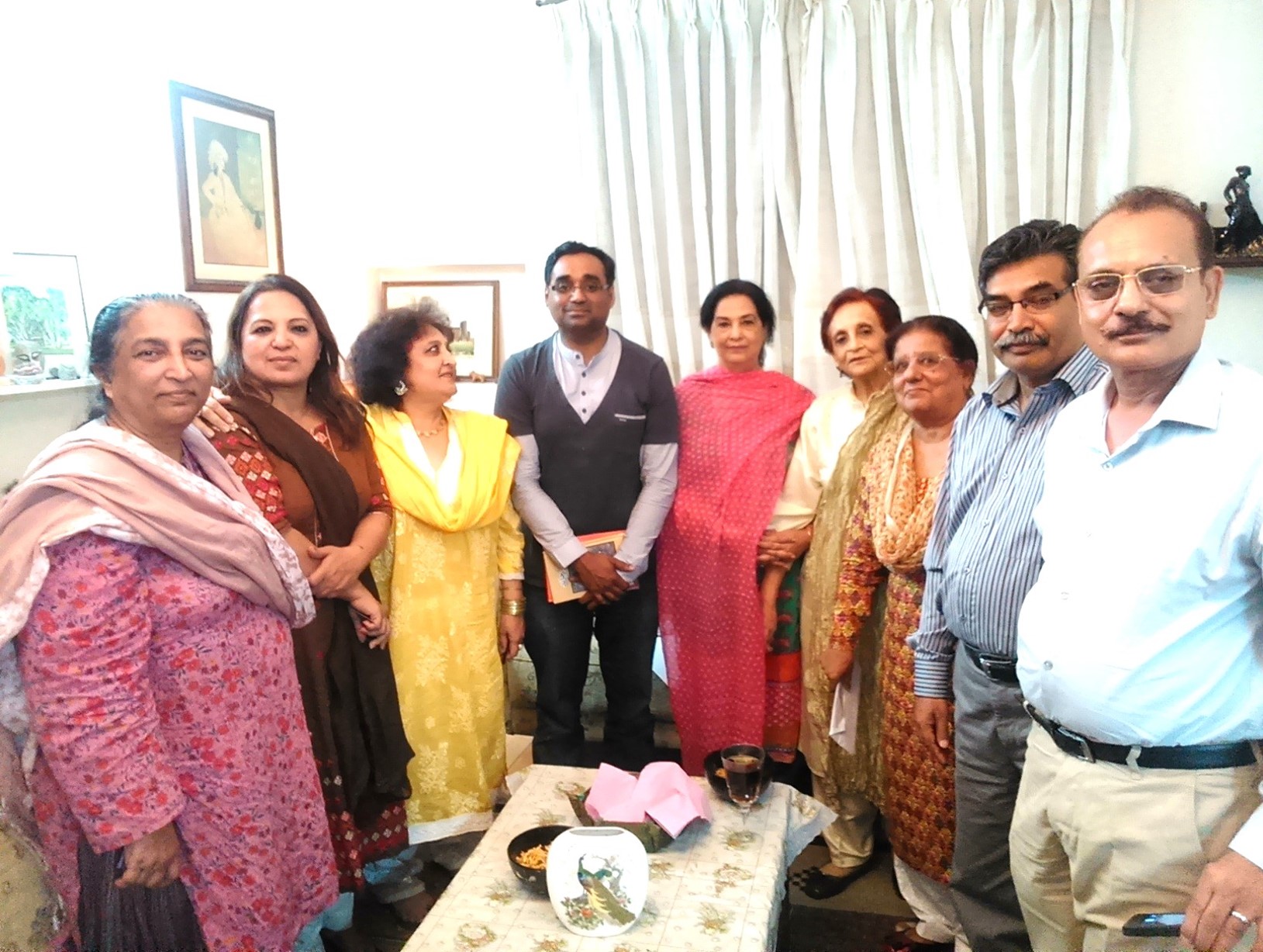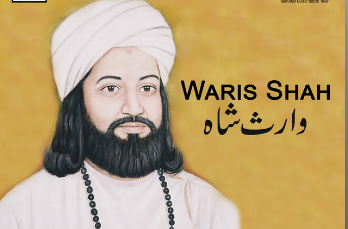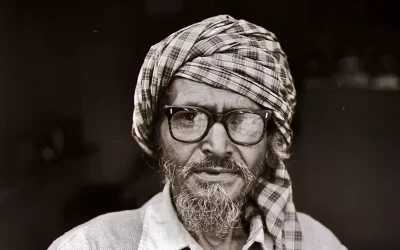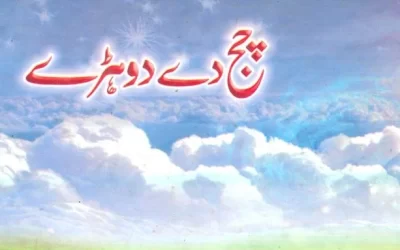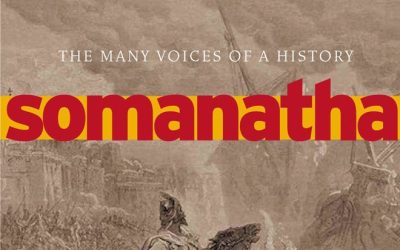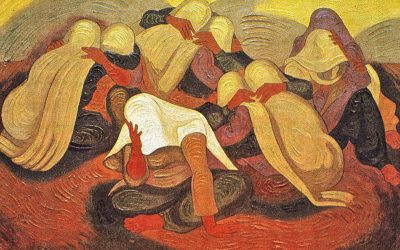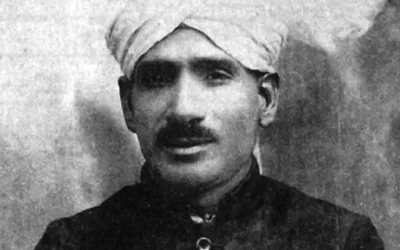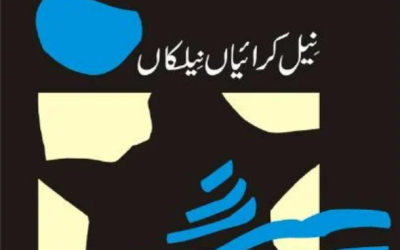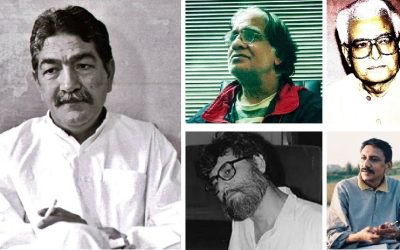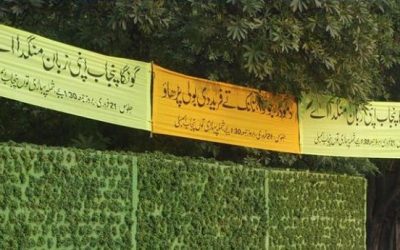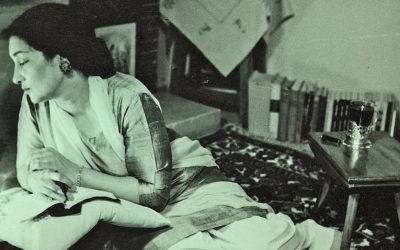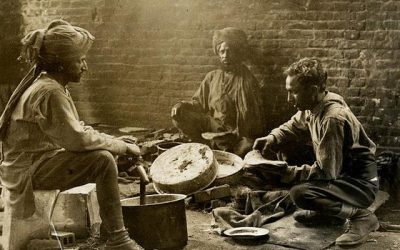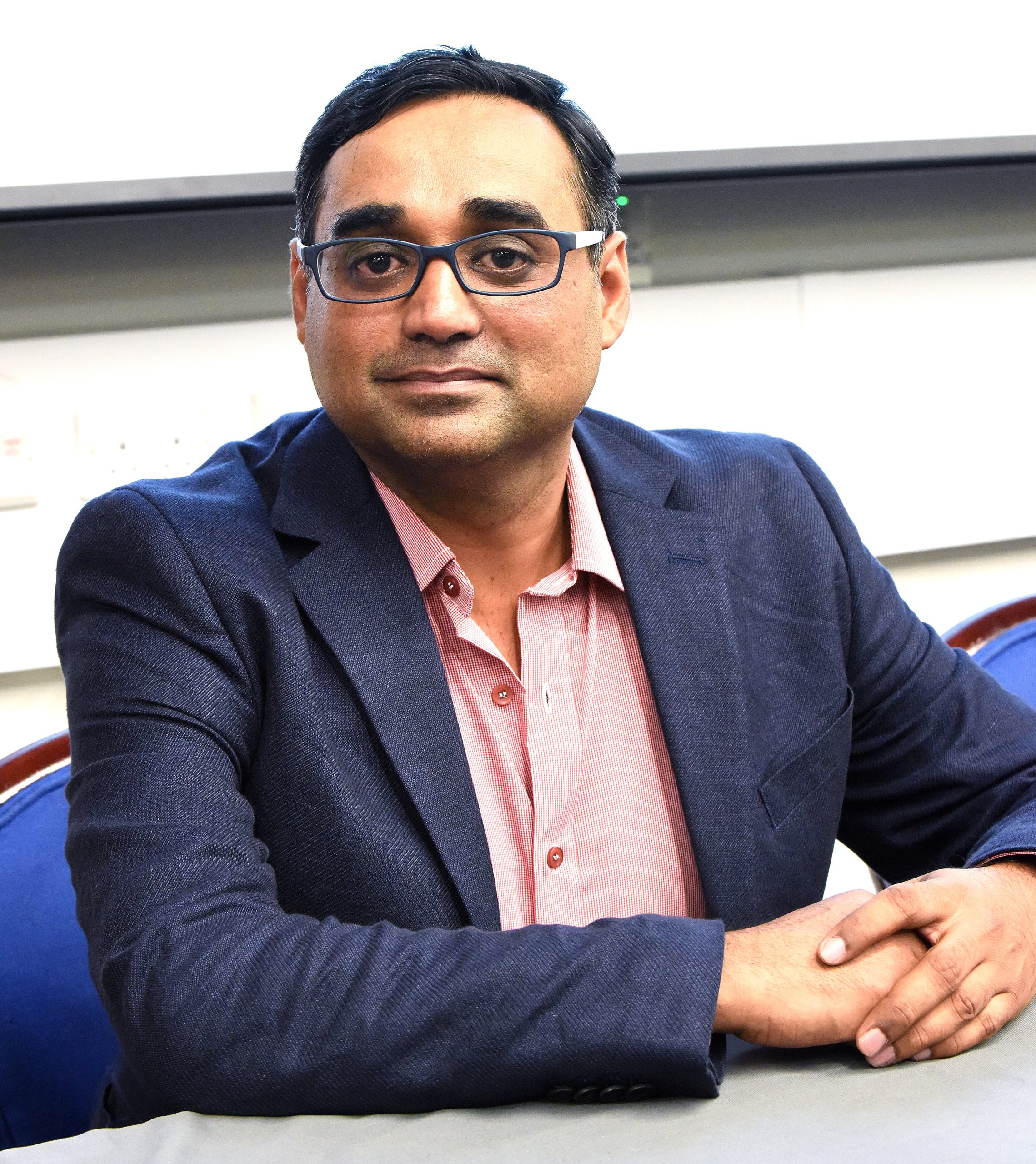Poet & Journalist
Mahmood Awan
Punjabi
Mahmood Awan is a prominent Punjabi poet, essayist, literary critic and The News on Sunday Columnist. He is an award-winning author of three books of Punjabi poetry; Raat Samundar Khed (Let’s play with the night sea; 2002), Veeni Likhia Din (A day etched at her wrist; 2012) and Sejal (Dampness; 2017). He also co-edited a bilingual, tri-scripted (Shahmukhi, Gurmukhi & English) book for Children titled “Fascinating Folktales of Punjab: Undivided Punjab Edition”. Awan was born in Padhrar (Khushab, Pakistan), he pursued his education at Govt. College Sargodha & the University of Engineering and Technology (UET) Lahore, graduating as an Electrical Engineer. Currently, he resides in Dublin, Ireland.
An M.Phil (Post-Graduate; Pre-PhD) degree was awarded for Mahmood Awan’s poetry and literary contributions under a research dissertation titled: “Mahmood Awan di Punjabi Adab nu dain (Mahmood Awan’s contributions to the Punjabi Literature)” by University of the Punjab; Institute of Punjabi and Cultural Studies (Lahore, Pakistan) in 2023. While Awan’s poem Ni Maa’ay ( O’ Mother) is part of the B.SC Punjabi syllabus (4th Semester; Course Code: 2203) at the prestigious Govt. College University (GC) Lahore & also part of the course at my alma mater, University of Sargodha (2nd Semester F-24; Course Code: PUNJ-5104).
Mahmood Awan has emerged as an influential voice advocating for the preservation and promotion of the Punjabi language, literature, and heritage. Awan’s poetry is characterized by its lyrical beauty, depth, philosophical undertones and profound exploration of human emotions, societal issues, cultural nostalgia, and spiritual quest for meaning. His essays critique the sociopolitical marginalization of Punjabi, addressing linguistic and cultural issues with a sharp intellectual lens.
Awan has been featured on numerous television and Radio channels including PTV & BBC. He participated in several International Literature Festivals and University conferences including sessions at Bradford Literature Festival, LUMS, SOAS (University of London), University of Sargodha, Govt. College University, Faisalabad, UET Lahore, SZABIST Islamabad and many others. Awan’s research papers on WW1, Punjab’s military service and Punjabi folklore were extensively quoted in media and international research publications including Cambridge University Press (UK).
Awan is well-versed in Gurmukhi script and his poetry has been part of magazines and poetry anthologies published in East Punjab (India). He translated number of international poets into Punjabi including Heaney, Cavafy, Ritsos, Carlos Drummond, Jaimie Sabeen, Ernesto Cardinal, Josef Hanzlik, Vladmiri Holan, Agha Shahid Ali and others
Beyond his literary contributions, Mahmood Awan is actively involved in promoting Punjabi as a vibrant and vital cultural force. He has worked to bring attention to the challenges faced by Punjabi speakers and writers, especially in regions where Punjabi is not given its due recognition.
Living in the diaspora, Awan bridges the gap between Punjabi communities around the world and their cultural roots. His work resonates with Punjabis living outside their homeland, offering them a sense of connection and identity. His literary activism inspires younger generations to embrace their linguistic heritage and recognize the richness of Punjabi literature & culture.
Publications
BOOKS
Raat Samundar Khed
Punjabi Poems, 2002
Sejal
Punjabi Poems, 2017
Veeni Likhia Din
Punjabi Poems, 2012
Fascinating Folktales of Punjab
Shahmukhi Editor, 2018
M.PhIL Thesis
Mahmood Awan’s Literary Contributions
Punjab University, Lahore, 2023
Videos: TV, Radio & Seminars
INTERVIEWS
Interview about Veeni Likhia Din
Interview, 2012
Interview about Sejal
Sejal Book Launch Interview, 2017
Interview at PTV about Heer Waris
PTV, 2017
Interview with Kay2 TV
K2 TV, 2016
Interview with Urdu Point
Urdu Point, 2020
My Writings
Columns, Essays and Feature Articles
Waris Shah:The Fearless Poet (Part 2)
Mahmood Awan continues his exploration of Heer Waris Shah and delves into the verses which were considered too erotic and were not published by some editors. Part 2 of the 250th Year of Heer Waris Shah.
250 Years of Heer Waris Shah (Part 1)
Mahmood Awan explains the magic of the epic of Heer Waris Shah as written and rewritten for over two centuries and how some poets manufactured and added in their verses to make it an Asli tay Waddi Heer
Lal Singh Dil: The Tragic Poet
Lal Singh Dil’s poetry has the power to connect both the Punjabs, and all Punjabis to their shared grievous land
Poetry of rural Punjab
A critical overview of the captivating, romantic and inimitable poetic genres especially from Lahnda Punjab
Somanatha: Mahmud Ghaznavi & Politics of reconstructed memory
Romila Thapar debunks the socially-accepted belief that Muslims and Hindus were always antagonistic to each other, beginning with the Muslim arrival in India
Partition of the Punjab (Part 1)
Muslims and Hindus-Sikhs were never fully integrated as one Punjabi nation but they had found a way to co-exist peacefully. Then what really happened?
A case of Punjabi nationalism
Whenever we raise the issue of Punjabi language, Seraiki separatism jumps in to dilute the whole struggle of mother tongue rights. Our friends from South are free to name the language of entire Punjab as Seraiki and help us get it implemented in the province
Nasreen Bhatti: The Rebel Stylist (Part: 1)
One of the most gifted poets of our time, Nasreen Anjum Bhatti stands tall among all the women Punjabi poets of her generation
Punjab’s lost generation
A recollection of Anwar Chaudhary brings all those wanderers and post-partition Punjabis to mind who grew up with high hopes of a just society
In the name of Punjabiyyat
Every year’s Mother Language Day reminds us of the linguistic brutality and suppression of the state against Punjabi
The feminine metaphor
Recounting the women poets of the undivided Punjab, a poetic history that lies buried under male monopoly
WW1: Not their War (Part 2)
As WW1 centenary commemorations end, here’s the second and last part about the unique insight this war provided into colonial duplicity and local suffering, and the Punjabi folk lore it generated

